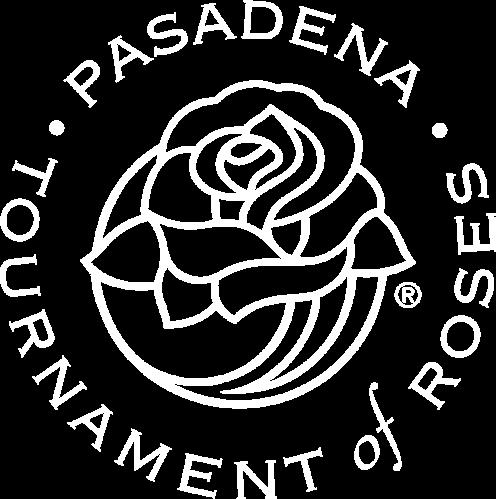
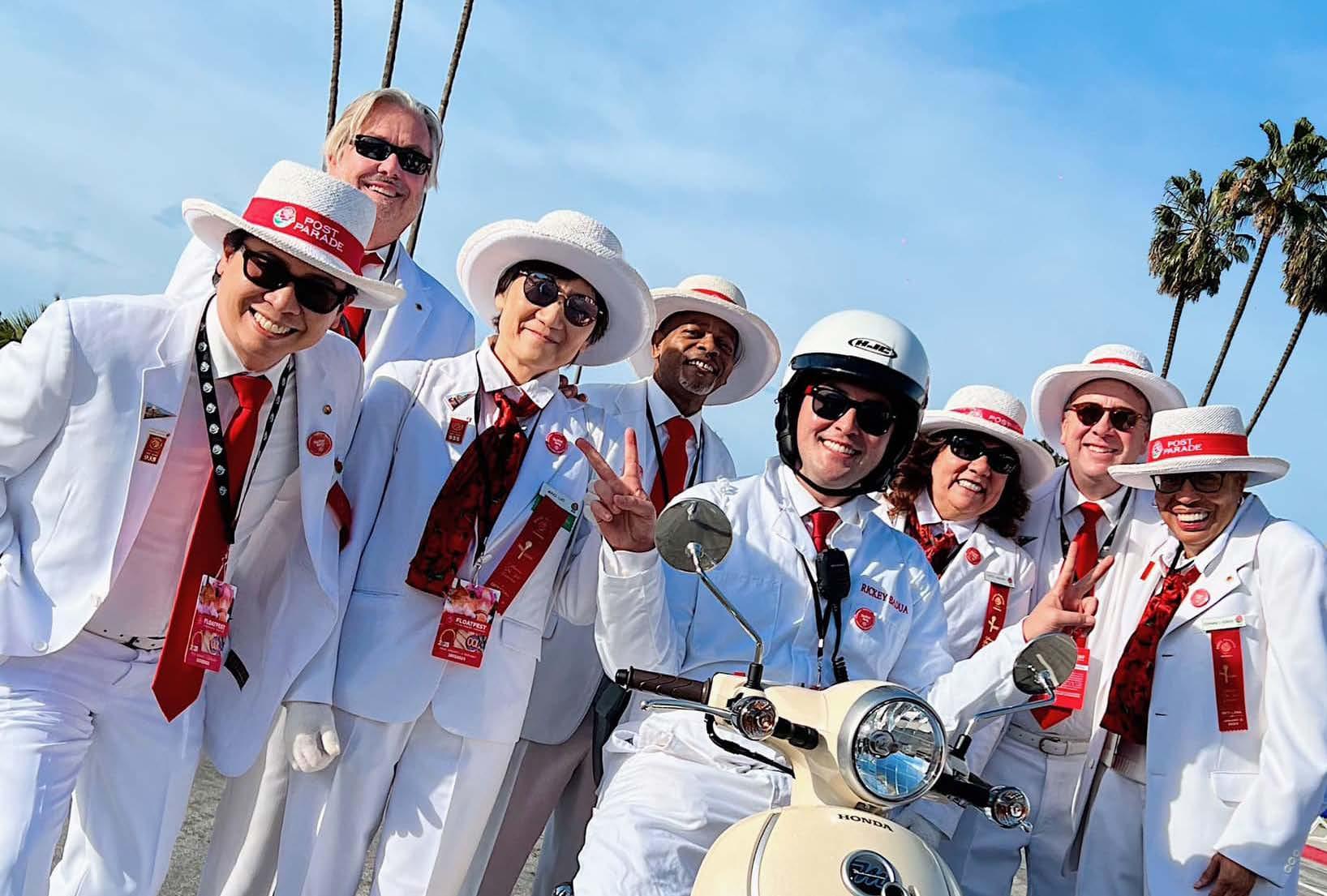
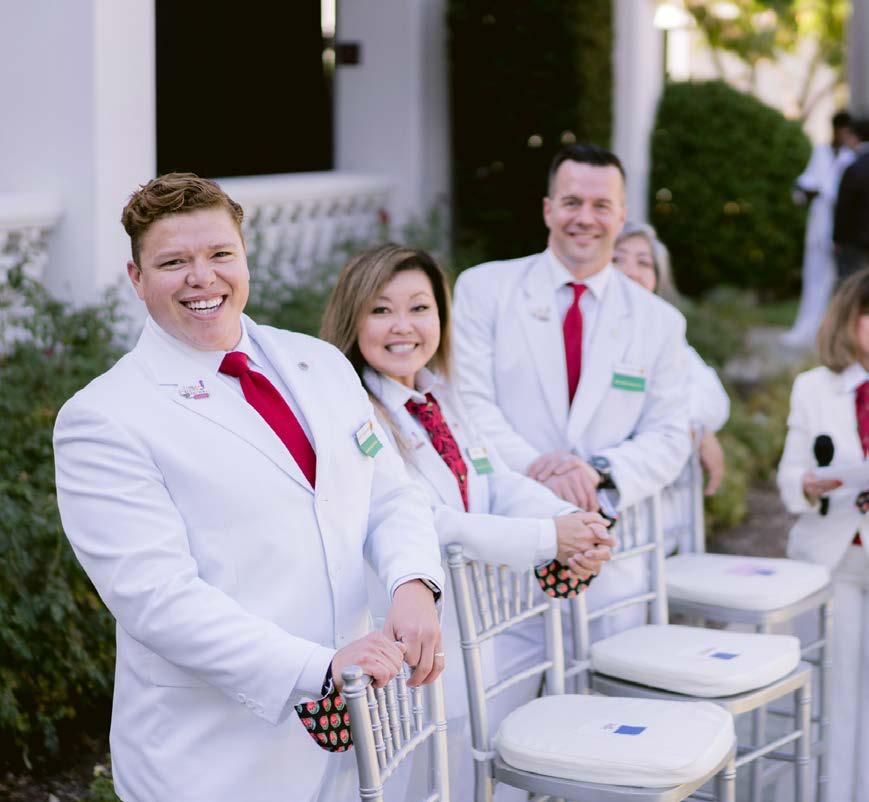
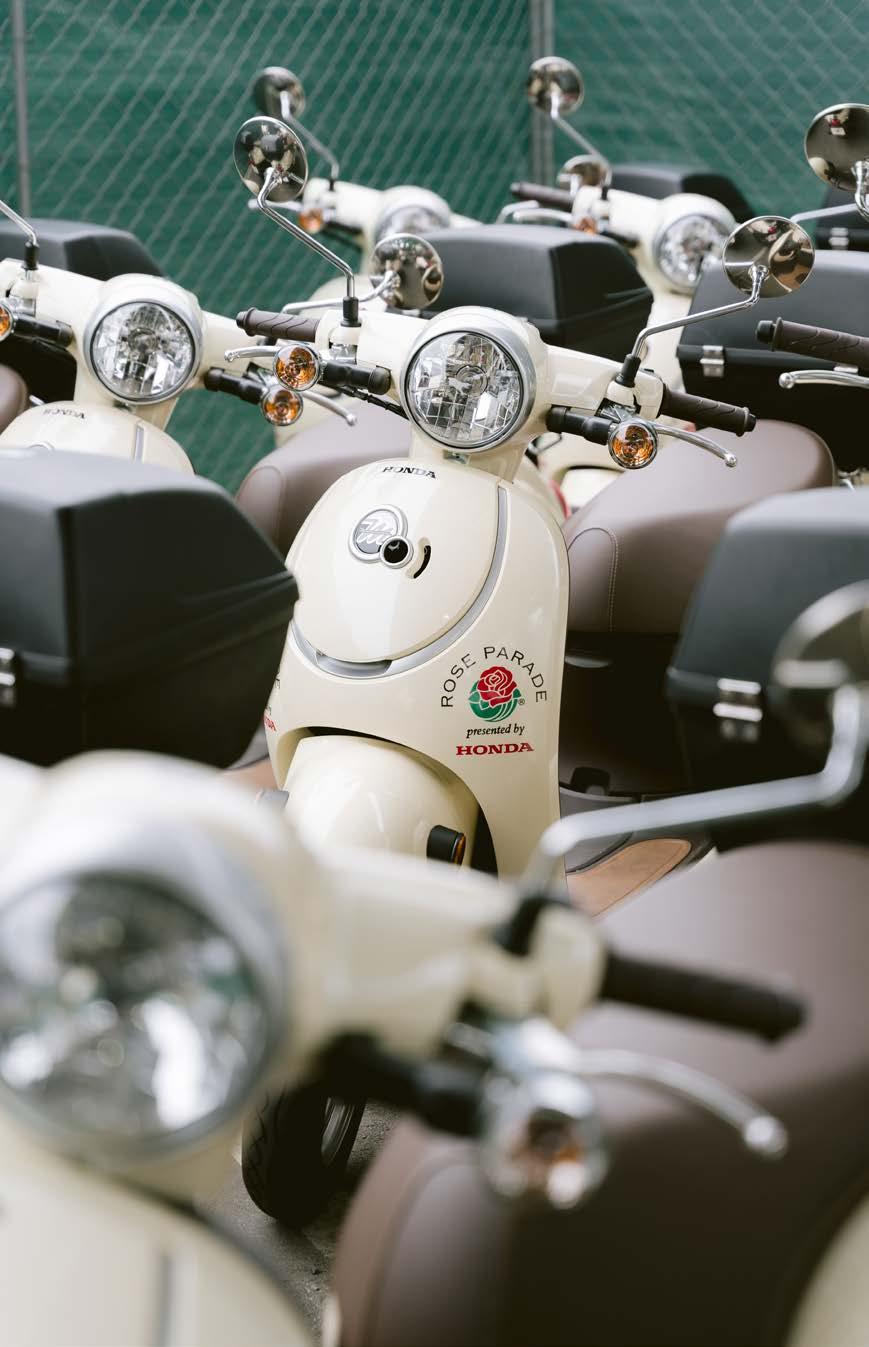
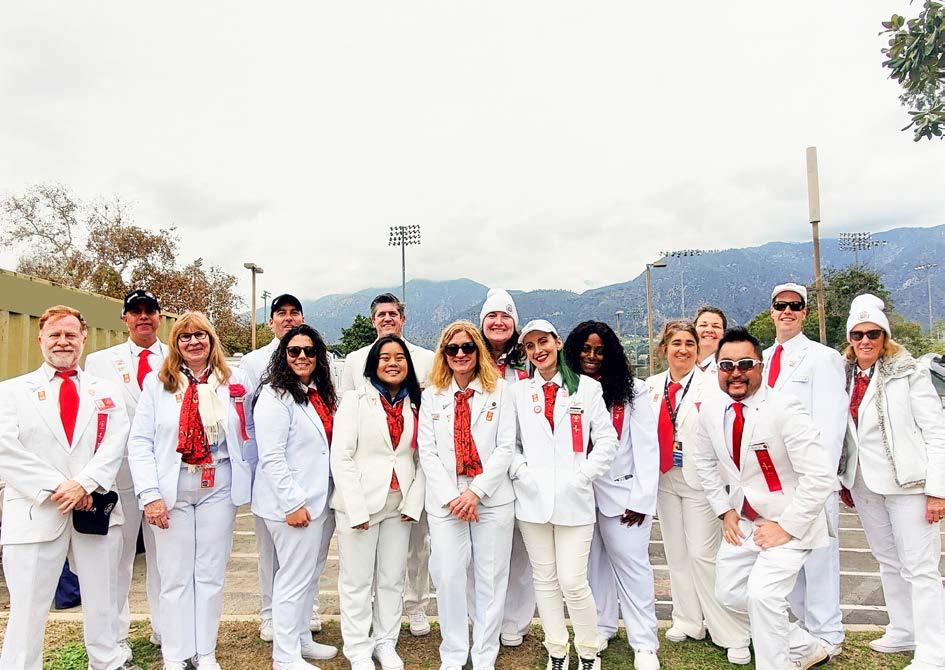
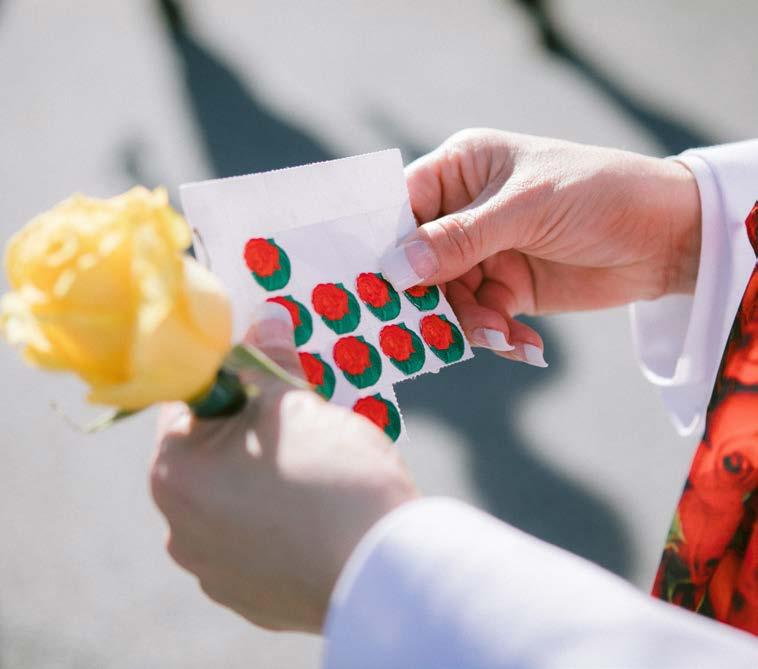
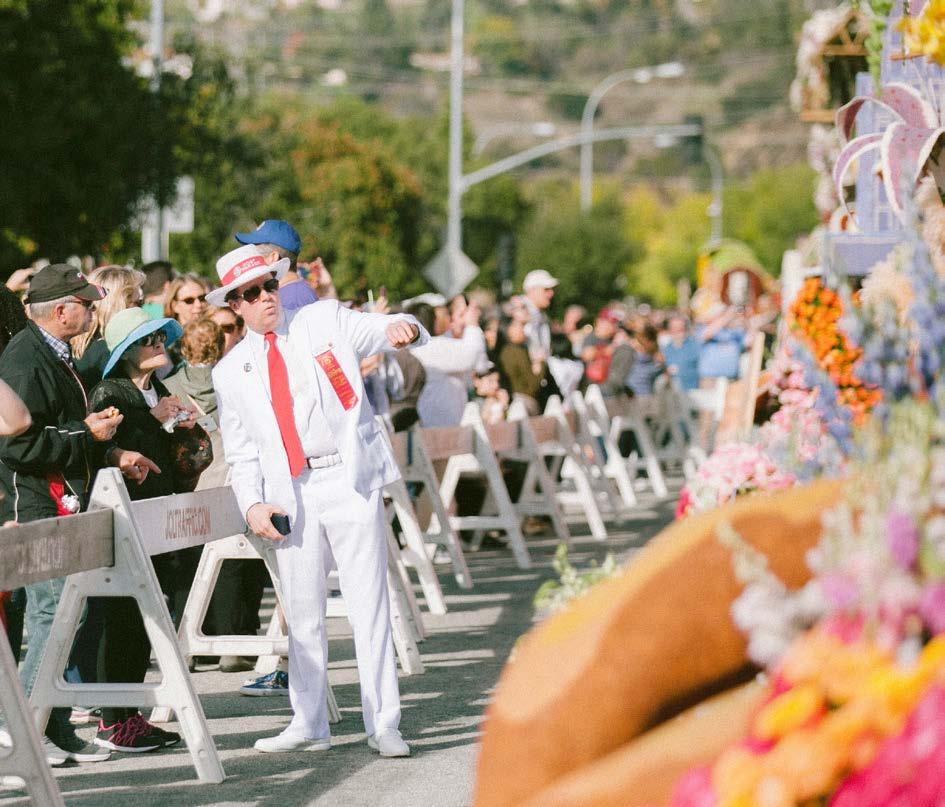
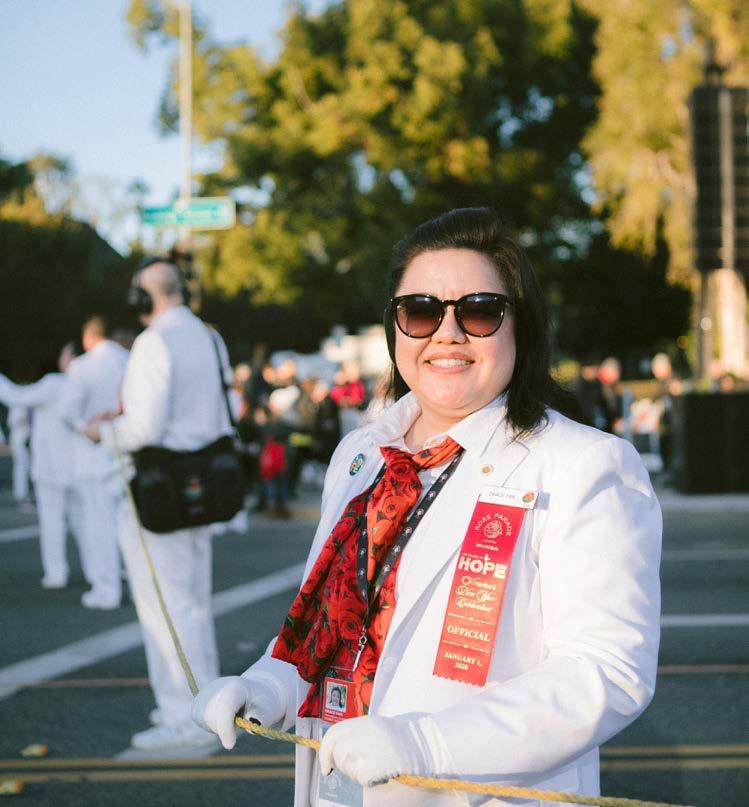

i MEMBER HANDBOOK
PASADENA TOURNAMENT OF ROSES ASSOCIATION
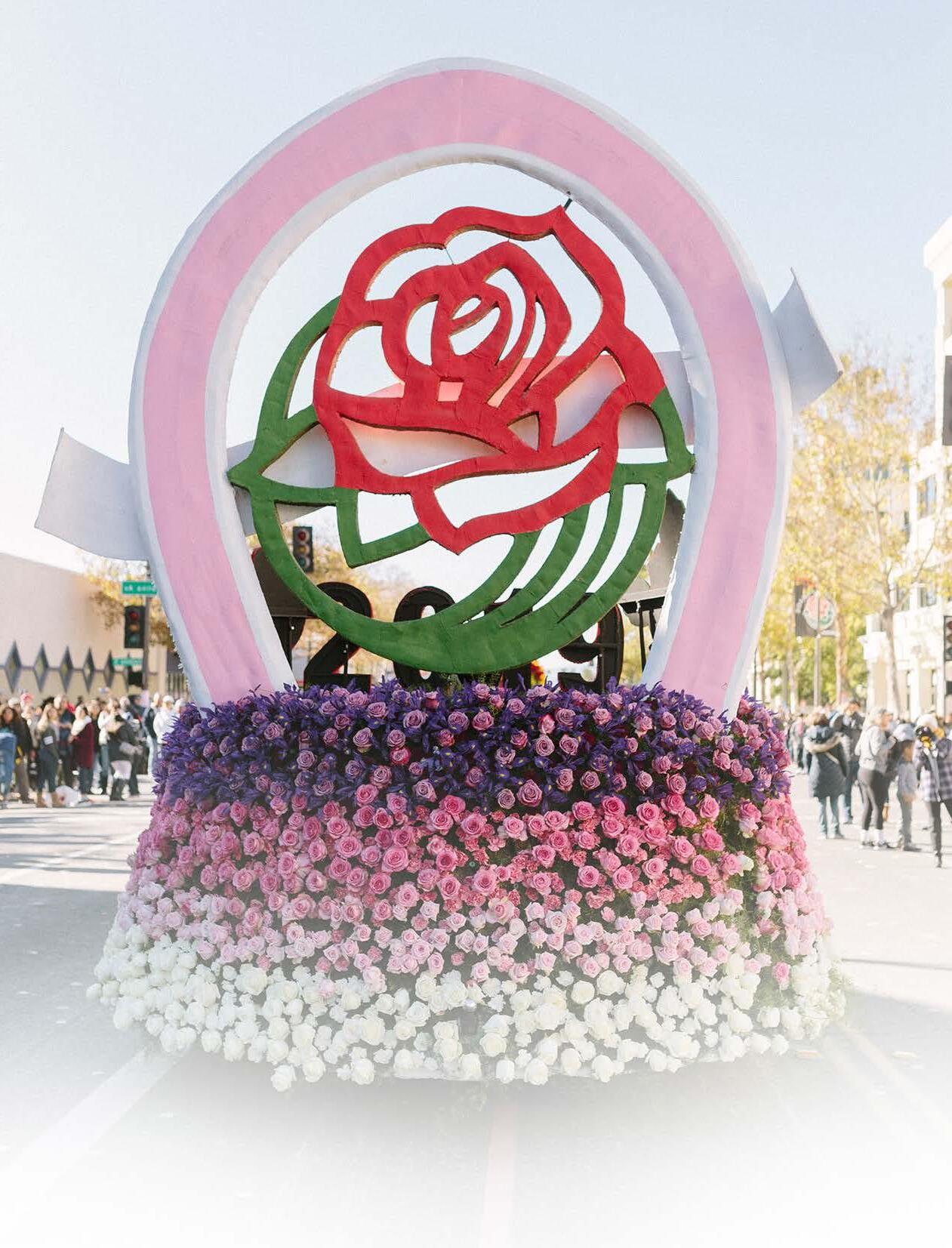
391 SOUTH ORANGE GROVE BOULEVARD
PASADENA, CALIFORNIA 91184
Member Handbook updated: APRIL 2023
Previous Handbook dated: SEPTEMBER 2016
Recommended by the Membership Subcommittee: OCTOBER 2022
Adopted by the Executive Committee: FEBRUARY 2023
i
History of our Organization History of the Rose Parade History of the Rose Bowl Game History of Tournament House About the Tournament of Roses Foundation Pasadena Tournament of Roses Mission Values Vision Strategic Priorities Cross Cutting Themes Pasadena Tournament of Roses Membership Membership Application Process Membership Levels Active Membership Honorary Membership Types Honorary Life Member Member Retired Honorary Director Life Director Honorary Life Director Inactive Membership Leave of Absence Member Benefits Member Events Public Events Rose Parade and Rose Bowl Game Tickets Rose Bowl Game Ticket Allocation Membership Obligations Dues Name tags Tournament of Roses Uniform The White Suit Blue and Gray Uniform Other Committee Uniforms Coveralls 1 2 3 4 5 6 7 8 9 10 11 13 14 15 16 17 PAGES TOPICS
Table of Contents
ii
Structure Operating Committees Standing Subcommittees Coordinating Committees Committee Assignments
of Executive Committee Coordinators
of Chair and Vice Chair
of Staff Liasons
of Committee Members Committee Leadership Opportunities Advancement to Vice Chair Advancement to Chair Critical Attributes Member Performance Review and Ranking Under-performing Members Association Bylaws and Governance Structure Pasadena Tournament of Roses Association Bylaws Annual Meeting of the Association of Regular Members Board of Directors Executive Committee Tournament of Roses Staff Executive Director and Chief Executive Officer Staff Operating Departments Community Relations Executive Office Finance Game Management Marketing, Communications & Membership Parade Development Member Policies and Procedures Overview Standards of Conduct Public and Media Relations Member Attire Alcohol Policy Harrassment Policy Insurance Social Media Solicitation Policy (Member Roster) Ticket Sales/Resale Policy Whistleblower Policy Criminal History Background Check Motor Vehicle Records Check Working with Minors 18 22 23 24 25 26 27 28 29 30 31 32 33 36 37 38 42 43 PAGES TOPICS
Committee
Role
Role
Role
Role
History of our Organization
In the winter of 1890, members of the Valley Hunt Club brainstormed ways to promote the Pasadena area. They created a festival that included games such as chariot races, jousting, foot races, polo and tug-ofwar under the warm California sun. The abundance of fresh flowers prompted the club to add another showcase for Pasadena’s charm: a parade to precede the competition, where entrants would decorate their carriages with hundreds of blooms.
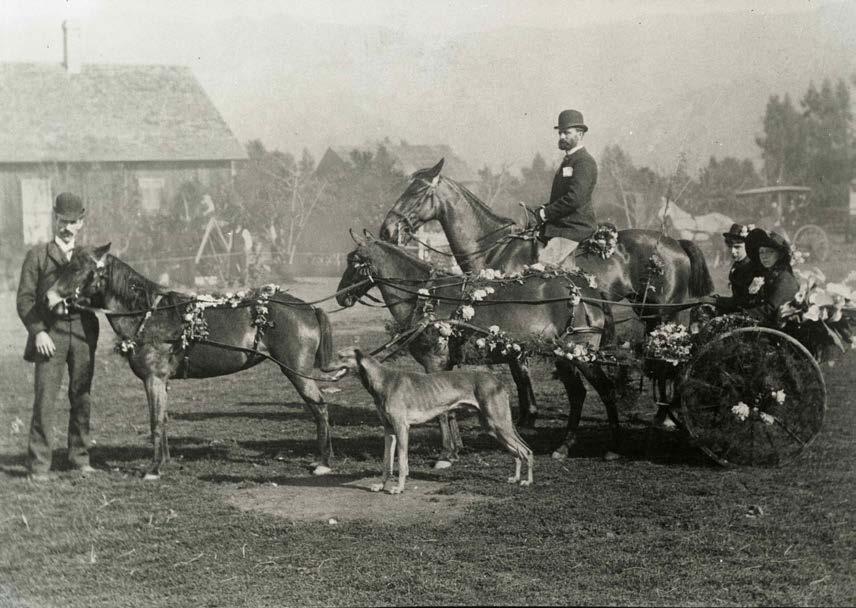
By 1895, the Valley Hunt Club could no longer handle the growing scope and popularity of the events, and the Tournament of Roses Association was born.
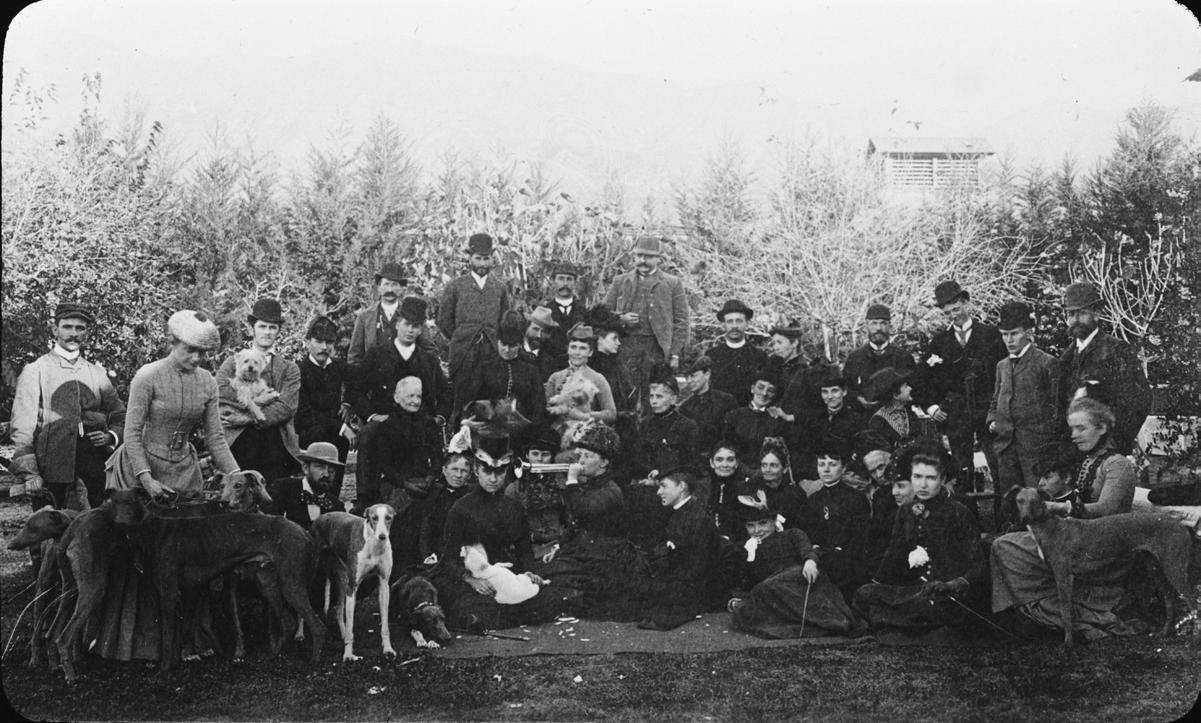
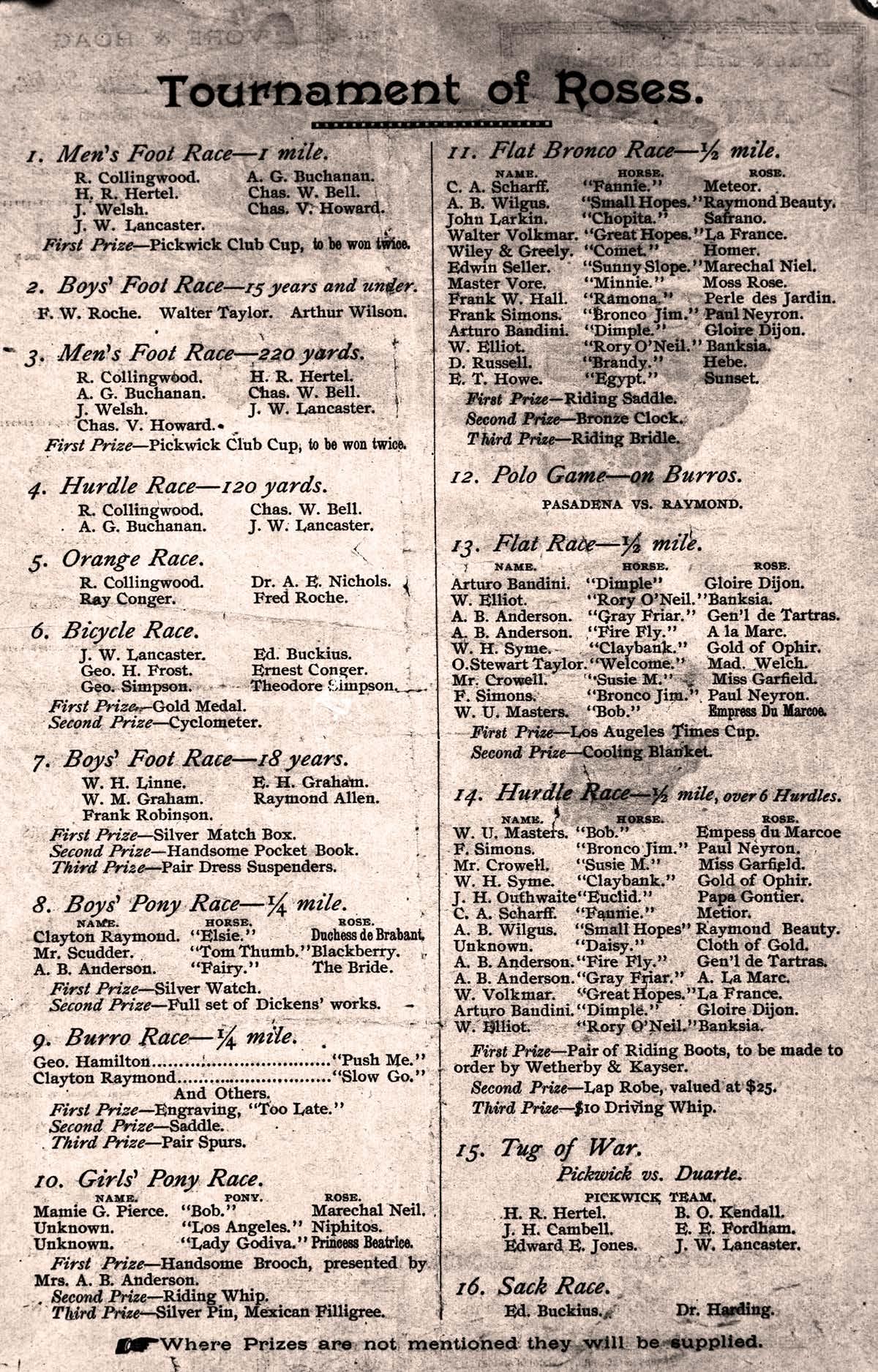
More than 130 years later, the Association has grown to 935 active members and more than 500 retired members who dedicate more than 80,000 volunteer hours annually. Each member is assigned to one of the Association’s 31 Operating Committees. With responsibilities ranging from selecting parade participants to directing visitors on New Year’s Day, to serving food to band members at the end of the parade route, to hosting players and coaches in town for the big game, each member plays an important role in the staging of the Rose Parade and Rose Bowl Game.
Association Members are nicknamed “White Suiters” because of the distinctive white uniform every volunteer proudly wears. These community-spirited men and women give up their evenings, weekends, and holidays to ensure the success of the Parade and Game. A small full-time staff provides support and continuity to the volunteer organization.
1
Valley Hunt Club circa 1890
Vintage Tournament of Roses Program
First Tournament circa 1890
History of the Rose Parade ®
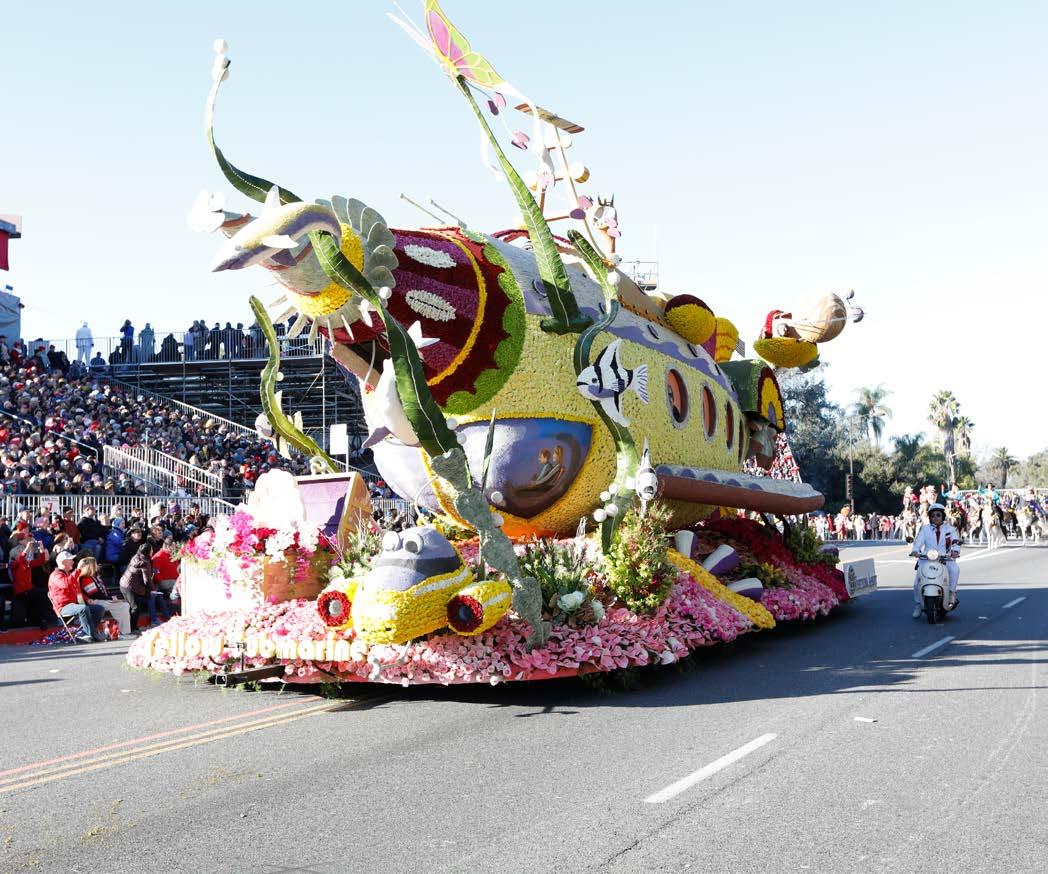
Began by the Valley Hunt Club in 1890 as part of a mid-winter celebration, the Rose Parade was an immediate success with more than 3,000 spectators attending the first Parade. Celebrating the abundance of fresh flowers in the area, even in the midst of winter, entrants would decorate their carriages with hundreds of blooms.
“In New York, people are buried in snow,” announced Professor Charles F. Holder at a club meeting. “Here our flowers are blooming, and our oranges are about to bear. Let’s hold a festival to tell the world about our paradise.”
During the next few years, the festival expanded to include marching bands and motorized floats. The games on the town lot (which was re-named Tournament Park in 1900) included ostrich races, bronco busting demonstrations and a race between a camel and an elephant (the elephant won). Viewing stands were built along the Parade route, and newspapers from the East Coast began to take notice of the event.
The festival quickly grew, and by 1895, members of the Valley Hunt Club established the Tournament of Roses Association to take charge of the events.
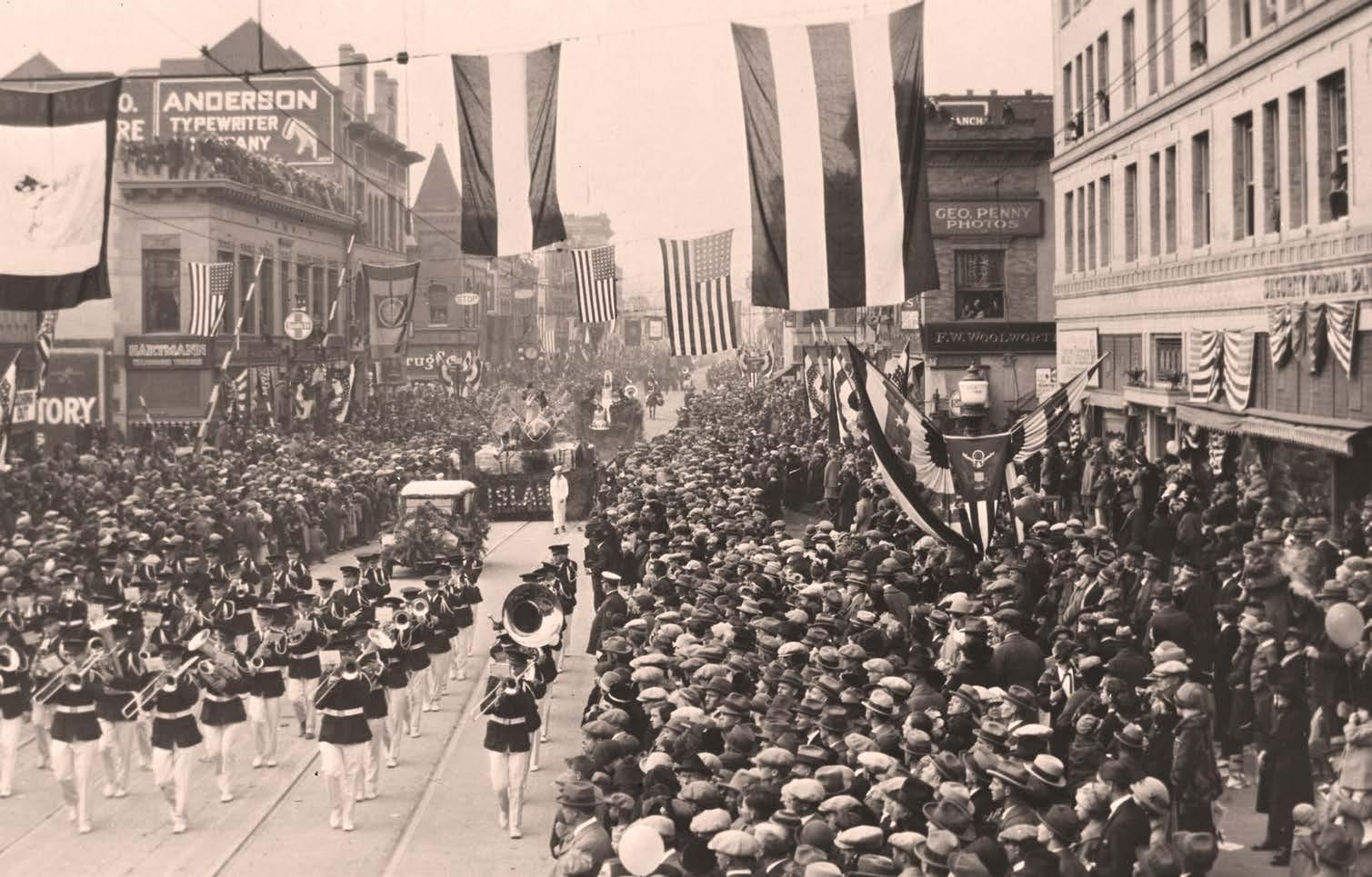
The Parade has come a long way since its early days. The Rose Parade’s elaborate floats now feature high-tech computerized animation and exotic natural materials from around the world. Although a few floats are still built exclusively by volunteers from their sponsoring communities, most are built by professional float building companies and take nearly a year to construct. The yearlong effort pays off on New Year’s morning when millions of viewers around the world enjoy the Rose Parade.
The Tournament of Roses has had a “Never on Sunday” tradition since 1893, the first year a Rose Parade fell on a Sunday. This tradition remains to this day. When New Year’s Day falls on a Sunday, we have the Parade and Game on January 2.
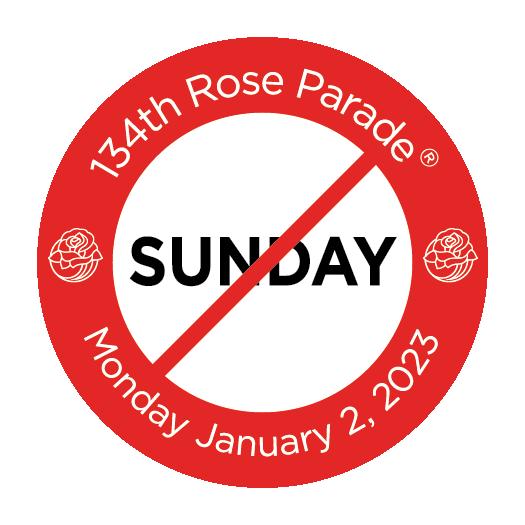
2
1920 Rose Parade Crowds
History of the Rose Bowl Game ®
The first Tournament of Roses football game, which was the first postseason football game in the nation, was staged at Tournament Park on January 1, 1902. The game matched the West Coast’s Stanford against Midwestern Michigan. (The teams would later become members of today’s PAC-12 and Big Ten conferences, respectively.) Michigan routed Stanford, 49-0. Stanford quit the game in the third quarter. This prompted the football contest to be replaced with Roman-style chariot races inspired by the literary classic Ben Hur. Football was permanently reinstated as part of the Tournament’s traditions in 1916.
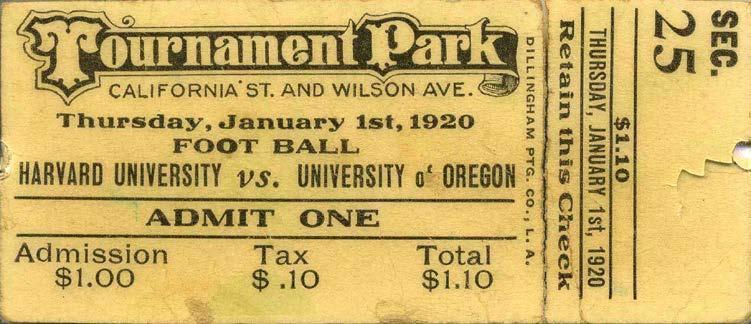
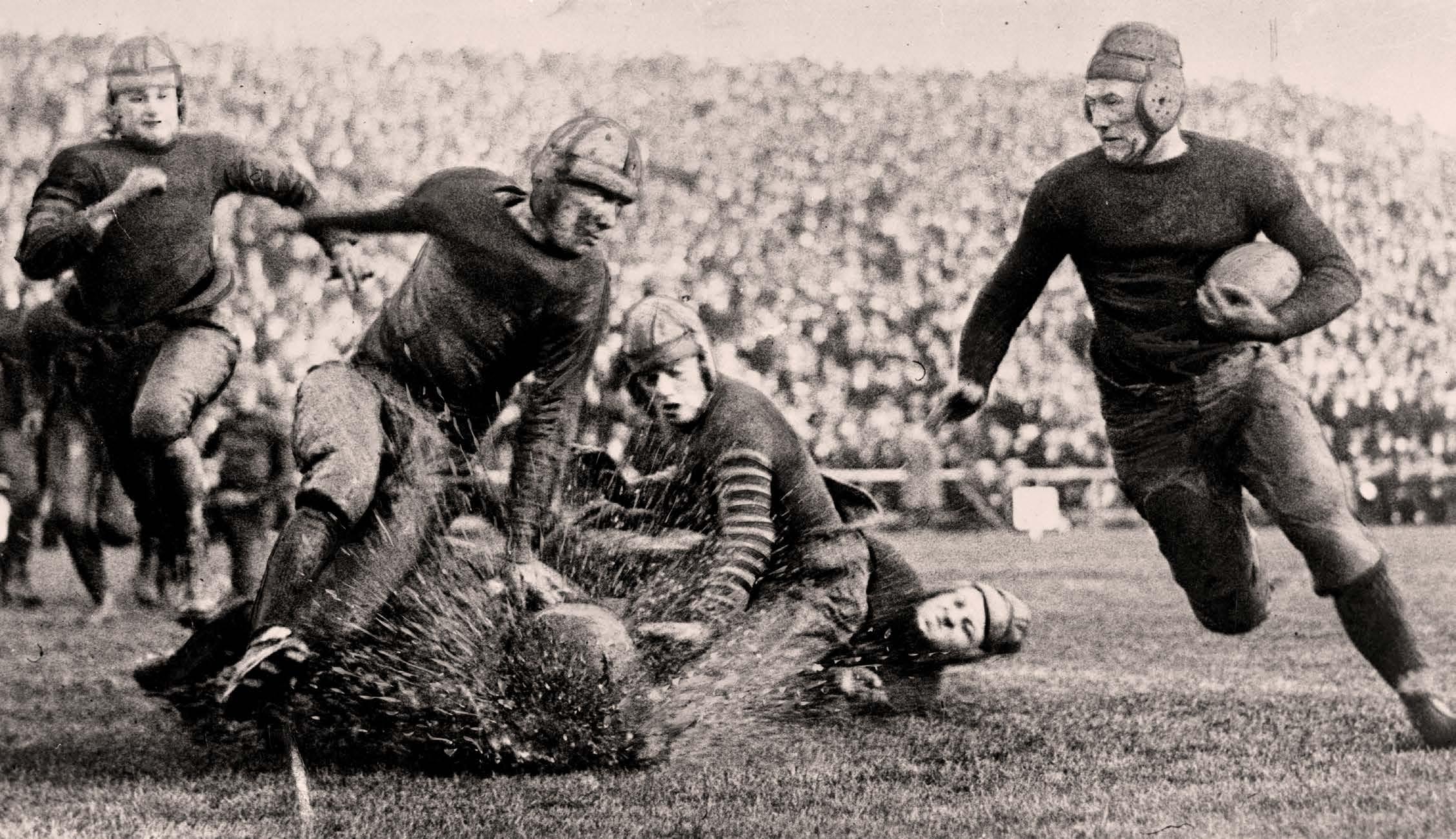
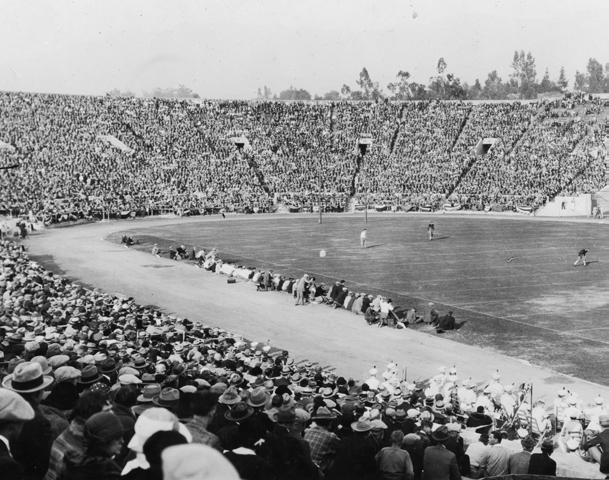
The exclusive agreement among the Tournament of Roses Association, the Big Ten Conference and the PAC-12 Conference was born in 1946, and the first game played under the agreement took place on January 1, 1947. The pact is the oldest intercollegiate postseason bowl agreement between two major conferences in the United States.
This collegiate classic has been the occasion of many firsts. The Rose Bowl Game was the occasion of first local radio broadcast of an East-West bowl game in 1926; the first transcontinental radio broadcast of a sporting event in 1927; the first local telecast of a college football game in 1948; the first national telecast of a college football game in 1952 and the first coast-to-coast color telecast of a collegiate football game in 1962.
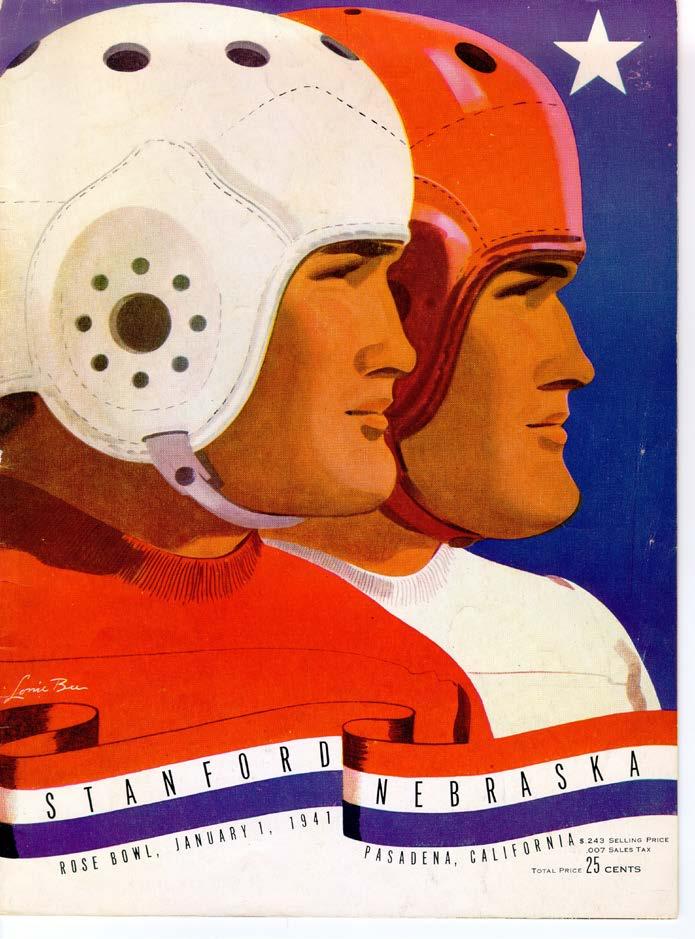
3
1922 Rose Bowl Game at Tournament Park
1926 Rose Bowl Game
History of the Tournament House
Wrigley Mansion, the Orange Grove Boulevard estate, serves as the official headquarters of the Tournament of Roses Association. The elegant Italian Renaissancestyle mansion was presented to the City of Pasadena in 1958 by the William Wrigley family with the understanding that it would become the permanent headquarters for the Pasadena Tournament of Roses Association.

Chewing gum magnate William Wrigley Jr. purchased the home in 1914, after eight years of construction, for $170,000. A year later, he paid $25,000 for the adjoining property, clearing the way for what is now known as the Wrigley Gardens. In its time, the Wrigley’s winter residence was considered a more modest home on “Millionaire’s Row.” The three-story mansion had 22 rooms totaling 18,500 square feet, with the first floor dedicated to entertaining and the second floor used for living. Of the Wrigley’s six homes across the country, the Pasadena getaway was Mrs. Ada Wrigley’s favorite. She delighted in watching the parade from her own front yard.
Surrounding Tournament House are the Wrigley Gardens, which feature a 4.5-acre floral display of more than 1,500 varieties of roses, camellias and annuals. The gardens feature the AllAmerica Rose Selections. The gardens include the awardwinning Tournament of Roses rose developed especially for the Tournament of Roses Centennial.
In 1999, the Tournament of Roses Executive Committee decided, some 41 years after the home was given to the city of Pasadena, that it was time for Tournament House to be renovated and the interior freshened. As you might imagine, the number of events that are held at the house and the number of people who come annually to enjoy the house does take a toll. Due to Tournament events, the work could only be done beginning in late January and it had to be finished by late August. The project took two years to complete.
Tournament House and its surroundings provide a majestic backdrop for many Tournament of Roses activities, including the highly anticipated announcements of the Grand Marshal and Royal Court. The many treasures throughout the house recall past tournaments and highlight a rich history of grace and style.

4
About the Tournament of Roses Foundation


Though its fame is worldwide, the Tournament of Roses Association remains committed to its hometown. In 1983, the non-profit Tournament of Roses Foundation was created to receive and manage contributions from the Association, its members, friends, supporters and the general public. In turn, the Foundation annually makes grants to other non-profit organizations in the Pasadena area, funding sports and recreation activities, visual and performing arts and education programs. These broad categories allow the Foundation to contribute to the civic, cultural and educational advancement of its local communities.
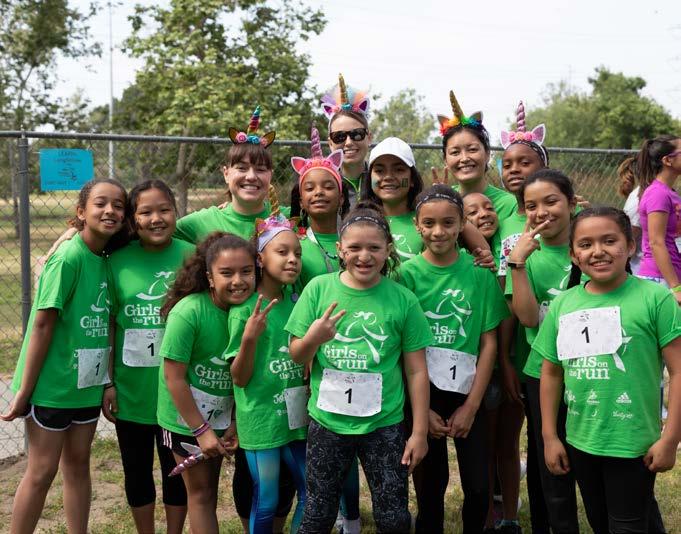
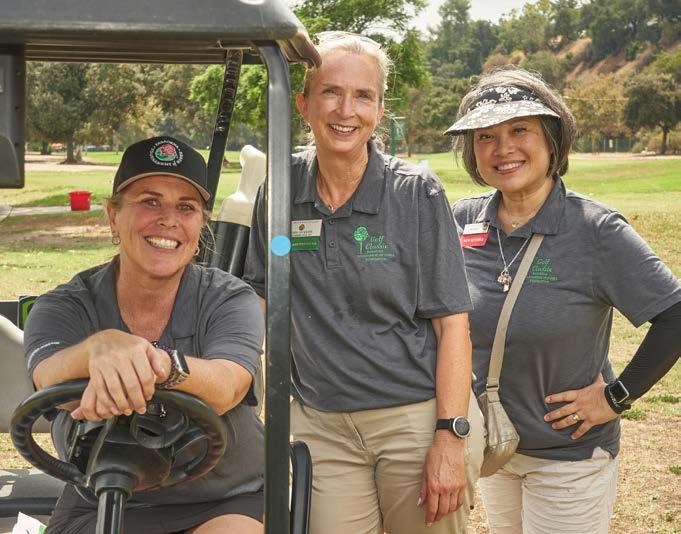
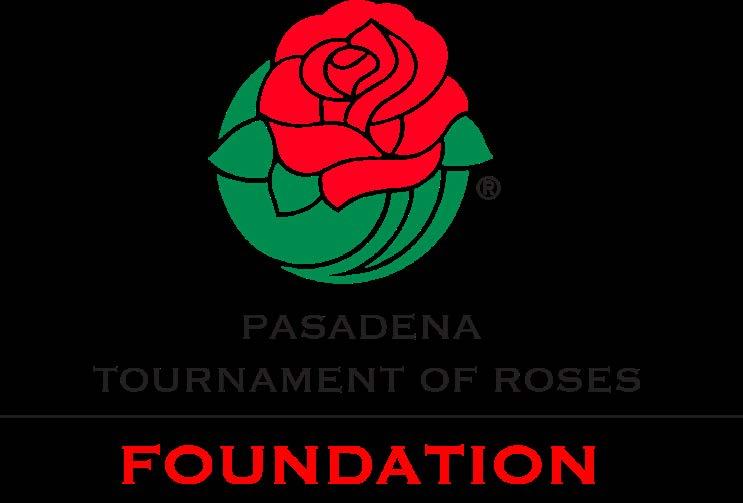
To date, the Tournament of Roses Foundation has given more than $3.5 million to more than 200 organizations. The Foundation’s Board of Directors – comprised of Members of the Association and representatives from the community – reviews and grades all grant applications received.

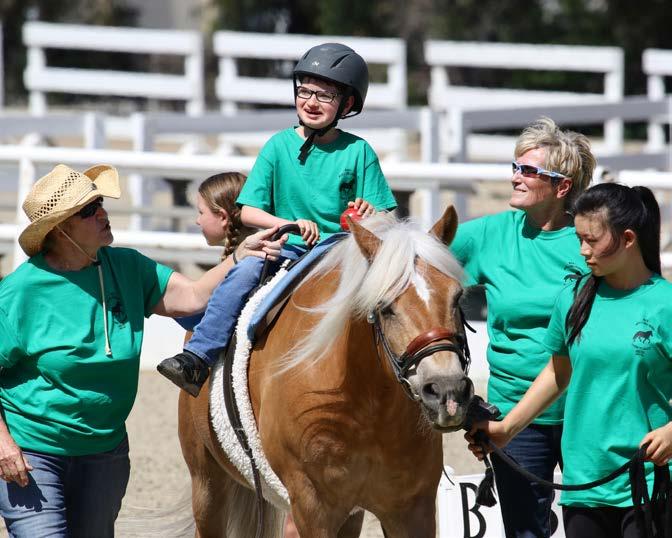
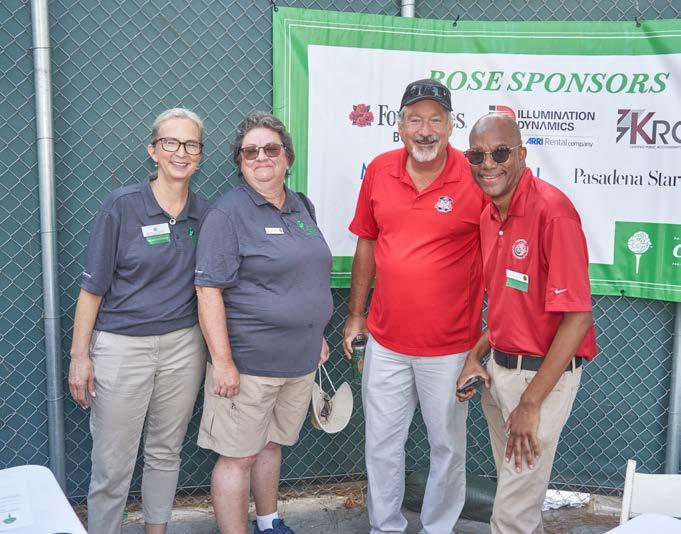

More information about the Foundation can be found on the Tournament of Roses website or by emailing the Foundation at foundation@tournamentofroses.com.
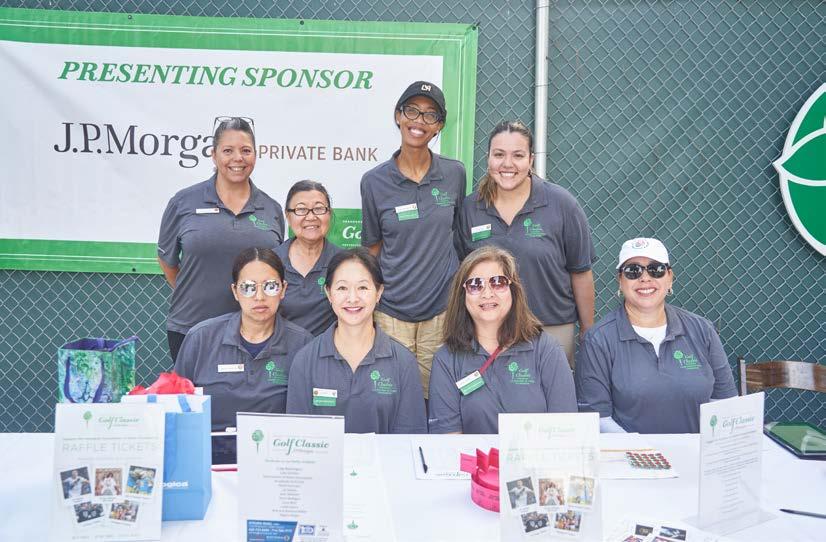
5
Pasadena
Tournament of Roses Association Mission, Vission, Values and Strategic Priorities

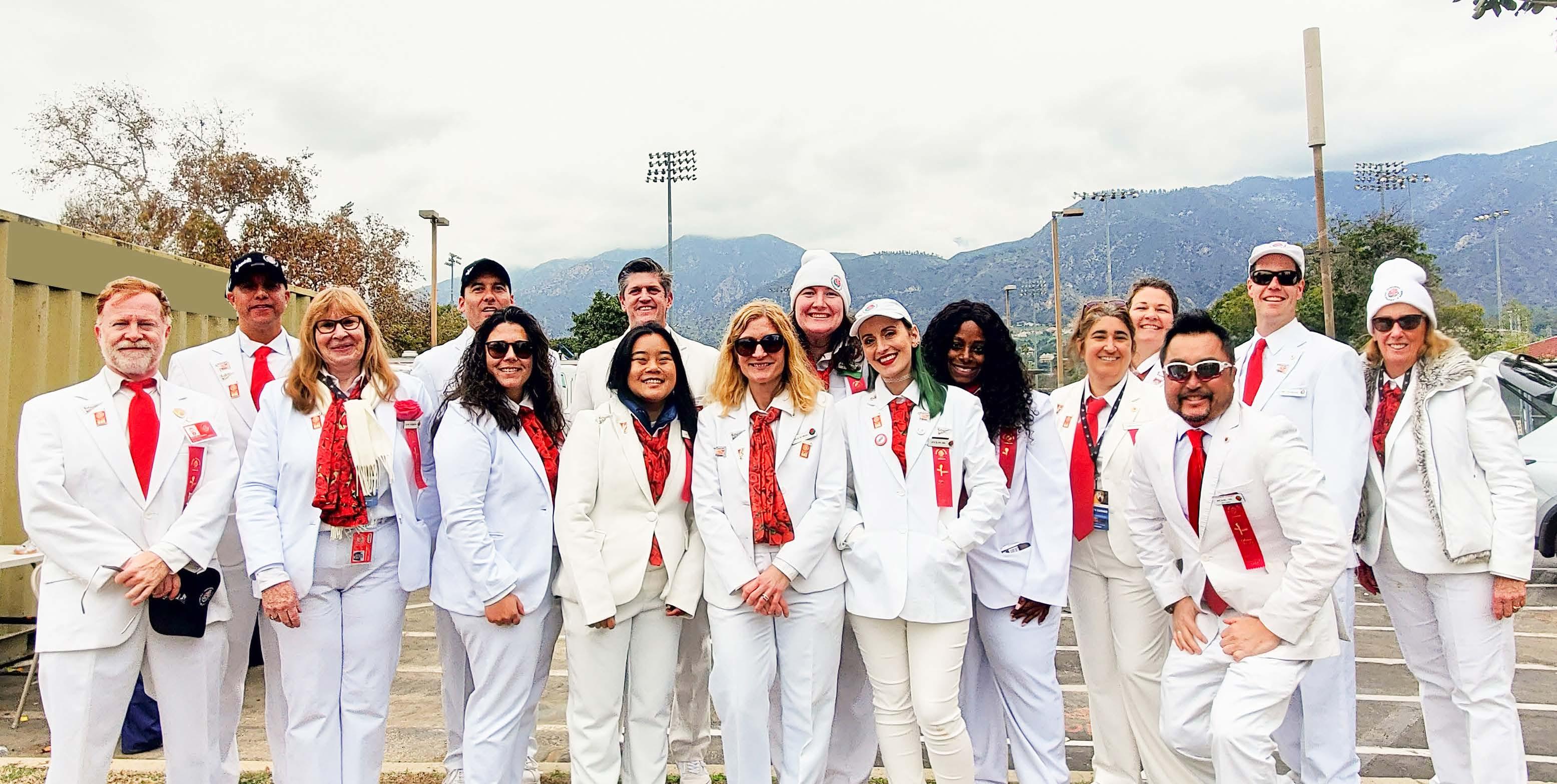

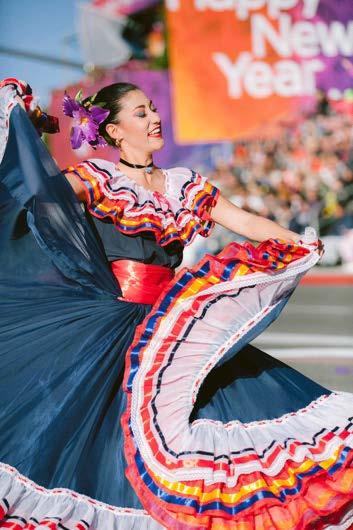
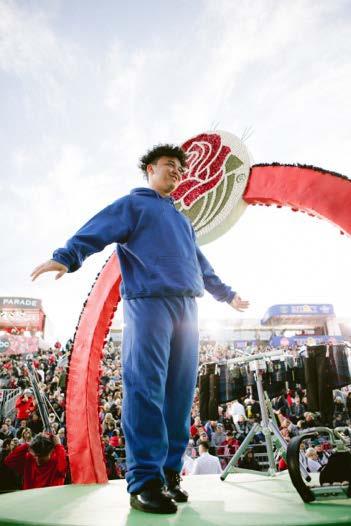
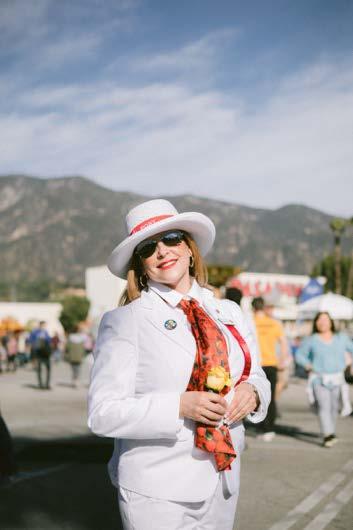
Mission
We bring people together to celebrate the hope and joy of a new year filled with unlimited possibilities- inspiring imagination and creating memories.
Vision
Enriching lives through the arts, sports, storytelling and community.
Strategic Priorities
Ensure the Future Success of Our Assets: The Parade and Game
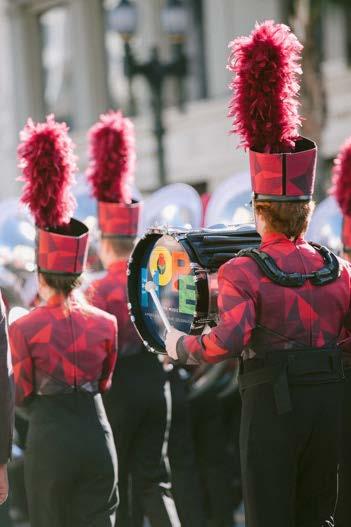
Re imagine and Reinforce the Membership Model
Elevate our Brands
Enhance relationships and Community Collaboration

Align Association Resources to Optimize Impact

Cross-Cutting Themes
These themes are common areas of focus that are interwoven within each of our Strategic Priorities. Consideration of these themes will be critical as business plans are developed.
Prioritizing Fiscal Sustainability
Strengthening Our Community
Embracing Innovation, Change, and Technology
Striving for Excellence
Leveraging the Power of Storytelling & Communication
6
Pasadena Tournament of Roses Membership
Membership Application Process
Applications for Membership are accepted and considered throughout the year, through a recruitment process designated by the Membership subcommittee. The needs of the Association may fluctuate, and therefore the Association’s recruitment activities may fluctuate year by year. Please see the Membership Services team for additional information.
Basic Membership Requirements
• Be between the ages of 21 and 70 as of the third Thursday in January.
• Live or work within 25 miles of Pasadena City Hall.
• Be able to purchase a white suit.
• Pay annual dues that range from $55 to $100 depending on membership level.
• Be available each year on or around the day of the Parade.
• Be available to attend committee meetings throughout the year.
Membership Levels
Active Membership
The Active Membership of the Association is specified in Article 2 of the Association Bylaws.
Active Members begin as Provisional Associates and are automatically promoted to Associate Members following two years of satisfactory service. Satisfactory service includes the performance of work assignments and attendance at designated events and meetings. Members will remain Associate Members until they are promoted to a Regular (voting) Member. Per Association bylaws, there may not be more than 535 Provisional and Associate Members.
Regular Members are members with years of service ranging from nine to 20 years of service. There shall never be more than 400 Regular Members. Directors/Chairs, the Executive Committee and Life Directors (Past Presidents), are also considered Regular Members. The Membership Subcommittee will annually recommend to the Executive Committee who will become a Regular Member as needed to uphold the member number allocations.
Maximum Number of Members Admitted to the Tournament of Roses
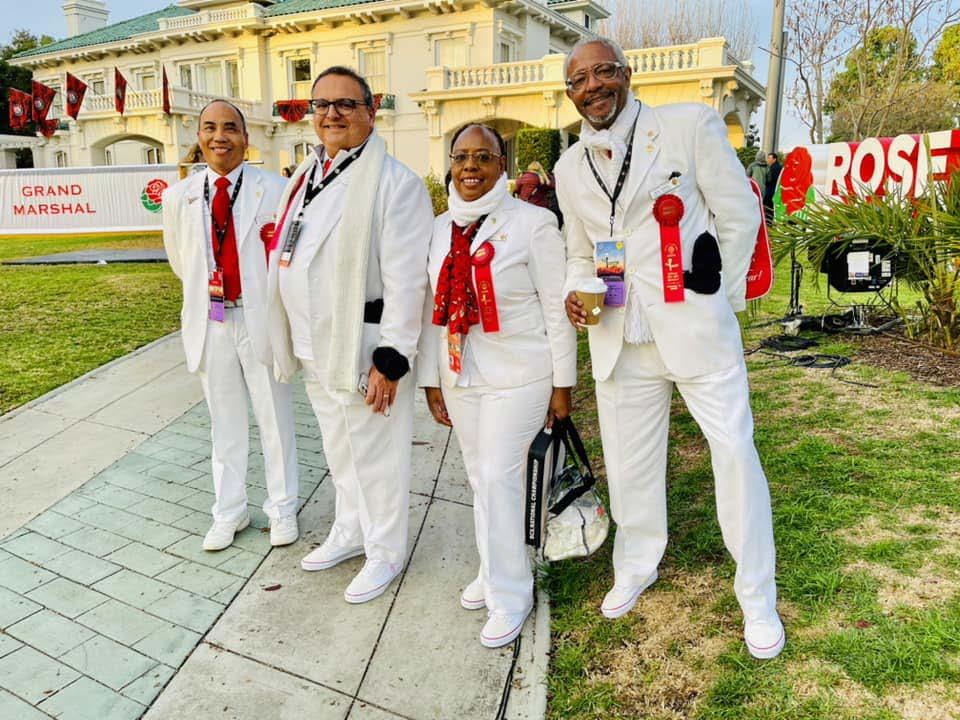
Member Type: Regular Members 400
Associate and 535 Provisional Associates
Total** 935
7
Honorary Membership Types
There are five types of Honorary Members. The Tournament of Roses recognizes honorary membership in the following categories: Member Retired, Honorary Life Member, Honorary Director, Honorary Life Director and Life Directors.
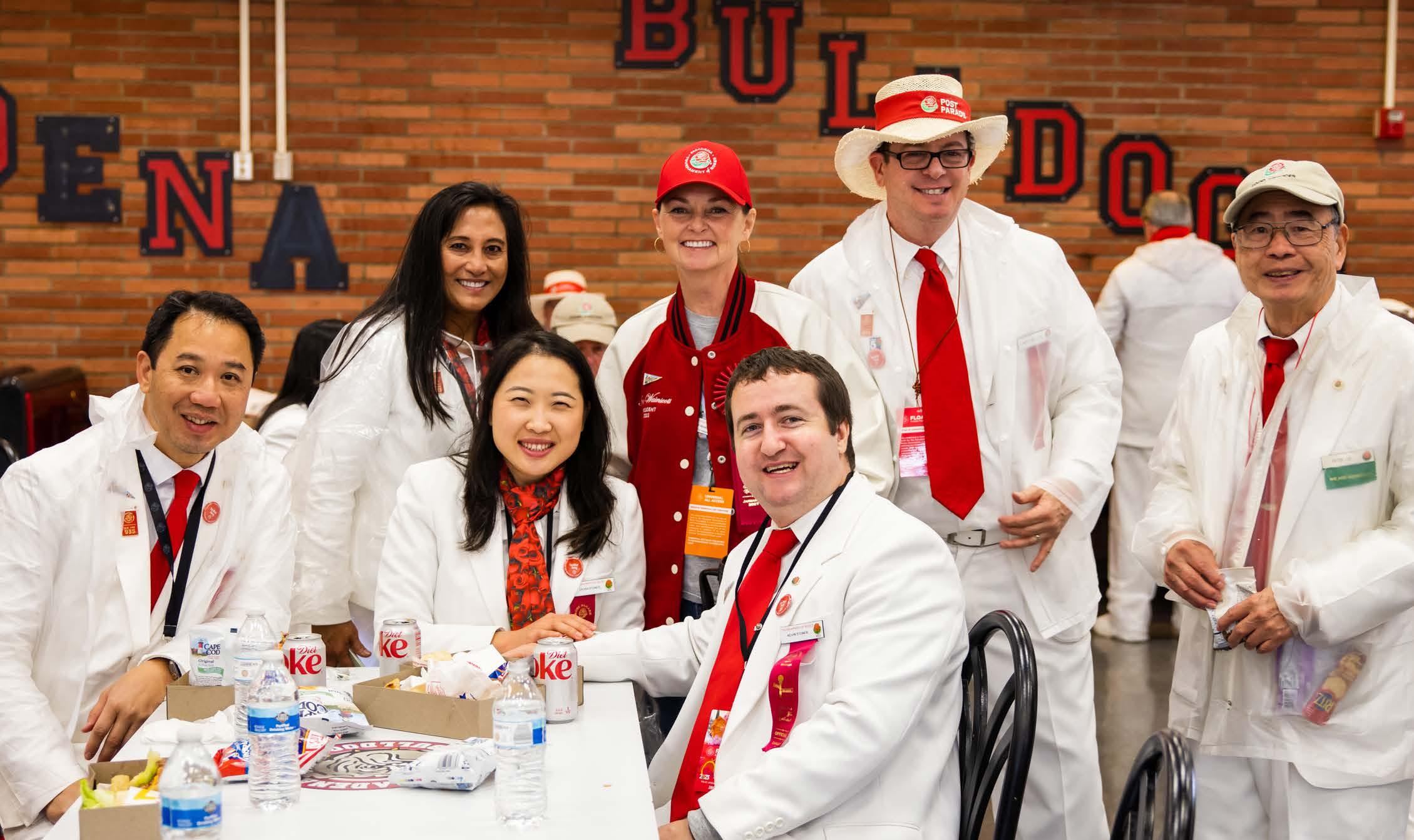
Honorary Membership is specified in Article 2 of the Bylaws. To summarize, the Executive Committee, upon recommendation of the Membership Subcommittee , will appoint members who have reached the age 70 by the third Thursday in January. Members may opt into the honorary categories once they reach the age of 55 and have completed a minimum of 25 years of active service. Leave of Absence years do not count when calculating honorary status.
Honorary Life Member
The Executive Committee, upon recommendation by the Membership Subcommittee , may appoint any qualified Associate or Regular Member with 15 or more years of active service (not to include time on leave of absence) who has reached the age of 70 by the third Thursday in January as an Honorary Life Member. No Honorary Life Member may be assigned to an operating committee. All Honorary Life Members may join the Auxiliary Committee. Honorary Life Members do not pay dues and are not voting members.
If a member has reached the age of 55 by the third Thursday in January and has completed 25 years of active service (not to include more than two leaves of absence as a part of the 25 years), that member may request Honorary Life Membership by notifying the Membership Services Team.
Membership Services Staff will automatically process a member reaching age 70 prior to the third Thursday in January as an Honorary Life Member, provided all qualifications have been met. Rose Bowl ticket purchase is available to Honorary Life Members per the guidelines set by the Association.
8
Member Retired
Members who reach the age of 70 with fewer than 15 years of active service may achieve Member Retired status. By serving on the Auxiliary Committee and continuing to pay dues until the 15 years of service has been completed. They will automatically become Honorary Members. Until that time they are known as Members Retired. Rose Bowl ticket purchase are available to Member Retired per the guidelines set by the Association.
Honorary Director
Honorary Directors are elected by the Board of Directors each year for a one-year term. Honorary Directors are non-voting members and former Board of Directors.
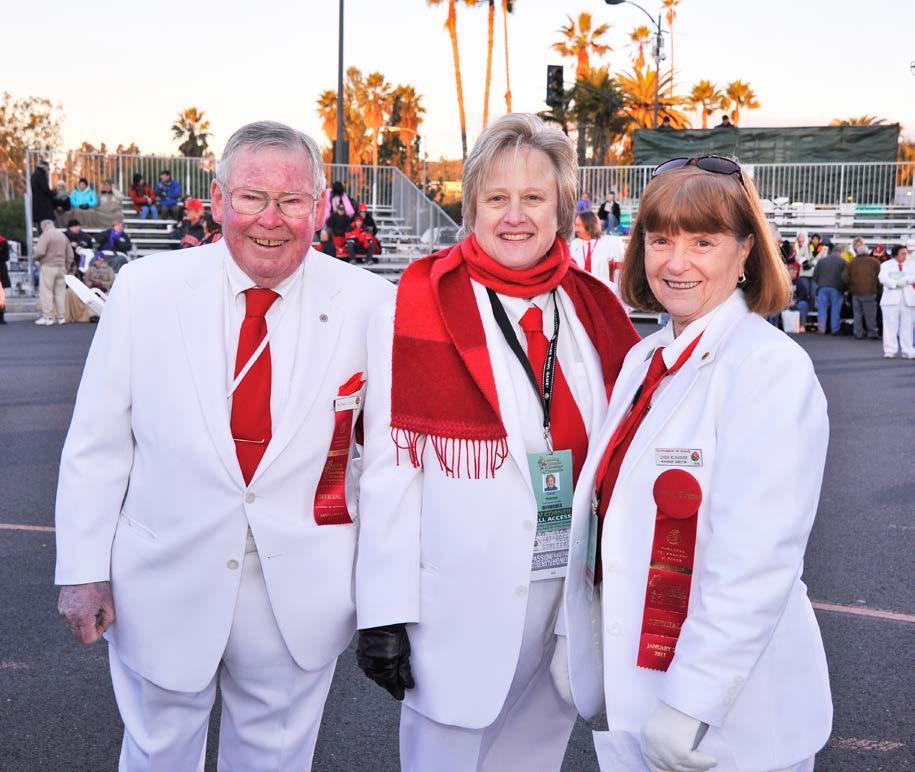
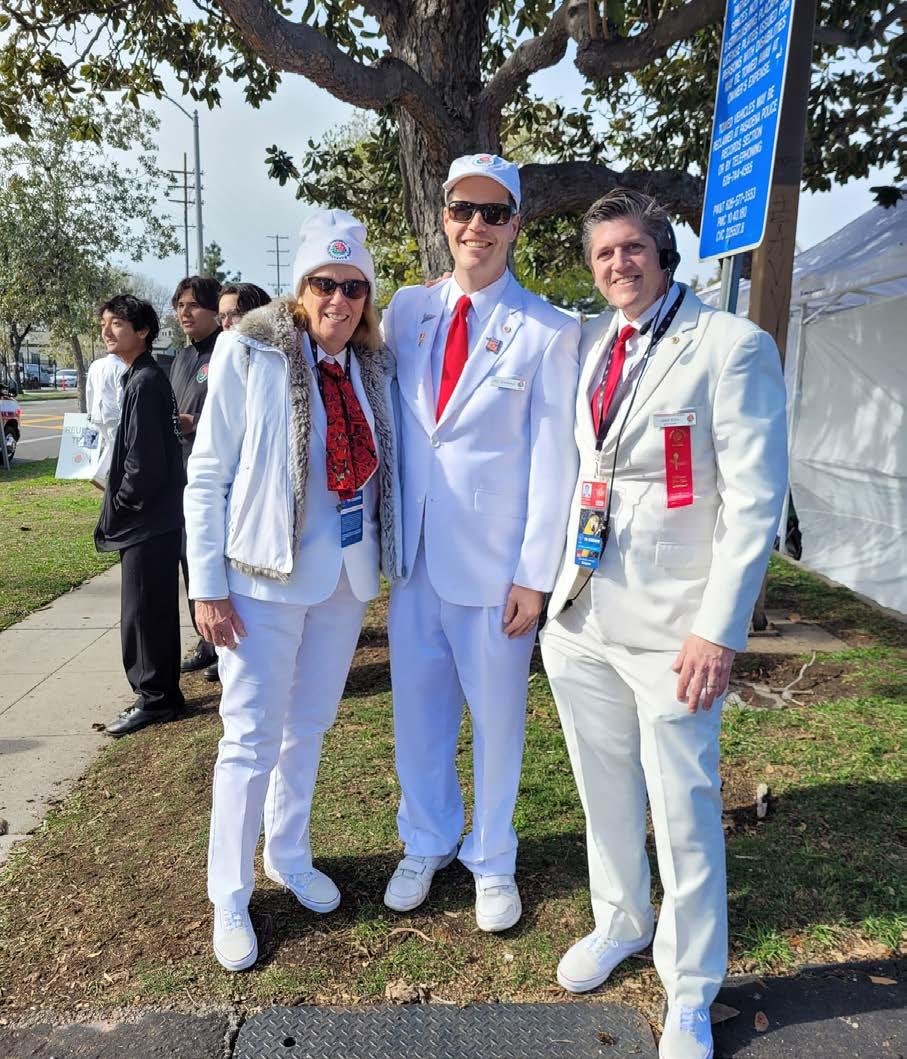
Life Director
All Past Presidents of the Association serve as Life Directors and remain on the Board of Directors for life. Life Directors are considered active members, and part of the 935 Members.
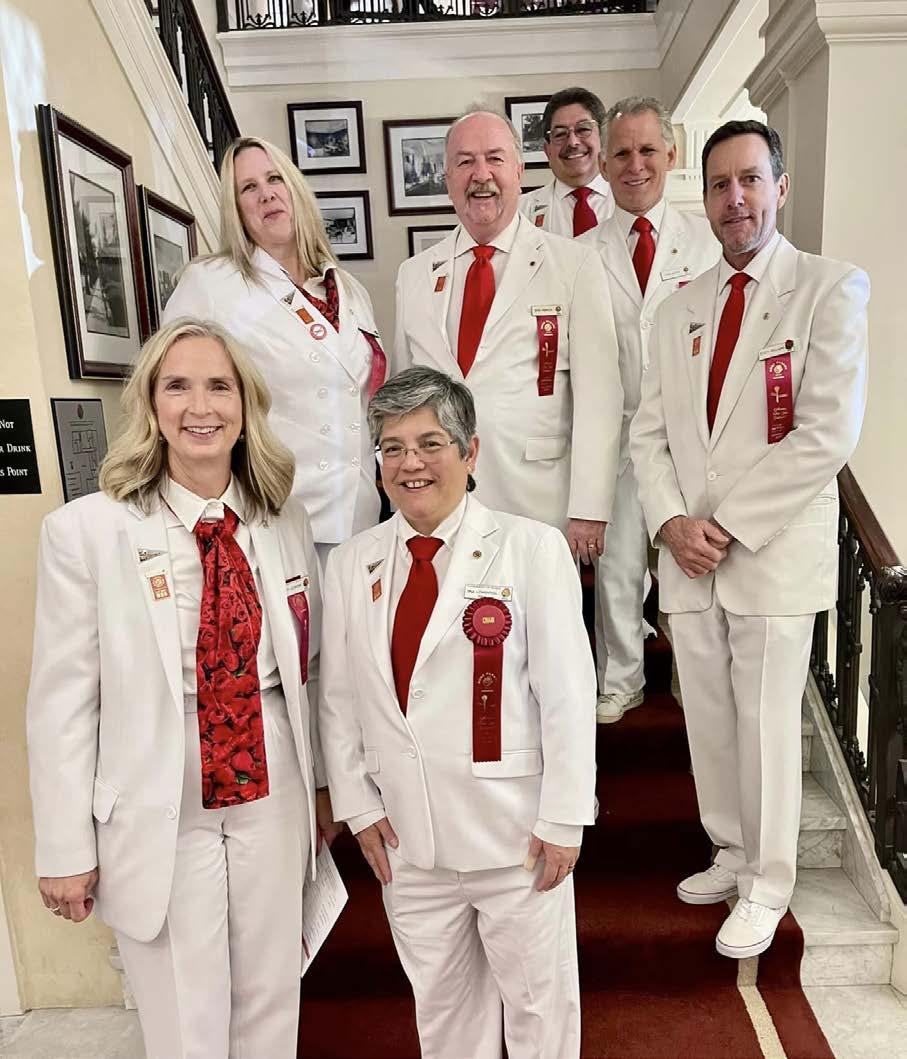
Honorary Life Director
All past Chief Executive Officers (CEOs) of the Association are considered Honorary Life Directors. They are non-voting members of the association and are appointed by the Executive Committee.
Inactive Membership
The Inactive Membership of the Association is specified in Article 2 of the bylaws. There shall at no time be more than 500 Inactive Members. Any Regular or Associate Member who does not accept an active assignment may request inactive status.
An Inactive Member may request to reactivate his/her membership status by written notice to the Member Services team, who will present the request to the Membership Subcommittee for approval by the Executive Committee.
A Member returning from inactive status will resume active participation at the same level as had been achieved when inactive status was granted. Annual dues for the Inactive Member are $100. If an Inactive Member fails to pay dues, he/she will be dropped from membership and if he/she subsequently wishes reinstatement, must apply as a new member. An exception may be made by the Membership Subcommittee to recommend to the Executive Committee that the member be reinstated with or without all earned privileges.
The years of inactive status cannot be applied toward Honorary Life Member status.
9
Pasadena Tournament of Roses Membership continued...
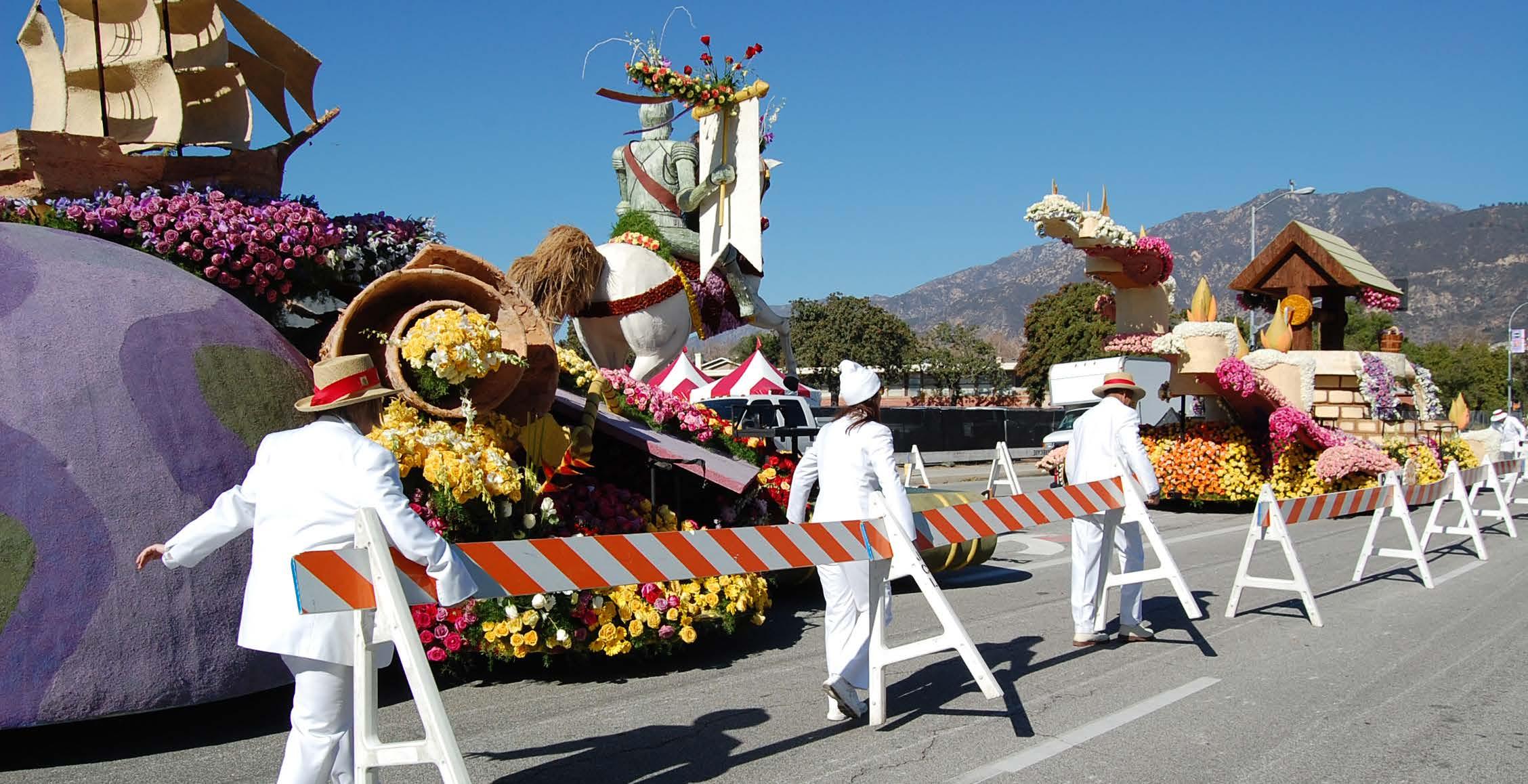
Leave of Absence
A Leave of Absence (LOA) may be requested per the leave of absence guidelines as outlined by the Association. LOAs are normally granted on a one-year basis by the Membership Subcommittee for business, family or health reasons.
LOA is available to any Member who has completed at least two years of satisfactory service. Provisional Associate Members are not eligible for LOA. Two years (consecutive or otherwise) LOA may be granted to any Member within the first 15 years of active membership. Any member who is on a leave of absence is considered an active Member and is entitled to the benefits of membership during this period, including voting at the Annual Meeting of the Regular Voting Members. Associate Members are not voting members, and would not participate in the Annual Meeting of the Regular voting Members.
Should a member, with more than 15 years of active service wish to request a Leave of Absence longer than two years, they should consult the LOA policy for the guidelines.
The LOA should not be used as a solution for non-participating members on a long-term basis. When a member returns from a LOA, in most cases, the member is reassigned to the last committee to which they had been assigned.
A Leave of Absence must be requested in writing to the Membership Services staff, outlining the circumstances of the request. Membership Services will present the request to the Membership Subcommittee and notify the Member of the outcome.
All LOA requests are subject to the approval of the Membership Subcommittee. The Membership Subcommittee assembles in April through October and will be on recess from November to March. If a member wishes to take a LOA during that recess, the Member must discuss with their Committee Chair for an excused absence and receive a zero score.
For additional information on a zero score, please refer to the Member Scoring section of the handbook.
10
Member Benefits
Member Events
The Tournament of Roses Association hosts many Member events throughout the year. Some events are only for Members, and some events may include the Member’s family. Please check the membership calendar to see if it is a Member-only or a family-inclusive event. If a member event is inclusive of the Member’s family, the member must attend the event.
Member Picnic- This event is hosted in the summer by the Membership Development Committee. The location of the event will vary from a local park to the Tournament House and grounds.
Membership Kickoff Events- Theses series of events focus on a wide variety of activities hosted in the late summer by the Food Services Committee. Some activities may include mini golf, bowling and a favorite- Member Kickoff Barbecue, at the Rose Bowl Stadium.
Member Appreciation Reception- Hosted by the Membership Development Committee, is an open house in the month of December.
Other member activities, events and events may be held throughout the year.
A Member calendar listing all Member events, announcements and committee meetings is posted on the member website. Member Services updates the Member calendar though the Member website.
Public Events
Public events are open to the public and may require a ticket purchase. Announcements and additional information will be sent via email and will be posted to the Member website as the events approach. A few major public events are listed below:
House Tours- House tours are available from Spring to late Summer and are offered on Thursdays.
Royal Court Announcement- This announcement is held annually in the fall on the South Lawn of the Tournament Grounds. The Queen and Court Committee hosts the top 25 Royal Court candidates and announces the finalists of the Royal Court. The finalists form the Royal Court.
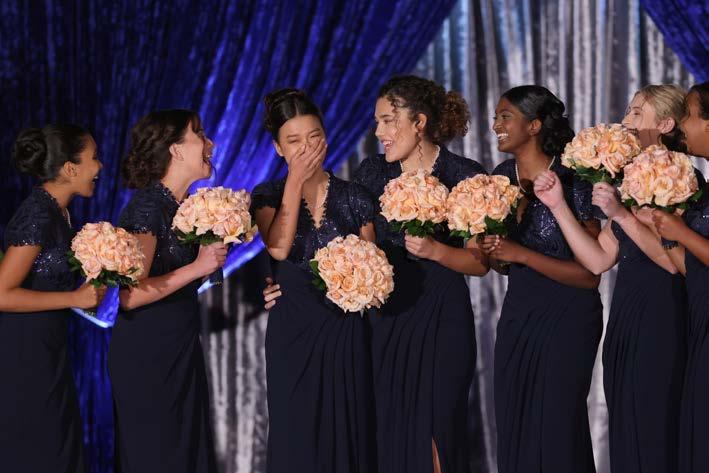
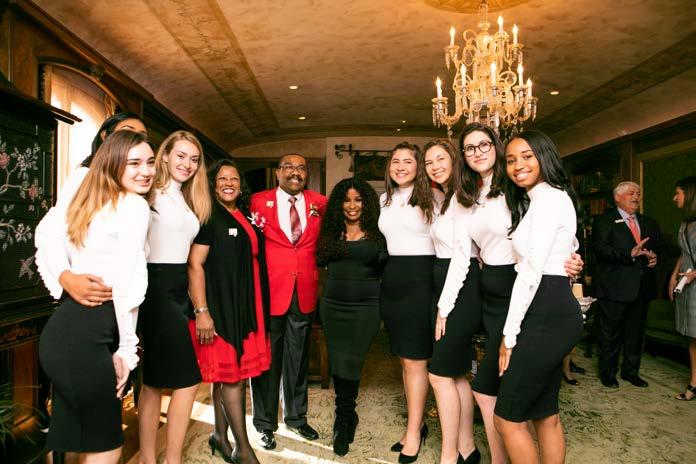
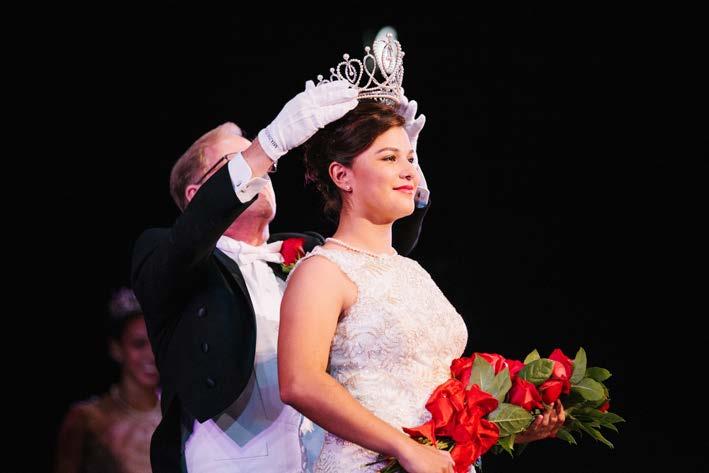
Grand Marshal Announcement- The Grand Marshal for the Parade is traditionally announced by the President in the Fall.
Coronation- Hosted by the Coronation/VIP Tailgate and Queen and Court committees, The Royal Court is officially presented, and the Rose Queen is named.
11
Member Benefits continued...
Public Events Continued
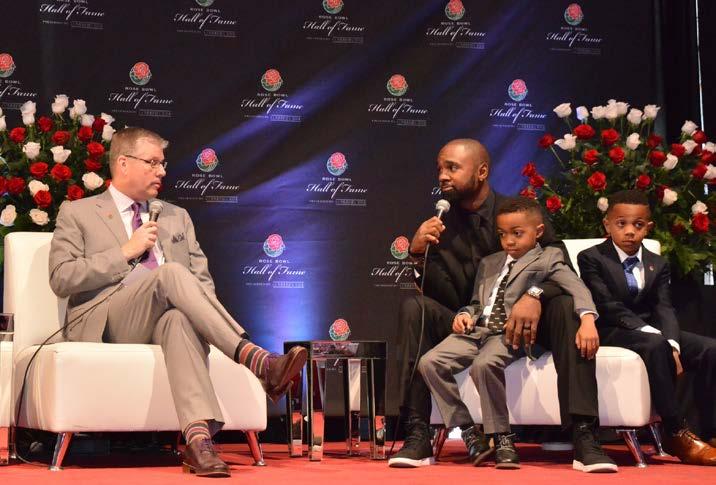
Decorating Places- The public will experience the magic of the Rose Parade floats before Parade Day! The Decorating Places Committee offer tours of these magnificent floral floats in their final stages of preparation for the Rose Parade. Guests will see a variety of fruit, seeds, bark, grasses and of course, breathtaking flowers being applied to the floats by hard working volunteers as well as experienced professionals.
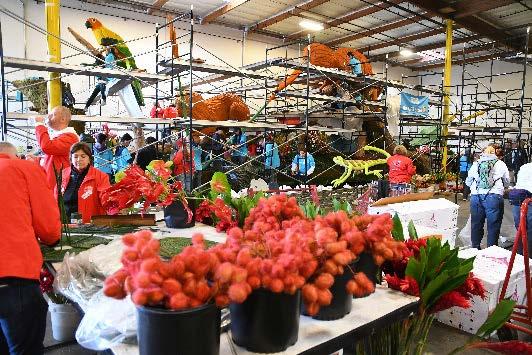
Equestfest- Hosted by the Equestrian Committee, Equestfest is a showcase of the Equestrian units featured in the Parade. Usually held at the Los Angeles Equestrian Center, Equestfest features an equestrian show, musical performances, as well as a variety of riding disciplines.
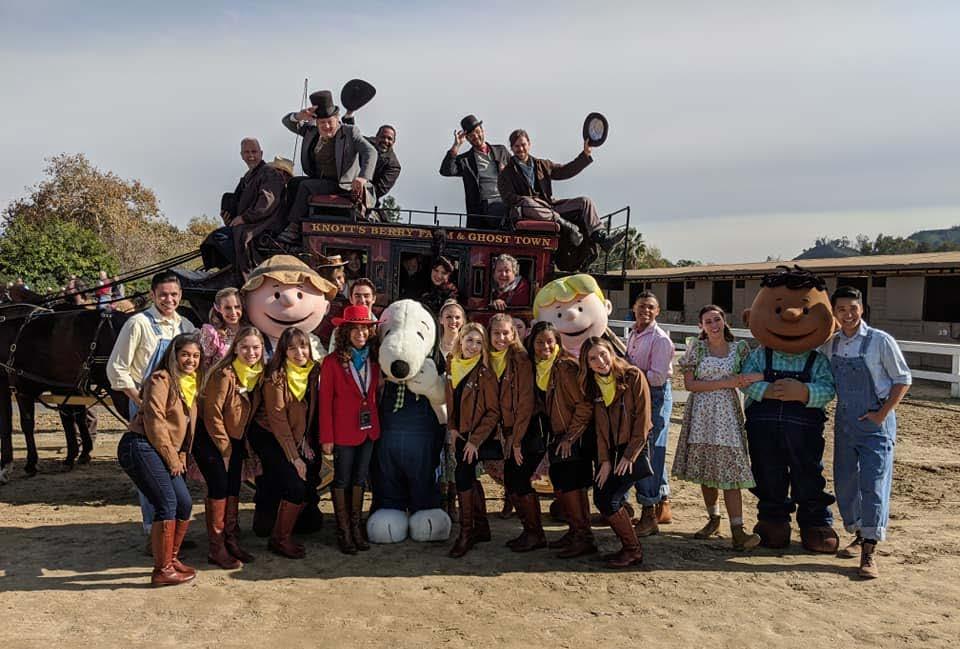
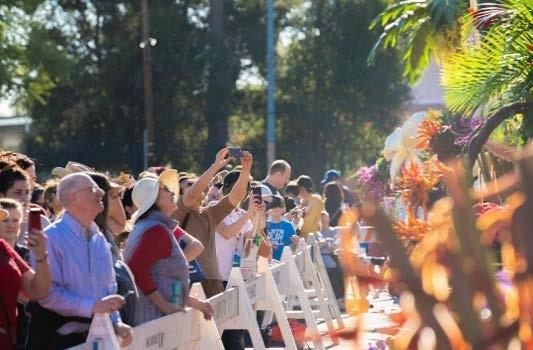
Bandfest- Each year, the marching bands selected to participate in the upcoming Rose Parade are invited to perform at the Tournament of Roses’ Bandfest. Over the course of two days, each marching band, along with its auxiliary band members, performs a field show that showcases their musicianship and unique talents. This annual tradition takes place at Pasadena City College. This event is planned and produced by the Music Committee.
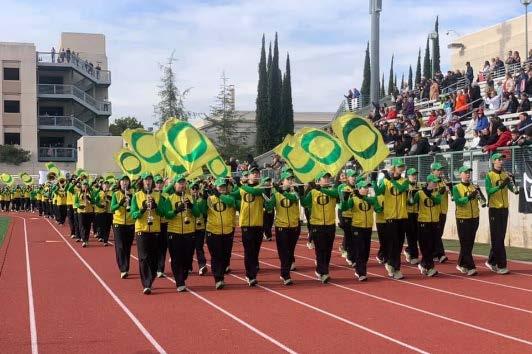
Floatfest- Each year, nearly 70,000 visitors head to Sierra Madre and Washington boulevards in Pasadena for the chance to walk within a few feet of the floats and appreciate up close, the creativity and detail of each magnificent display. Participating float exhibitors can engage with event attendees in this event’s family-friendly, celebratory environment. This event is planned and produced by the Post Parade Committee.
Other Events
Coronation- Hosted by the Coronation/VIP Tailgate committee and Queen and Court committees, The Royal Court is officially presented, and the Rose Queen is named.
Rose Bowl Hall of Fame Induction Ceremony- The Pasadena Tournament of Roses will honor the Rose Bowl Hall of Fame Class during a ceremony in the days leading up to the Rose Bowl Game. Attendees will witness history as inductees join a group of legendary football greats as part of the Rose Bowl Hall of Fame. This event is planned and produced by the Media/Hall of Fame Committee.
For a complete listing of events for the current year, please check the Member website often, as events are added frequently.
12
Rose Parade and Rose Bowl Game Tickets
Rose Parade tickets are available to Members, and may be ordered though the same process as ordering Rose Bowl tickets.
Rose Bowl Game tickets are allocated to active and retired Members based on years of service or member level. Ticket applications are sent in late Summer.
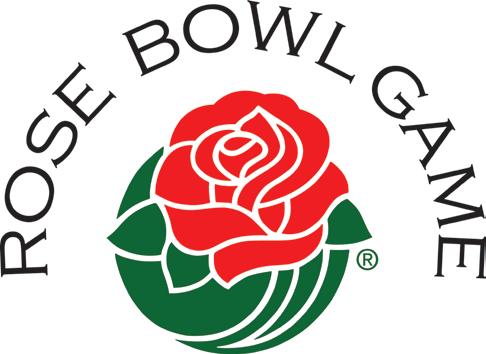
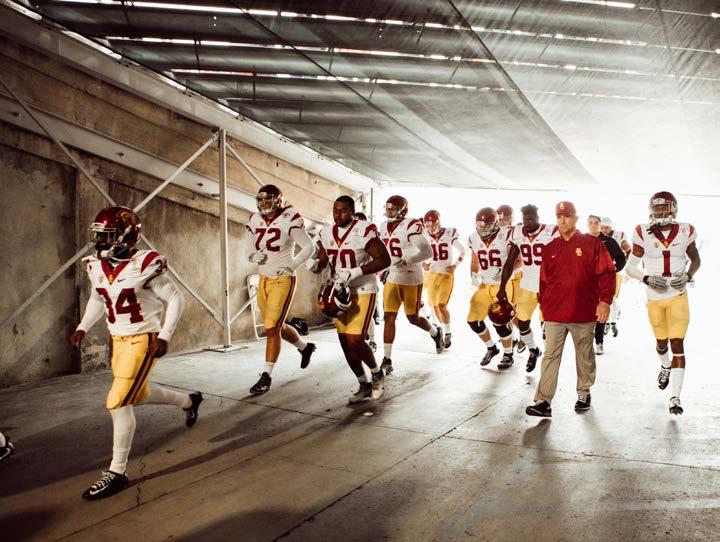
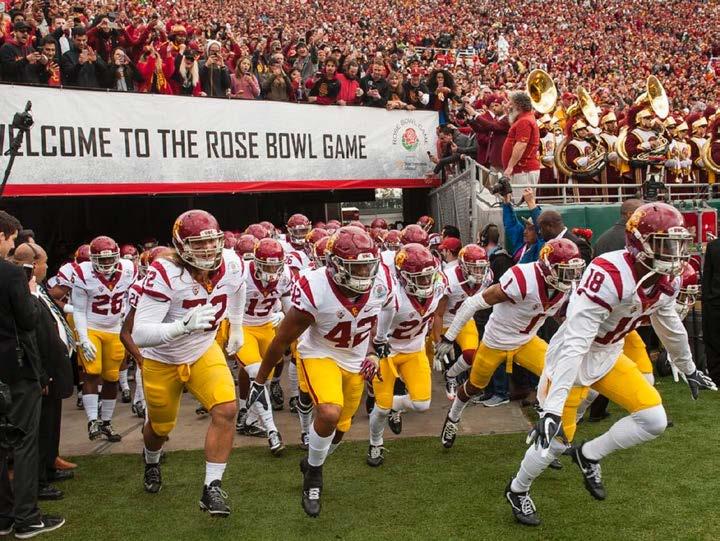
Payment is required to secure the order, and payments may not be processed until early Fall. If a Member does not purchase tickets one year, it does not make them ineligible to purchase future tickets.
Members who do not perform their duties will be billed for their complimentary tickets at face value of the Rose Bowl tickets.
Members who are on a Leave of Absence are not considered on active service, and the member does not accrue a year of service for ticketing purposes only.
Failure to exercise one’s ticket allocation will not affect future allocation of tickets.
Rose Bowl Ticket Allocation

Member Ticket Allocations are as follows:

13
Membership Obligations
Dues
All active and inactive Members of the Association pay annual dues. The dues of the Association are established by the Board of Directors and are reviewed periodically by the Executive Committee. Honorary Members of the Association do not pay dues.
In January of each year, an electronic notice of renewal is sent to all members of the Association, directing Members to renew their membership on-line via the Member website. Members without email will be sent a paper renewal form via USPS. The deadline for renewal is January 31 each year. Annual Dues schedule is shown to the right.
Name Tags
Each Tournament of Roses Member receives name tags when they are accepted as a Member to the Association. Each new Member will receive name tags that have a pin-back and a magnet. Members may prefer the pin back to use with the white suit during parade day. Wearing a name tag is part of the Association’s uniforms.
Each name badge will include the rose logo, the words “Tournament of Roses,” the Member’s name, the year joined and the member’s title.
Name tags should be worn whenever a Member attends a meeting, event, or is acting on behalf of the Association while completing committee work in public. For events not hosted by the Tournament of Roses, name tags are not required.
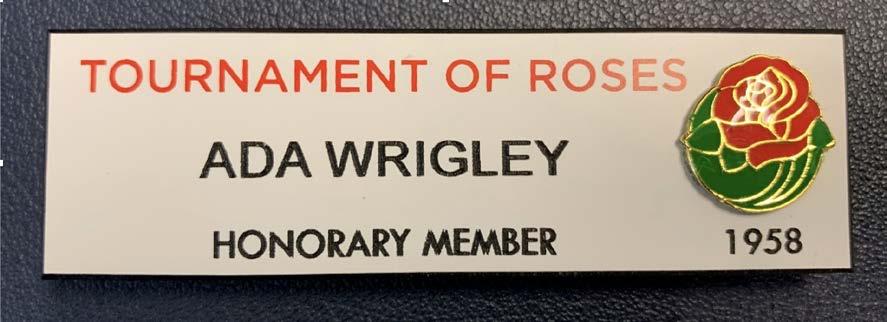
Spouse badges are provided for Judging, Queen & Court and Executive committees. Spouse badges will include the spouse’s name, the rose logo, and the words “Tournament of Roses” at the top. Spouse badges will not include a year joined or committee name. The President’s spouse will have a title of First Lady or First Gentlemen or another chosen title.
Replacement name tags may be purchased from Member Services, through the Member website.
Name badges are property of the Association, and must be surrendered upon request.
Annual Member Dues
Provisional Associate:
Associate Member:
Regular Member: Member Retired:
Inactive Member:
Honorary Member:
$55 $65 $75 $75 $100 $0
Approved
Titles:
President
Executive Vice President
Immediate Past President
Treasurer
Secretary
Vice President
Executive Committee
Director/Chair
Chair
Vice Chair
Past President
Honorary Director
Honorary Member
Any Staff Title
14
Tournament of Roses Uniforms
It has been the practice of most of the committees to wear the white suit uniform on Parade Day and for specific events as prescribed by the respective committees. A secondary uniform, known as the Blue and Grays, is worn for less formal events, but not on Parade Day.
Due to weather conditions or other circumstances of an event, some committees have chosen other less formal uniforms, such as khaki slacks and golf shirts, even substituting in the appropriate theme shirts. Your Chair or Vice Chair will let you know when it is appropriate to wear what uniform.
The White Suit
All Members are required to purchase a white suit and appropriate accessories. Detailed information and the white suit guidelines are available on the Member website or from the Membership Services Team.
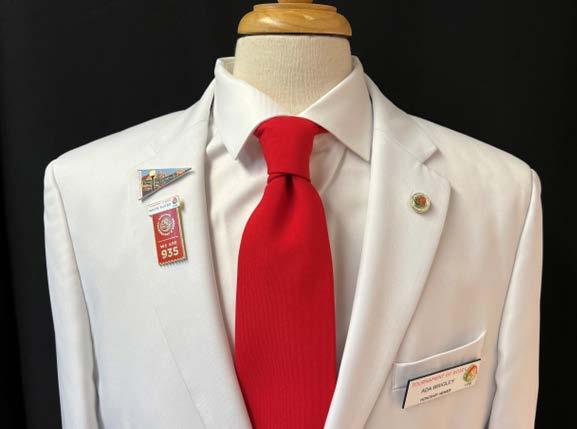
The white suit is iconic to the Tournament of Roses and has a rich history. The tradition dates to the turn of the 20th century, when members staging the Rose Parade needed an easy way to identify each other in the crowds.
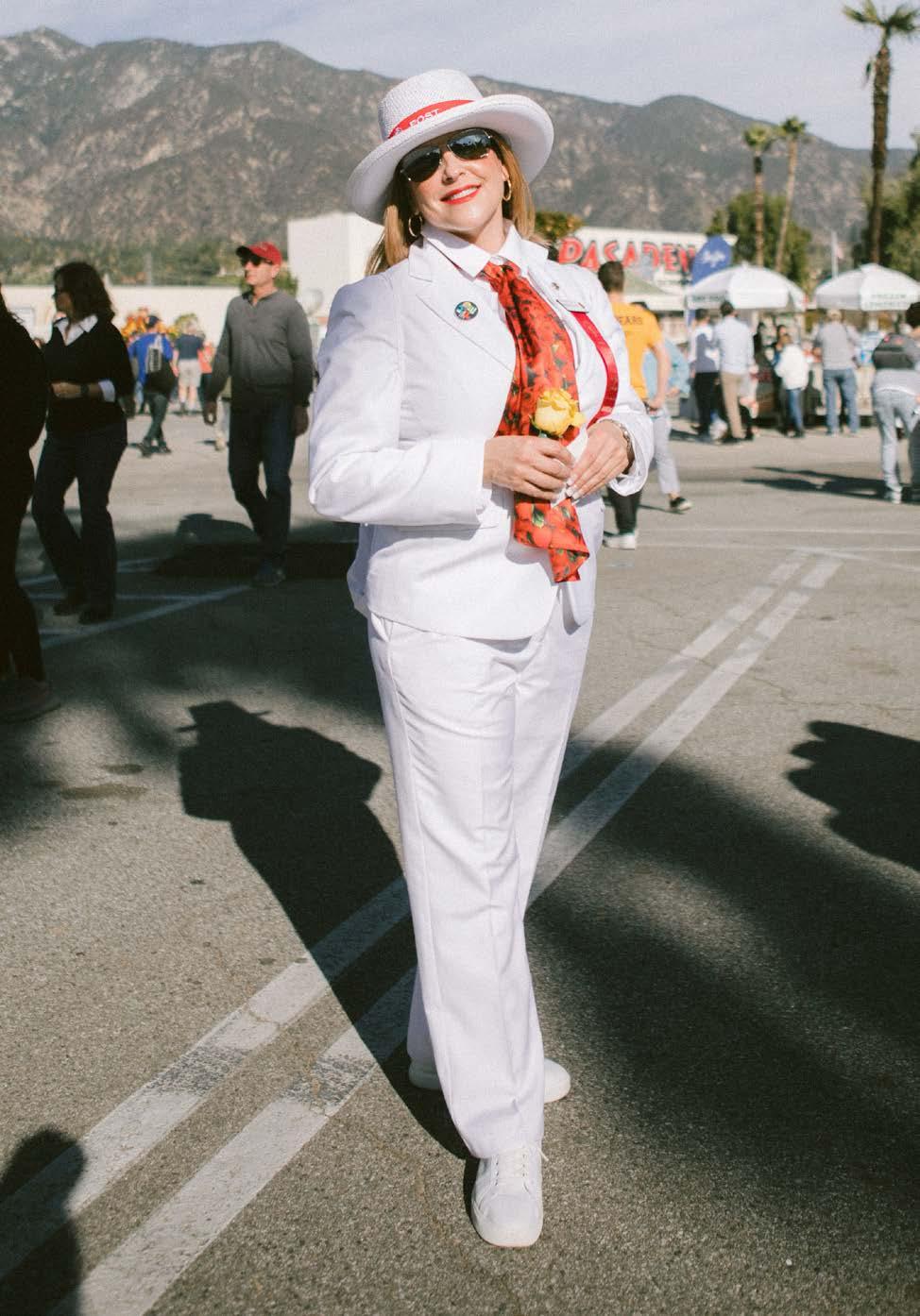
The white suit consists of a white single-breasted suit. The suit may consist of two or three buttons on the jacket, white slacks, or a white skirt. If the slacks or skirt has belt loops, a white belt must be worn.
A plain white dress shirt should be worn under the jacket, and worn with a red tie or rose print scarf.
The theme pin and membership pin are to be worn with the white suit and have designated places on the uniform. The theme pin should be worn on the wearer’s right lapel, and the Member pin should be worn on the wearer’s left lapel.
From time to time, an Association President may gift the Members with a ceremonial Member pin. That pin may only be worn during the Parade year the president serves, and is placed below the theme pin.
A name tag must be worn, and should be placed on the wearers left side, over the breast pocket. Do not place the name tag on the lapel. See photo on right for pin and name tag placement.
A- Name Tag
C- Theme Pin
15
B- Membership Pin
A
C D
D- President’s Gift of a Member Pin
B
The White Suit
Tournament of Roses Uniforms continuned...
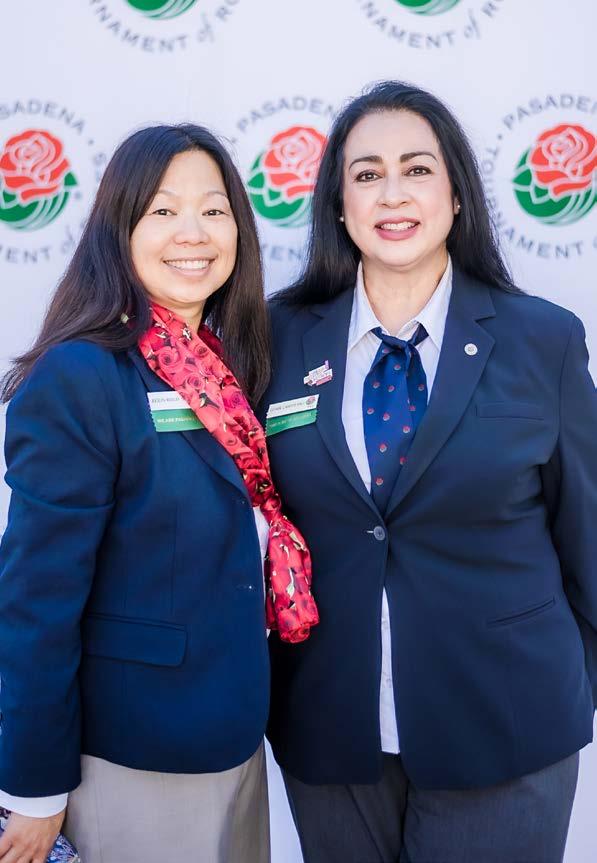
There are limited accessories that may be worn with the white suit uniform. For warmth, a white sweater (not a sweatshirt) may be worn over the shirt, and if it is cold, white gloves may be worn. All other colors of gloves or sweaters may not be worn. Should it rain, clear rain gear may be worn. Additional scarves may not be worn with the white suit. Members may not wear jackets or overcoats over the white suits.
A Tournament of Roses white logo ball cap may be worn. However, the Post Parade Committee has a different hat they may wear. The white Panama-style hat may only be worn during Floatfest. During Floatfest, no other hats may be worn.
While we encourage members to be themselves and express themselves, we ask that you don’t over accessorize with oversized holiday jewelry and festive hats.
Blue and Gray Uniform
The blue and gray uniform is required for some committee duties and activities. This uniform is typically used in public settings and is considered less formal than the white suit.
The blue and gray uniform suit consists of a navy single-breasted suit jacket. The jacket may consist of two or three buttons for closure. Gray slacks, or a gray skirt needs to be worn with the navy jacket. If the slacks or skirt has belt loops, a black belt must be worn.
A plain white dress shirt should be worn under the jacket, and worn with a navy rose tie, or rose print scarf, or a navy with roses “perky-bow” tie. The red tie worn with the white suit, should not be worn with the blue and gray uniform.
Shoes for the blue and gray uniform are black and worn with dark socks or hosiery. We encourage dress shoes and do ask that sneakers or tennis shoes not be worn.
The theme pin and membership pin are to be worn with the blue and gray suit and have same designated places on the uniform as the white suit. The theme pin should be worn on the wearer’s right lapel, and the membership pin should be worn on the wearer’s left lapel. A name tag must be worn, and should be placed on the wearers left side, over the breast pocket. Do not place the name tag on the lapel. To see a pin placement image please refer to the previous page.
There are limited accessories that may be worn with the blue and gray uniform. For warmth a navy sweater (not sweatshirt) may be worn over the shirt, and if it is cold, dark colored gloves may be worn.
The pieces for a blue and gray uniform can be purchased anywhere you like, or you may already have them in your closet. Accessories like ties may be purchased by Member Services at the front desk.
Other Committee Uniforms
From time to time, committees opt for a more casual uniform for activities. Most committees opt for a colored polo shirt with a monogrammed logo, to be worn with khaki pants and clean sneakers. Some committees opt for a specific-colored jacket, and a coordinating ball cap. These types of uniforms are used within a committee’s work in public or private.
All non-formal uniform types must be worn with your name tag. Committee Chairs will inform you on how to obtain the additional pieces.
16
Coveralls
If your committee assignment requires you to wear coveralls, they will be provided by the Services and Properties Committee at the Tournament House. The Services and Properties Committee offers coveralls beginning the morning of Honda Familiarization, and various days for the remainder of the month of December. For exact dates, please check the Member Calendar on the Member Website. Coveralls lent during this time must be returned by January 15, to avoid replacement costs of the coveralls. Members will be notified by email of the schedule.
If a Member wishes to purchase their own coveralls, they are sold during the fall though a third party, and they will be sent to the member in early December. They will include the rose logo on the back, and you may have your name embroidered on the front above the pocket.

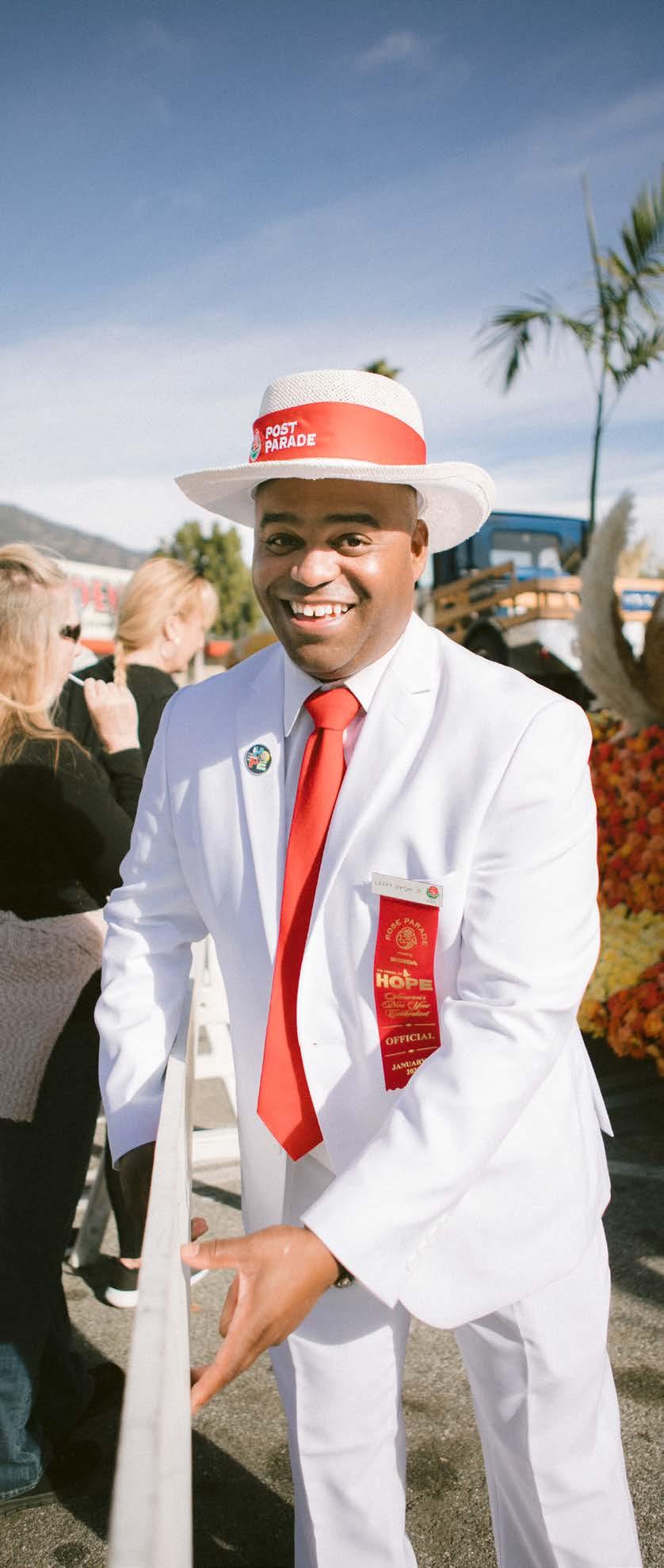
How to tie a ‘Perky Bow”
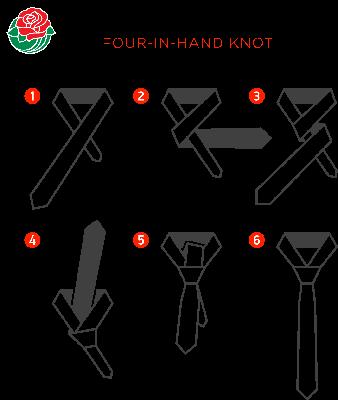
17
1 2 3 Wrap tie around neck. Flip one end over the other. Make a loop with the bottom end. 4 5 6 Wrap the top end around the loop. Form a loop with the other end, push through opening behind. Pull loop through and adjust to form perky bow.
Committee Structure
Operating Committees
The Tournament of Roses has 31 operating committees comprising 935 active Members. Each Member is assigned to a committee (for two years in most cases), where they are assigned specific duties and responsibilities. Committee Chairs and Vice Chairs are also assigned to a new committee every two years, though a member may serve less than two years based on operational needs.
Approximately half of each committee’s volunteers rotate every year. The result is committees consisting of a mix of experienced and new Members each year. Committee assignments are finalized in early Spring, and Members are notified annually of their committee assignment.
During their first six years, Members are generally assigned to the “big three” committees: Formation, Post Parade or Parade Operations committees. Following a Member’s rotation on the “big three” committees, they will be assigned to other committees by the Membership Chair. After approximately 10-15 years of membership, Members should expect to return to an assignment on one of the “big three” committees for another two-year rotation.
The following list of Committee descriptions provides an overview of the primary functions of each committee. A Committee Operating Guide (COG) that provides more details about current activities of the committees is available for each operating committee and is posted to the committee’s web page. A COG is updated annually by the Chair and their respective Executive Committee Coordinator.
Alumni/Social Media: Gathers and creates content for use by the Association utilizing social media platforms to inform and engage members and past Parade participants.
Auxiliary: The Auxiliary Committee is responsible for organizing Honorary Members who provide services to committees seeking additional volunteer support.
Communication and Credentials: Coordinates telephone and radio communications for the Rose Parade, including services of auxiliary communications personnel. Responsible for the management, production and distribution of credentials for the Parade and Parade-related events.

Community Relations: Responsible for fulfilling speaking engagements to clubs, groups, community organizations and local schools. Hosts Association-involved community events, community receptions, local school programs and Parade viewing for the disabled.
Coronation and VIP Tailgate: Produces the Rose Queen and Royal Court Coronation event, and the VIP Tailgate Party on game day. Manages logistics and support for initial Royal Court candidate interview process.
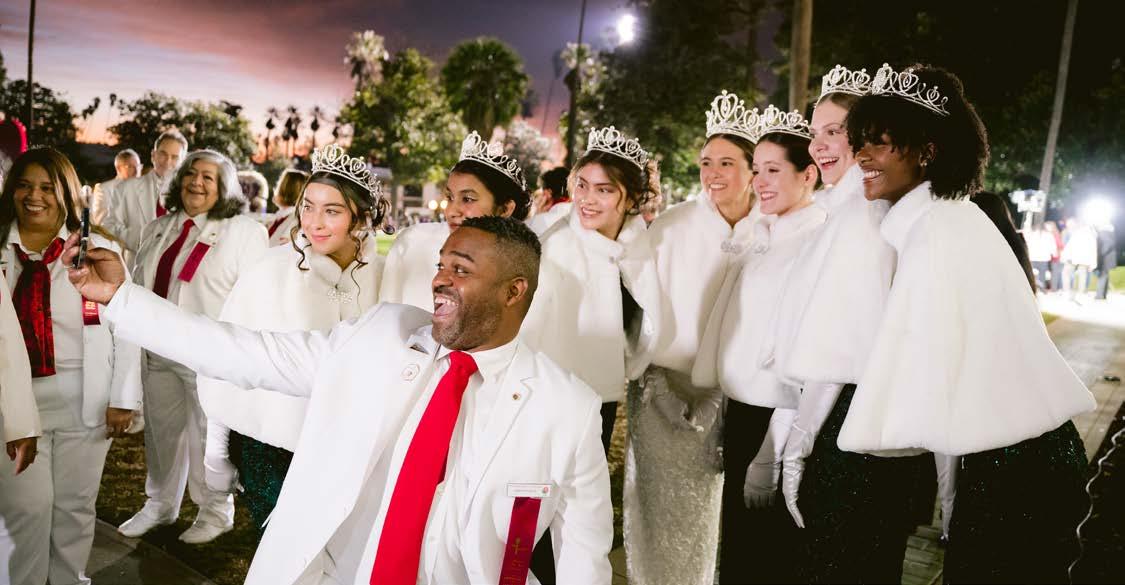
18
Committee Structure continued...
Decorating Places: Manages the public viewing of floats at designated float decorating barns. The Committee acts as host to the public, arranges tours and maintains safety and security at these locations.
Equestrian: Manages the invitation and participation of the equestrian entries. Plans and hosts the equestrian reception, marshals’ breakfast and produces Equestfest, a showcase of the Parade equestrians.
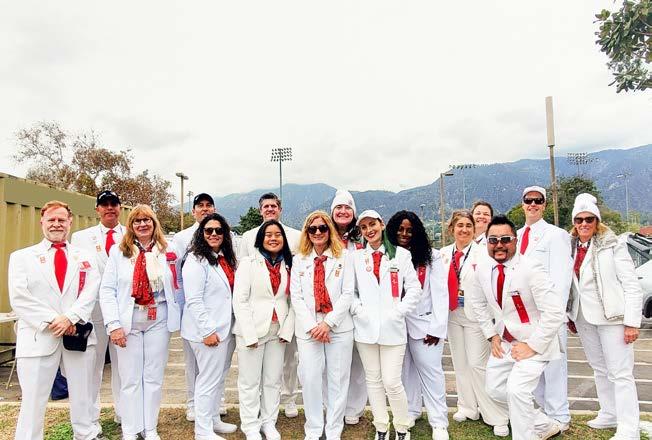
Float Construction: Responsible for quality assurance oversight of the construction of Rose Parade floats ensuring adherence to mechanical, technical and safety guidelines. Coordinates movement of floats from building sites to the Parade Formation Area. Plans and hosts the Float Operators’ dinner.
Float Entries: Manages the invitation and participation of float entries. Develops the official Parade lineup. Plans and hosts the annual float participant meeting. Plans, organizes and hosts the annual Association leadership retreat.
Food Services: Provides food and beverage service for volunteers and participants at a variety of Association events. Plans and hosts the annual volunteer kick-off events. Coordinates food service for official Association Parade grandstands.
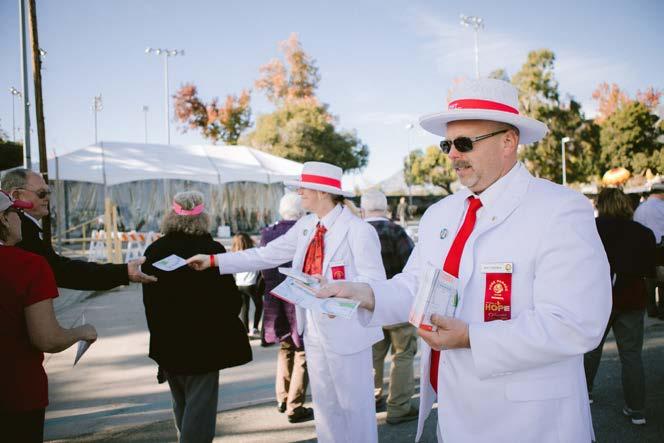
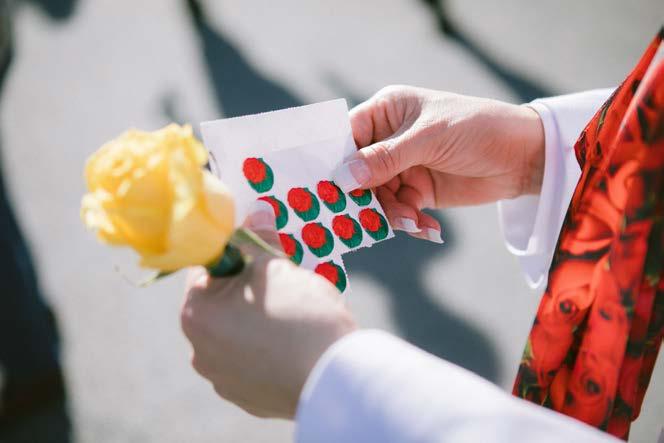
Football: Represents the Association in the relationship between partner conferences (PAC-12 and Big Ten) and other universities and conferences participating in the Rose Bowl Game and CFP games. Serves as hosts to participating university and conference representatives at the Rose Bowl Game. Some members of the committee participate in the selection of Rose Bowl Hall of Fame honorees.
Formation Area: Secures the area where the Parade is formed by closing streets, assisting law enforcement with crowd control and resident access beginning the night before the Parade and until the last unit advances through the Formation area. Manages turnstile operations in the security zone on Parade morning.
Heritage: Trains and schedules committee members as docents for guided tours of the Wrigley Mansion aka Tournament House. Maintains historical collection of Association memorabilia. Responsible for planning and hosting the Queen’s luncheon.
Host: Responsible for planning and hosting a variety of activities for the President’s Party, festival guests, and other VIP attendees of the Association.
Judging: Selects, invites and hosts the float judges. Responsible for accompanying the judges to the decorating sites, facilitating the deliberation process and releasing official award results on Parade morning.
Liaison and Planning: Serves as liaison with the City of Pasadena, other agencies and Association committees for cooperative compliance with safety rules, regulations and ordinances.
19
Committee Structure continued...
Media Operations/Hall of Fame: Assists Rose Bowl Game Management with central press headquarters, media transportation, press conferences, and distribution of game statistics. Plans and executes the Rose Bowl Hall of Fame induction ceremony and hosts the honorees.
Membership Development: Manages new Member recruitment and orientation activities. Plans and hosts the Membership family picnic, the Member appreciation reception and other Membership events. Responsible for oversight of the College Volunteer Program.
Music: Manages the invitation and participation of the music entries. Plans and hosts three major events for current and future band directors, and produces Bandfest, a showcase of the parade bands.
Parade Operations: Integrates all Rose Parade participants and other entertainment elements into the Parade per the official line-up. Accompanies the Parade entries from the Formation area to the Post Parade disbanding locations.

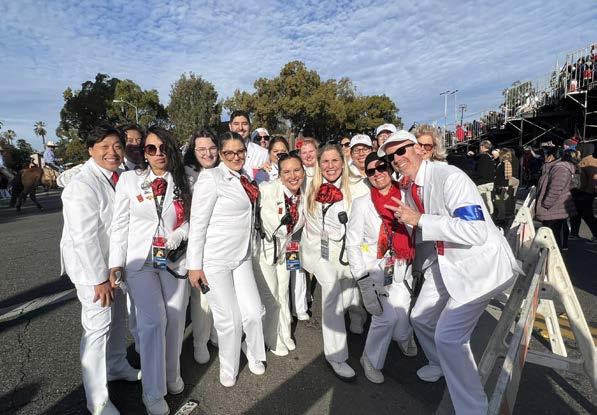
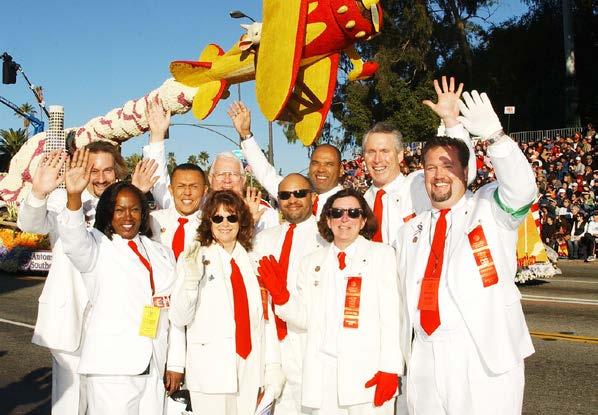
Post Parade: Receives the float entries in the Floatfest area and directs to assigned positions. Coordinates the disbanding location of the Parade with other Association Committees. Responsible for organizing and producing the Floatfest - Showcase of Floats.
Press Photo/Trophy: Provides all Parade participant entries with a commemorative photo. Responsible for assisting the media center with distribution of credentials and managing access to and hosting the media towers. Organizes and hosts official VIP press grandstands.
Queen and Court: Presents to eligible schools the opportunity to participate in the initial Royal Court interview process. Interviews and selects the official Royal Court members. Coordinates all Royal Court events and appearances.
Services and Properties: Oversees Parade-related service and security contracts and serves as liaison between vendors and Association committees. Responsible for maintaining the inventory of the Association on-site property room.
Special Events: Manages and coordinates most Association catered events on Tournament House grounds and other locations. Responsible for sourcing vendors, selecting menus, and working with designated committees on a variety of events. Serve as a liaison between the caterer and the committee during the events.
Student Ambassadors: Responsible for overseeing the high school student volunteer program. The program promotes volunteerism by training Student Ambassadors from eligible schools to work with the public at various Association and Parade related events.
20
Committee Structure continued...
Television and Radio: Serves as liaison to all broadcast media outlets that provide live coverage of the Parade. Responsible for assisting production staff with Parade information, logistics and coordinating the Parade route positions of each media outlet. Plans and hosts the broadcasters reception and the broadcasters orientation.
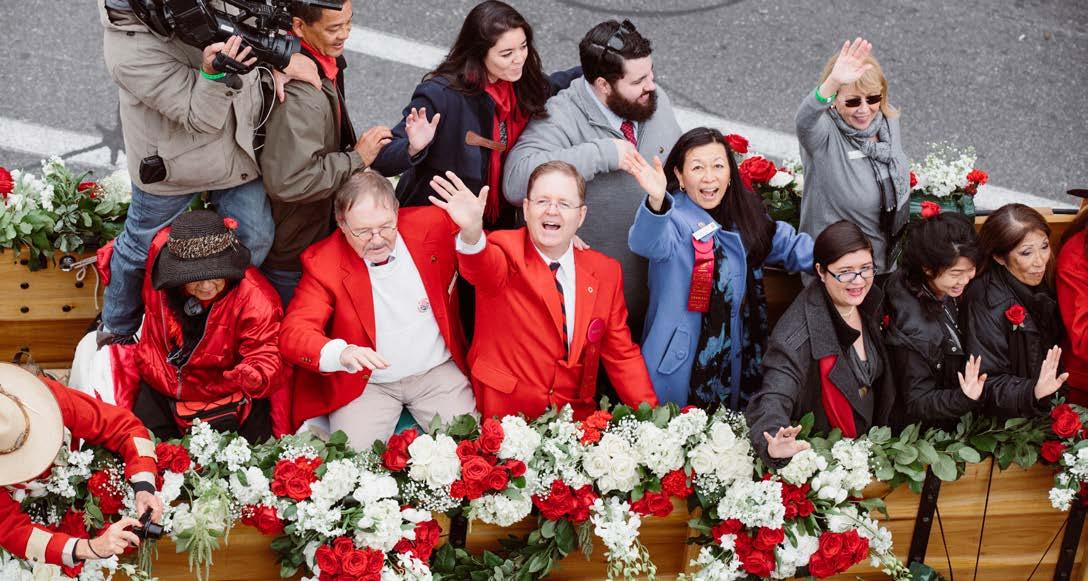
Tournament Entries: Coordinates all official Association entries including selection of vehicles for the Grand Marshal, President and Mayor of Pasadena, the Royal Court and Conference floats and the award banners. Responsible for Tournament House grounds management and security and for managing public inquiries the day before the Parade and Parade day.
Tournament Grandstands: Responsible for coordinating services and hosting guests of the Association in the official grandstands.
Transportation: Facilitates the transportation needs of the Association by coordinating the use of official Association vehicles and rental of supplementary vehicles. Responsible for providing transportation to Association guests, partners and other VIPs.
University Entertainment: Responsible for hosting the visiting football teams and Rose Bowl Game representatives. Plans and hosts a variety of events and activities throughout Southern California.
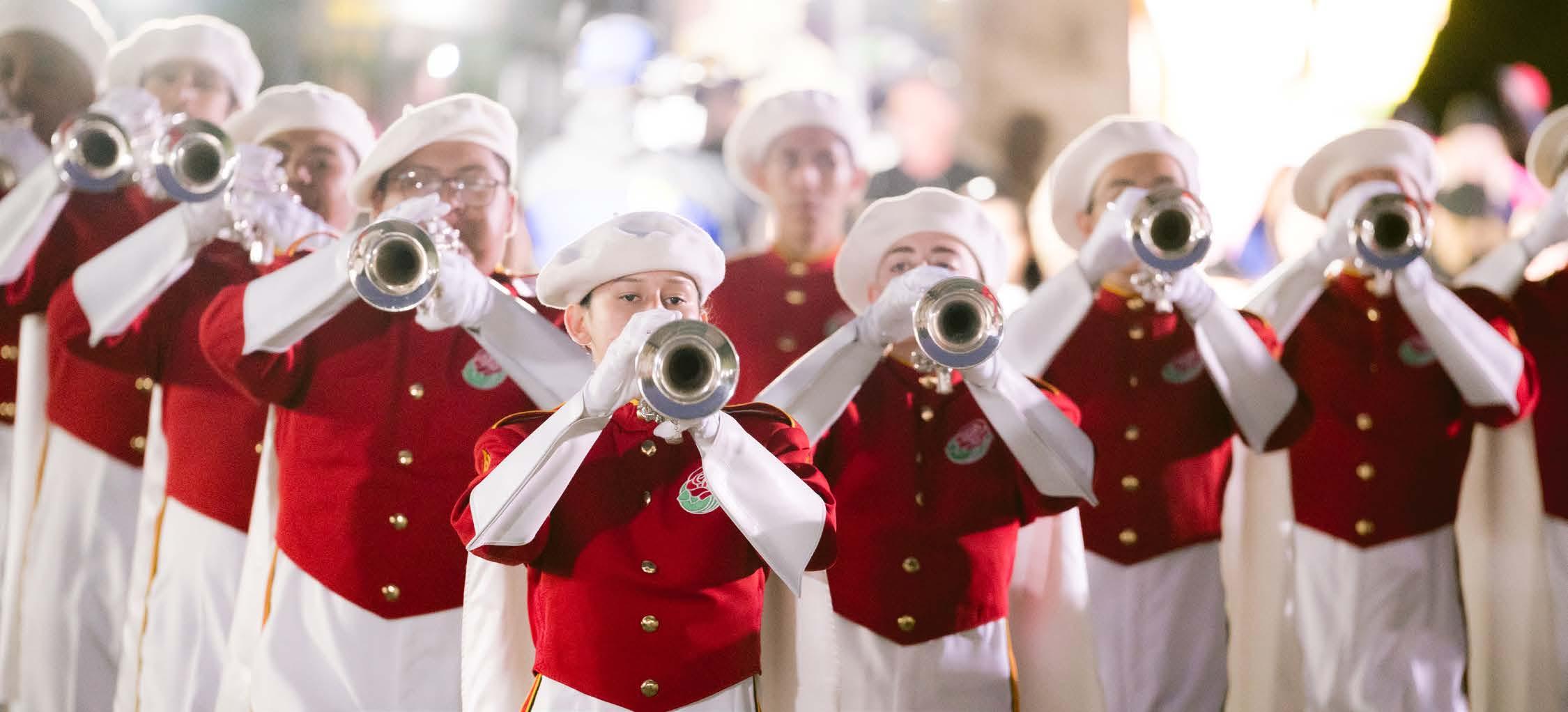

21
Committee Structure continued...
Standing Subcommittees
Eight standing subcommittees have been created to assist the Executive Committee and the Board of Directors. Chaired by a Member of the Executive Committee, these committees includes a minimum of two Directors, and may include Honorary Directors and Life Directors; Members and Staff are assigned to the following Standing Subcommittees for a one-year term. Details and listings of the Standing Subcommittees are noted below.
Audit: Oversees the annual audit of the Association and Rose Bowl Game finances.
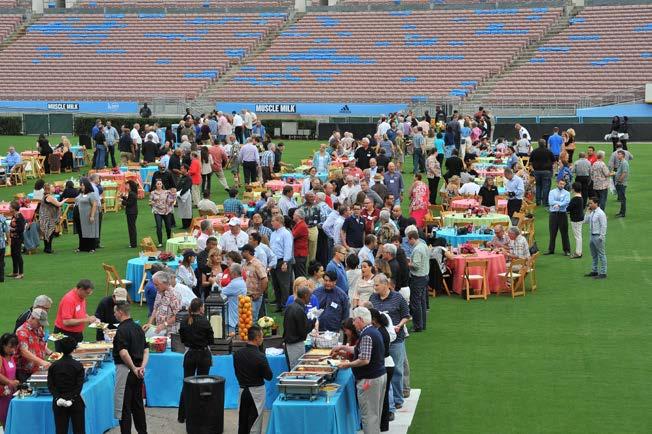
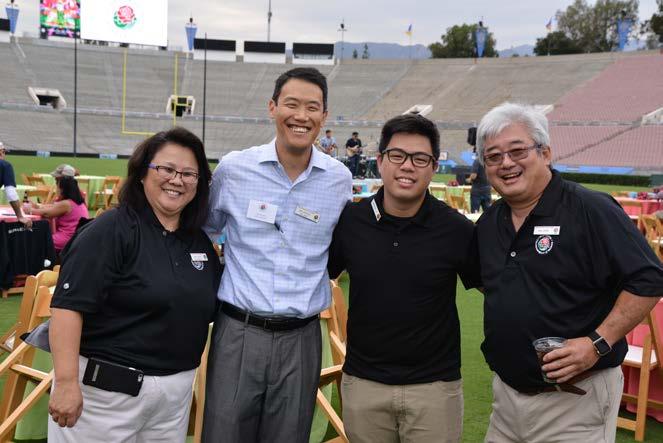
Budget & Finance: Oversees Association budget, assets, real estate, investments and the employee retirement plan.
Business Development: Oversees and develops policies for all Association business activities (i.e., revenue generating programs) other than those specifically assigned to another committee.
Game Policy: Oversees issues related to the Rose Bowl Game and provides policy recommendations related to the management of the Game. Instructs Rose Bowl Management Committee voting members on Association policy positions. Also determines policies on internal Game-related matters affecting Association operating committees.
Governance & Personnel: Acts on behalf of the Executive Committee on matters relating to the effective management of human resources, for both staff and volunteers. Additionally, handles all disciplinary and grievance matters relating to volunteers It also serves to monitor, evaluate and improve the governance of the Tournament of Roses to include all matters related to the effective operation of the Executive Committee and the Board of Directors.
Government & Public Affairs: To develop policies for the use of available Association resources in promoting the image of and support for the Tournament of Roses Association in Pasadena and surrounding communities.
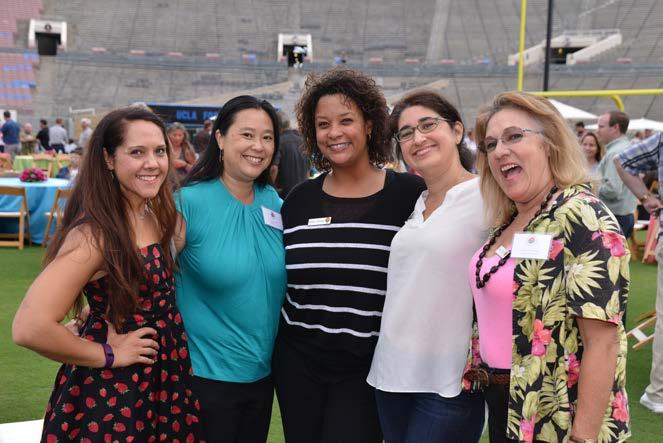
Membership: Responsible for new Member selection; Member assignments; training of Chairs, Vice Chairs and Membership; Member database and website oversight, determines Leave of Absence requests for members; performance evaluation system oversight, serves as editorial board for internal publications; and manages succession planning.
Parade Policy: Parade policies, long-range planning for Parade and related activities.
22
Committee Structure continued...
Coordinating Committees
There are two coordinating committees that work with the Members of a variety of committees to coordinate activities or address issues that may affect the planning of the Parade or Game.
Design Variance: Responsible for approving all float designs and variances in accordance with the Float Manual. Includes the Chairs of Judging, Float Construction, and Parade Operations. Chaired by the Chair of Float Entries.
Street Committee: Serves as the forum for coordinating all aspects of the Rose Parade and its related activities. Includes Association committee representatives as well as representatives from interested external agencies. Chaired by the Chair of the Liaison and Planning Committee.
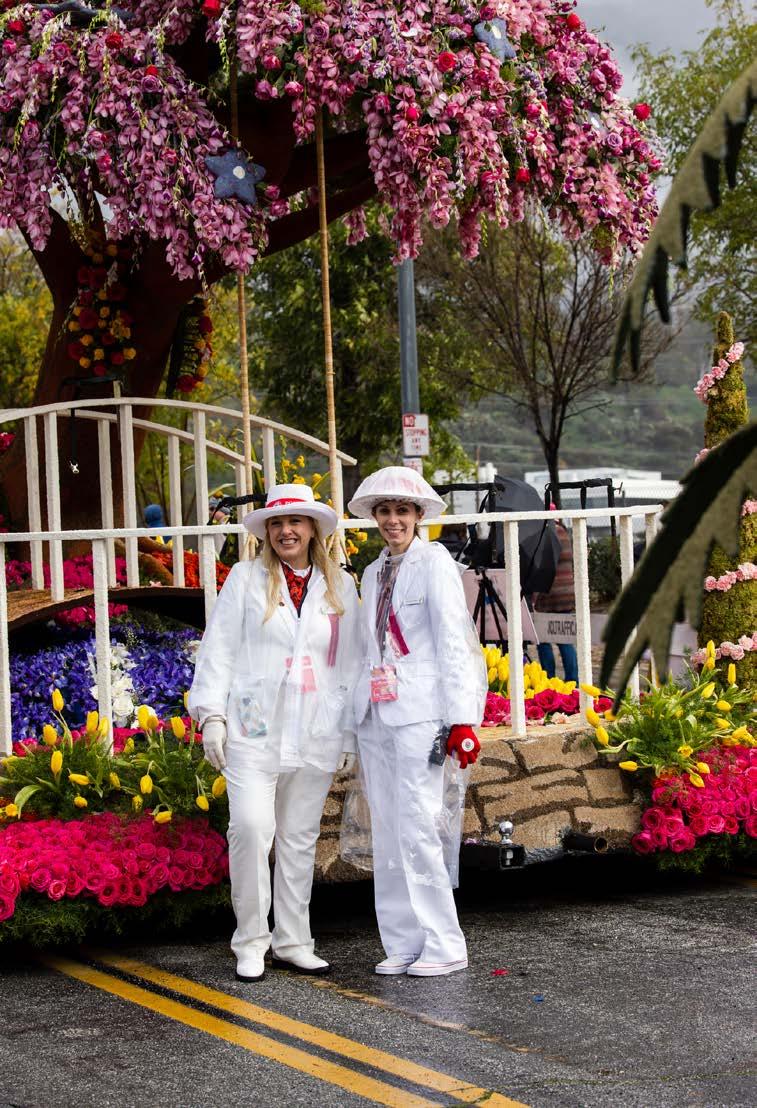
Committee Assignments
The Chair of the Membership Subcommittee makes Committee assignments early to mid spring each year. A Member remains with a committee until a new assignment is made. Most assignments are made for a twoyear term.
Once a member has 25 years of active service, the Member may submit a request to the Membership Chair, through the Member Services team, for up to three committees on which they are interested in serving. Requests will be accepted in late winter or early spring. Assignment to a requested committee is not guaranteed.
Members are expected to be available for committee meetings and assignments, and be prepared to work on the days prior to, after, and including the night before the Parade.
Role of Committee Coordinators
Each Operating Committee is assigned a Committee Coordinator. Committee Coordinators are Members of the Executive Committee, and support the activities and the roles of the Chair and Vice Chair. The Chair will keep the Coordinator informed of all activities, proposals, expenditures and recommendations of the committee. The Coordinator will maintain communications with the President, Executive Committee and Staff.
Role of the Chair and Vice Chair
Committee Chairs and Vice Chairs lead the Operating and Coordinating committees of the Association and are typically assigned to a new Operating or Coordinating committee every two years. Standing Subcommittee membership will change annually.
The Chair assumes primary responsibility for the operations of the assigned committee. The Vice Chair is second in command to the Chair and has responsibilities at the direction of the Chair. An Executive Committee Coordinator, and Staff Liaison is assigned to each Operating Committee to serve as a resource for the Chair and advise as necessary.
23
Committee Structure continued...
Role of Staff Liaisons
The role of the Staff Liaison varies committee to committee. Staff liaisons will attend committee meetings, provide historical information regarding the committee’s mission, focus and activities. Staff will assist with ensuring that proper Tournament of Roses policies and procedures are being followed and provide direction on working with other staff departments. They will assist with the committee budget process, and act in an “advise and assist” role.
There are a few things that the staff will not do. For example, take meeting minutes, send meeting reminders or other info to your committee, manage your committee’s web page or make major decisions about your committee’s operation.
Role of the Committee Members
Assignments within the committee are made at the discretion of the Committee Chair and Vice Chair(s). Members are encouraged to communicate directly with their Chair and Vice Chair(s) if they have special interests, wishes, limitations or concerns about assignments within their committee.
Committee Leadership Opportunities
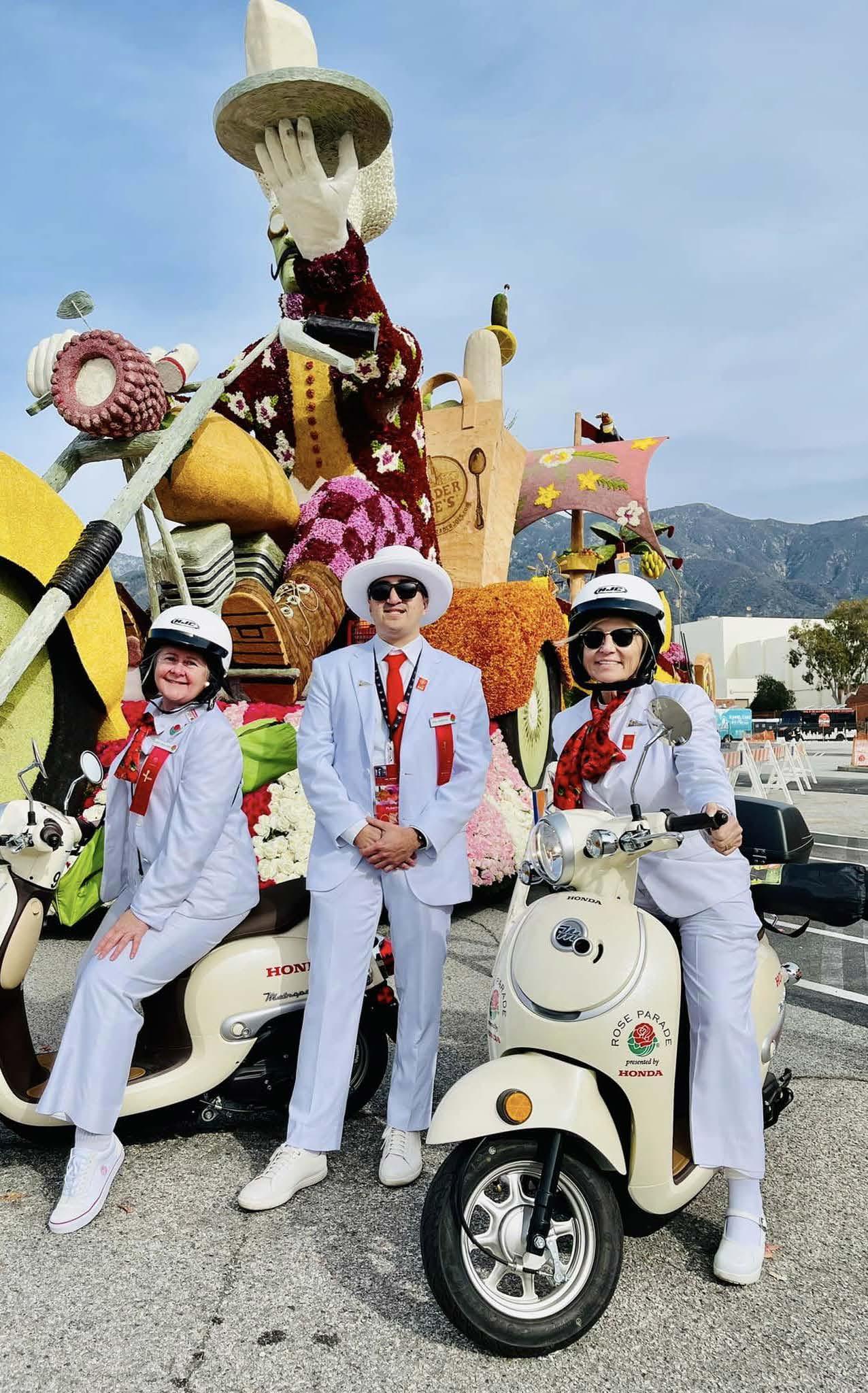
Most committees have several leadership roles. A member may wish to participate in committee management and leadership opportunities. The first level of committee management begins with the opportunity to manage specific tasks on a committee. Members wishing to volunteer for committee management or other leadership positions are encouraged to contact their committee Chair and/or Vice Chair(s). These roles are known as Captains or Assistant Captains.
Advancement to Vice Chair
Advancement to the role of Vice Chair is based on recommendation to the Executive Committee from the Chair and a review of the member ranking history. New Vice Chairs are selected annually, and may serve in the role up to six years. To be considered for the Vice Chair role, you must have been an Active Member of the Association for a minimum of eight years. At the end of a Vice Chair’s term, a vice chair may choose their committee assignment.
Advancement to Chair
Advancement to the role of Chair is determined by a nomination and election by Members of the Executive Committee. To be considered for the Chair role, a Member must have served in the role of Vice Chair. New Chairs are elected annually based upon the number of openings available, and may serve in the role for as many as 13 years.
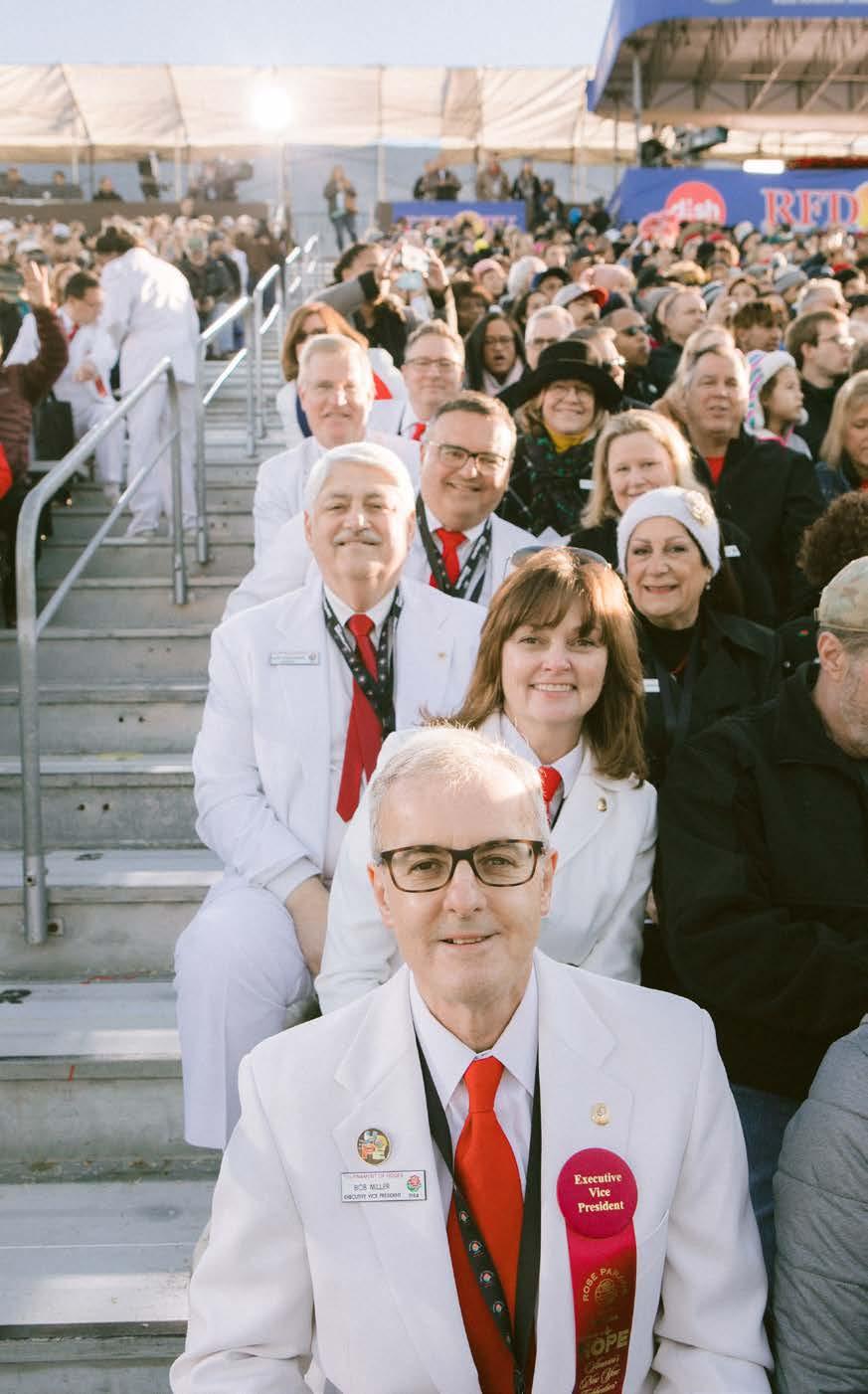
24
Critical Attributes When Seeking a Leadership Role Within the Association
Critical attributes are a set of core competencies that the Executive Committee, and the Membership Subcommittee use to recommend members for leadership roles within the Association. If you are seeking a leadership role, here is what the Association is looking for:
Effective:
Leadership:
Initiative:
Resourceful:
Integrity:
Judgement:
Attitude:
Availability:
Vice Chair
Member demonstrated success in committee leadership roles (captain), communicates well, completes assigned tasks.
Member demonstrated ability to work as part of a team, delegates, monitors progress, provides feedback.
The Member recognizes areas needing attention and has a history of volunteering to take on additional tasks.
Member identifies and diagnoses potential issues accurately, recommends and implements tangible solutions.
The Member is truthful and trustworthy, acts justly and honorably, discerns right and wrong.
The Member evaluates facts quickly, forms reasonable opinions and reaches sound conclusions.
Approaches committee assignments and related interpersonal relationships with a way of thinking, acting or feeling that demonstrates a positive, cooperative and constructive support of committee goals and the mission/image of the Tournament of Roses including our commitment to diversity and inclusion.
The Member is readily available, responsive to deadlines, supports Association activities and events.
To be considered for a Vice Chair role a member is required to have served 8 years.
Collaborative:
Judgment:
Professional:
Respectful:
Integrity:
People Skills:
Attitude:
Executive Committee At Large
Member demonstrates ability to work with others for the betterment of the Association.
Member has the ability to evaluate facts quickly, form reasonable opinions and reaches sound conclusions.
Member demonstrates reliability, competence, good communication skills and ability to complete assigned projects.
Member interacts with fellow volunteers and Staff fairly and courteously.
Member acts justly and honorably, truthful and trustworthy.
Member works cooperatively and congenially, treats members, Staff and outside parties equitably.
Approaches committee assignments and related interpersonal relationships with a way of thinking, acting or feeling that demonstrates a positive, cooperative and constructive support of committee goals and the mission/image of the Tournament of Roses including our commitment to diversity and inclusion.
Knowledgeable:
Member has a fundamental understanding of Association activities, goals and policies.
To be considered for an Executive Committee At-Large role, a member is required to have served a minimum of 8 years
25
Committee Structure continued...
Member Performance Review and Ranking
In addition to the critical attributes and other considerations for advancement, the Association uses a Member performance review and ranking system. At the conclusion of each year’s activities, Chairs are asked to rank the performance of their respective committee Members.
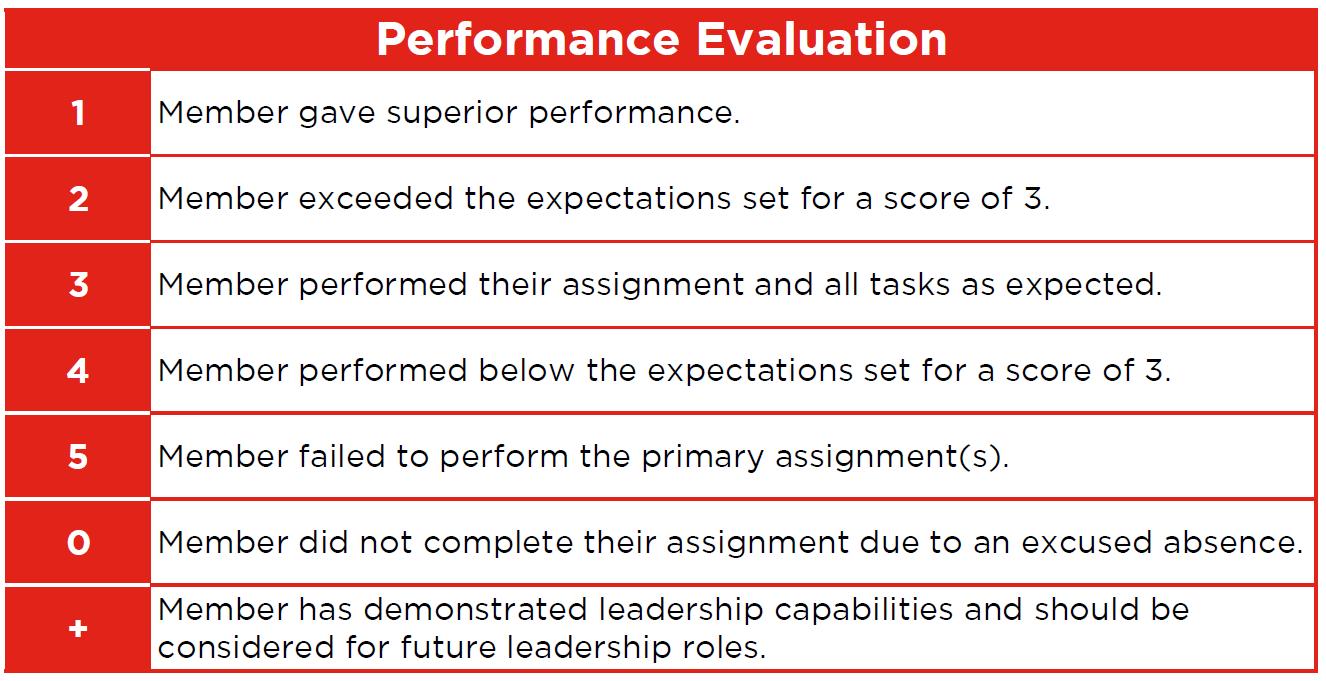
The ranking process assists the organization in identifying future leadership. It also aids in identifying nonperforming members. The performance reviews are conducted in accordance with guidelines established by the Association and each Member is given a number rank from “0” to “5”.
A Member may request to review their scores with the Member Services team by appointment.
Under-Performing Members
It is not common for a Member to receive a score of 4 or 5. The following actions will be taken with those who receive a ranking of 4 or 5:
First Occurrence- The Member is contacted by Membership Chair to review expectations and to inform Member that another score of 5 may result in non-renewal of membership.
Second Occurrence- The Member is contacted by Association Secretary to notify them that their membership may not be renewed.
Members who receive a ranking of 5 will not be eligible to receive complimentary football tickets and will be billed for the cost of those tickets in addition to any other that were ordered. Payment for those tickets must be received for a member to be deemed in good standing and eligible for renewal of membership.
The under performing scores of 5 need not be received in consecutive years for the above actions to be taken. In all cases, the member will have an opportunity to explain the unsatisfactory ranking and or to appeal it.
Appeals may be submitted in writing to the Membership Services Team, for presentation to the Membership Subcommittee for review and decision.
26
Assocition Bylaws and Governance Structure
Pasadena Tournament of Roses Association Bylaws
Our organization bylaws are like an operating manual. They dictate the size of the Board of Directors and Executive Committee, they highlight roles and duties of directors and officers, establish rules and procedures for holding meetings, electing Directors and appointing Officers at the Annual Meeting of the Association of Regular Members. Additionally, they are guiding principles that affect the Association and our Members. Normally bylaws are not public documents, but we make them available to Members to encourage transparency and accountability. The Bylaws of the Tournament of Roses are available via the membership website or the link below.
Association Bylaws Link
To view the complete Association Bylaws, please click here to view the document.
Annual Meeting of the Association of Regular Members
Each year the Board of Directors, Executive Committee and Regular Voting Members will meet at The Annual Meeting of the Association of Regular Members. This meeting is held each year on the third Thursday of January. During this meeting, Executive Committee Members, Directors and Honorary Directors are elected and other Association business is conducted.
Board of Directors
The Board of Directors comprises the 14 members of the Executive Committee, 16 Director/Chairs who also serve as Committee Chairs of 16 of the 31 Operating Committees and all Life Directors, who are Past Presidents.
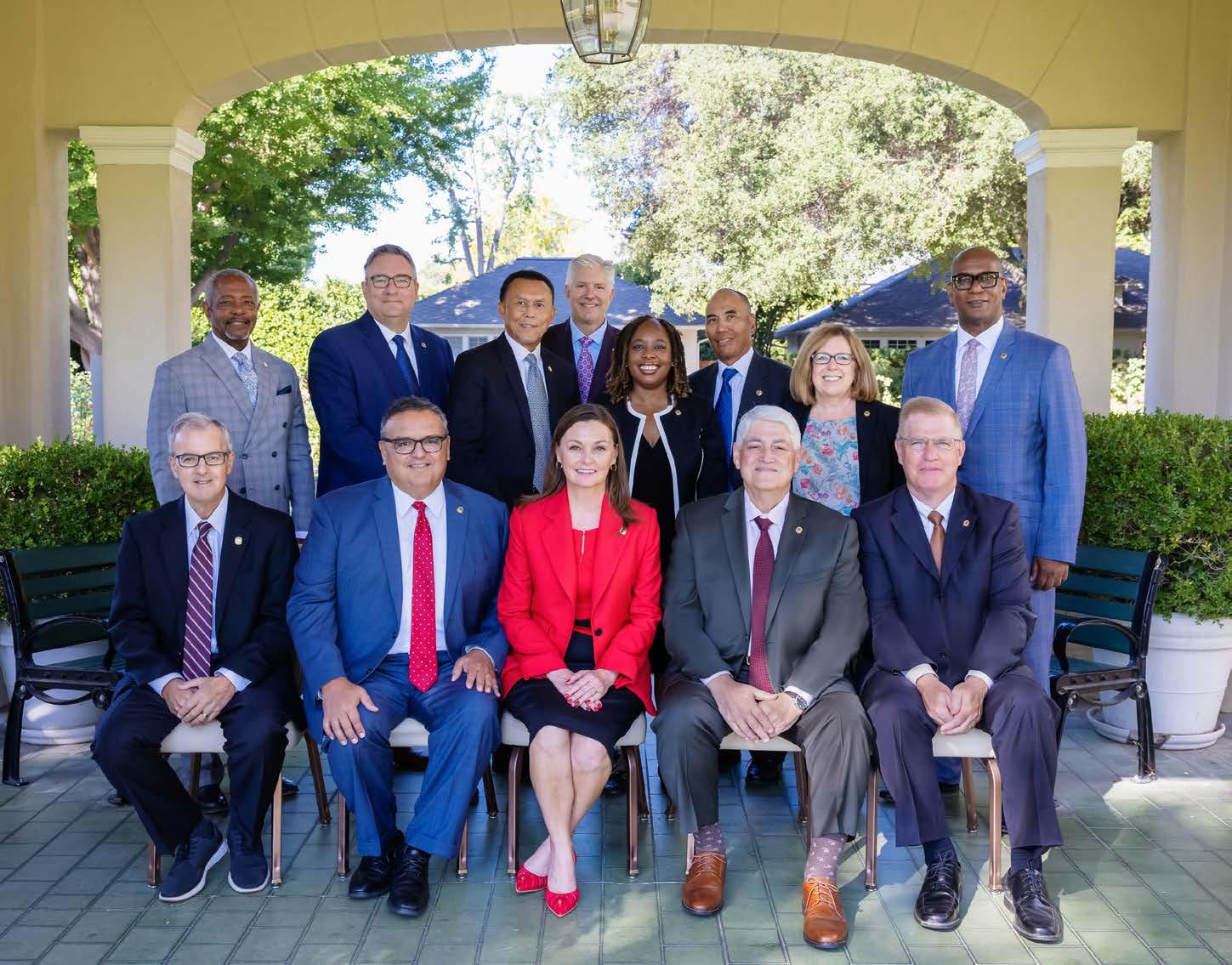
Executive Committee
The Executive Committee comprises 14 members of the Association. The Executive Committee meets regularly to guide and make policy for the Association. The Board of Directors delegates authority to the Executive Committee to set policy, make decisions and manage the business affairs of the Association. The Executive Committee is also elected annually by the Board of Directors.
27
Bylaws and Governance Structure cont...
Tournament of Roses Staff
The Pasadena Tournament of Roses is a volunteer-driven organization supported by a Staff of full-time employees and led by the Executive Director.
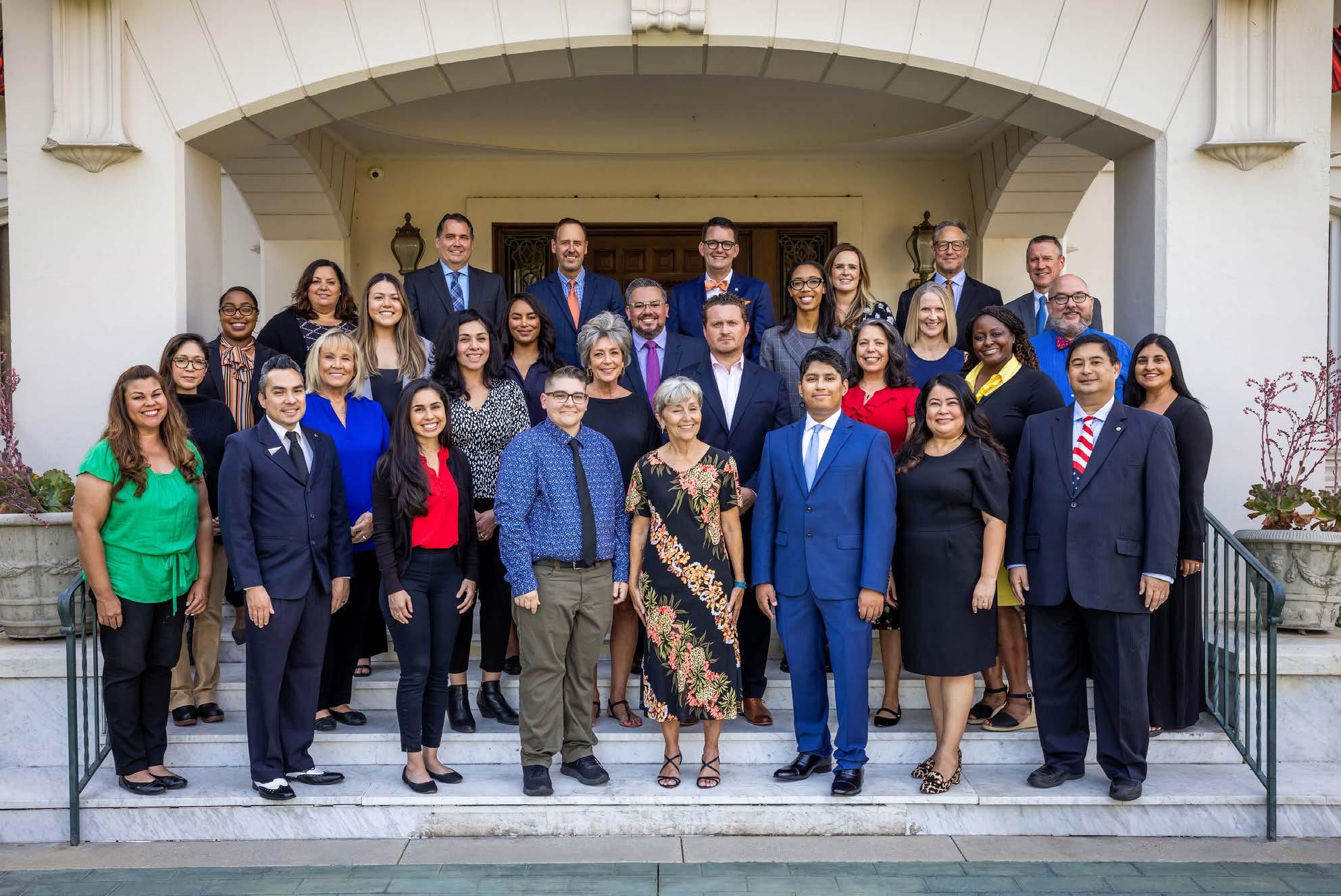
The Tournament of Roses Staff, comprising individuals with expertise across a wide spectrum, performs many functions and serves a variety of purposes for the organization. Roles and responsibilities of Staff varies, however, all staff offer their direct support of the Volunteer Membership.
Their involvement includes direct committee support, advising and assisting the volunteer committees, and functional area management. Staff Liaisons are assigned to support the Operating Committees and their primary point of contact is the Committee Chair or their designee.
Executive Director and Chief Executive Officer
The Executive Director/CEO of the Association is responsible for supervising the activities of the Staff and managing the functional responsibilities assigned to the staff by the Executive Committee, and maintaining working relations with counterparts in government, industry and sports.
28
Bylaws and Governance Structure cont...
Staff Operating Departments
Community Relations
The Tournament of Roses is a vital community organization, focused on positively impacting people through charitable giving, volunteerism and community involvement. The Association’s Community Relations Department and the Tournament of Roses Foundation work together to strengthen and direct the Associations’ goals, which include developing and implementing programs around enhancing educational opportunities, investing in our community and fortifying community business partnerships. The Director of Community Relations is also the Executive Director of the Pasadena Tournament of Roses Foundation.
Executive Office
The Executive office is a team of staff Members who assist the Executive Director and Chief Executive Officer and directly support the Board of Directors and Executive Committee. The Executive Office supports the President and their endeavors.
Finance
The Finance division manages the essential business-related functions of the non-profit corporation 501(c). It is headed by the Chief Financial Officer and oversees all financial operations including banking, insurance, accounts payables, receivables, budgets, etc. The Finance division also includes the network/IT operations, procurement and facilities (house and grounds) operations.
Game Management
The Game division, headed by the Chief Administrative Officer of the Rose Bowl Game, oversees all staff operations related to the Rose Bowl Game, including the College Football Playoff semi-final when that game is held at the Rose Bowl Stadium.
Marketing, Communications & Membership
The Marketing, Communications and Membership team supports the Association though marketing plan development, brand development and management, media and public relations, social media and digital marketing, website development and maintenance, advertising, promotions and market research. This team also supports, develops and directly supports the Tournament of Roses Members and their initiatives.
Parade Development
The Parade Development team seeks new, and maintains sponsors and strategic partners to help the Rose Parade. The team manages all sponsorships, partnerships and licensing. The team serves as a liaison for float entries, tournament entries, bands, equestrian units and parade participants.
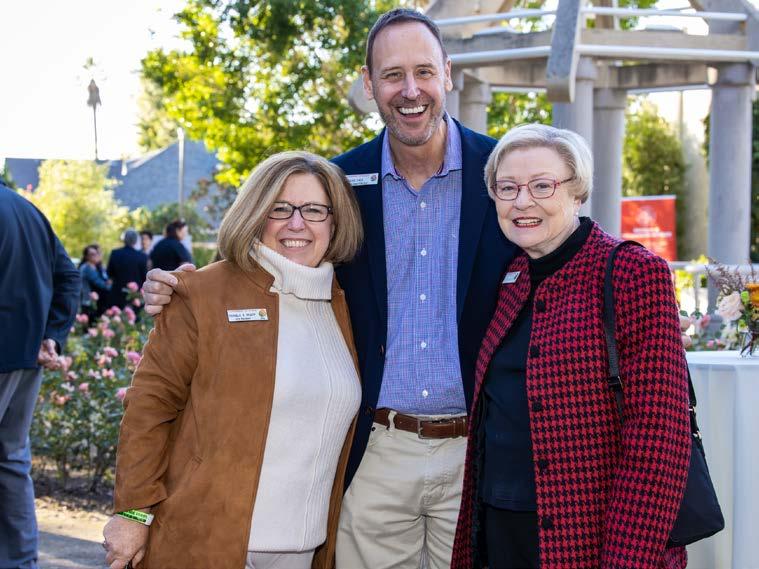
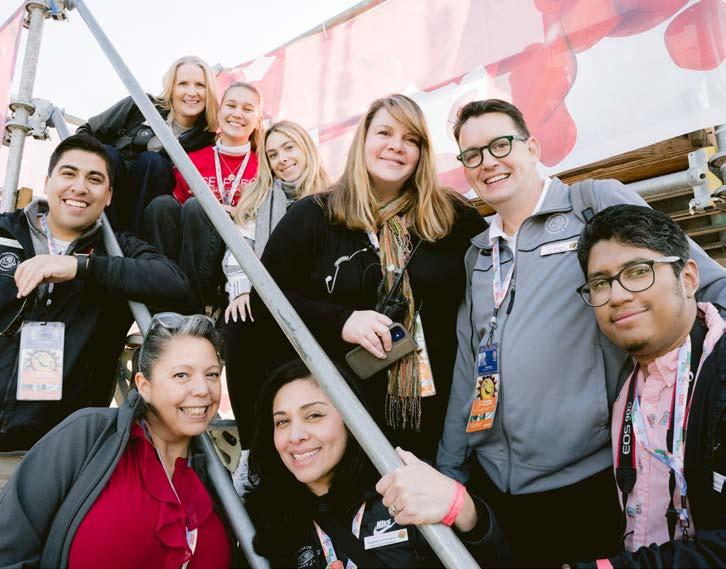
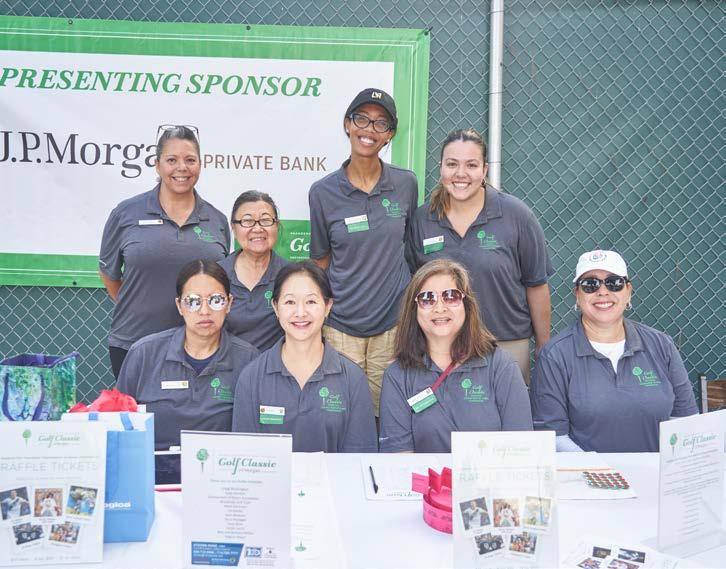
29
Member Policies and Procedures
Overview
Member Policies of the Association assist Members in understanding the guidelines and expectations set forth on a variety of topics. This section is provided as an overview of Member Policies. For more information about specific Member policies, please refer to the Member website.
Standards of Conduct for Tournament Members
The Pasadena Tournament of Roses Association is committed to providing and maintaining a professional atmosphere in part, by the image that volunteer Members (“Members”) demonstrate and present in their actions within the Association with each other, the Association Staff, vendors, third parties and the public at large. Standards of Conduct are applied annually as one of several measures used by Committee Chairs in ranking committee member performance.
Compliance with the Standards of Conduct Policy ensures that Members are aware of the expectations set for by the Association.
Members engage in activities on behalf of the Association annually that include interactions between Committee members, Association Staff, vendors, third parties and the public at large. As representatives of the Association, Members should utilize good judgment when transacting Tournament of Roses business, weather formally or informally, ensuring a professional and courteous demeanor at all times. Guidelines and procedures for dress, public interaction and professional demeanor assist members to understand the importance placed on conduct and assist Members in making decisions about appropriate and positive interactions that best represent the Association.
Professional Demeanor
Members are expected to maintain a professional demeanor in their Tournament of Roses activities. The Association encourages Members to have fun in their committee involvement and membership activities, and at the same time, several critical attributes are expected of all Members while representing the Association:
Attitude
Members approach committee assignments and related interpersonal relationships with a way of thinking, acting or feeling that demonstrates a positive, cooperative and constructive support of committee goals and the mission/image of the Association.
Human Relations
Members are courteous; they demonstrate willing cooperation, proactively resolve conflict and work to develop rapport with others.
Honesty/Integrity
Members are truthful and trustworthy in all things, discern what is right and what is wrong, and act justly and honorably.
Judgment
Members demonstrate good, practical sense in their Association activities by accurately evaluating facts and circumstances and forming reasonable opinions and/or reaching sound conclusions. Members are encouraged to use good judgment in all situations.
Complete Policy Link
To review the complete Standard of Conduct Policy please click here to view the document.
30
Member Policies and Procedures continued...
Public and Media Relations
Each Member of the Tournament of Roses has direct contact with the public and is expected to be a goodwill ambassador of the Tournament of Roses, Pasadena and the Southern California Region.
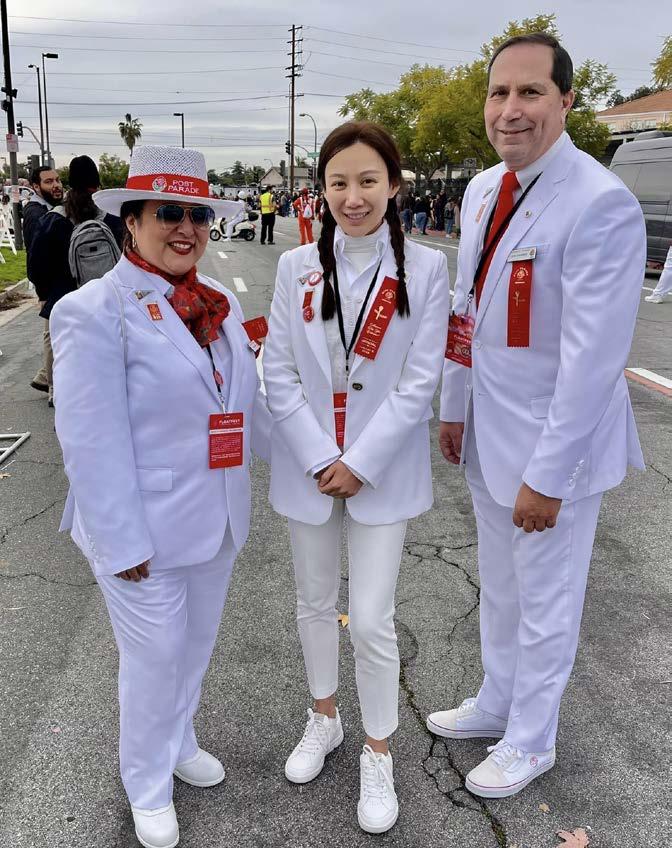
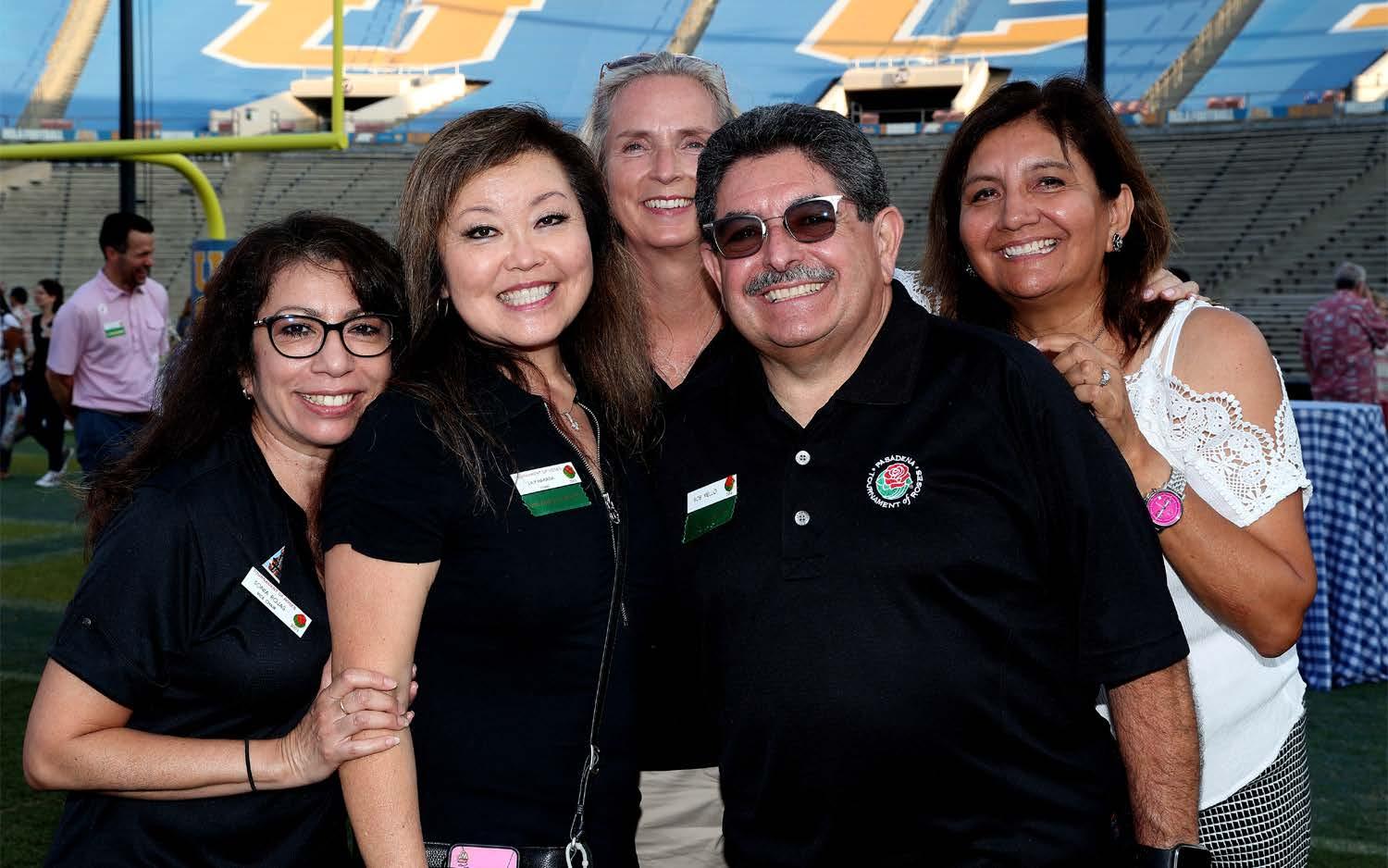
Members should not take a position as a spokesperson for the Association, and should direct media inquiries to the Director of Communications.
Anytime a Member receives a request from any type of media or press outlet, it should be referred to the Committee Chair and the Director of Communications.
The Association has established official speakers. The Marketing & Communications team will directly manage all media inquiries and interviews.
Members should NOT discuss any Tournament of Roses information directly with the media unless specifically authorized in advance.
Member Attire
Members should follow the guidelines of the Association in determining appropriate use of a white suit, name badge, or other Association officially designated dress. If a Member is wearing the Association white suit or other officially designated dress or name badge he/she will only do so when on official Association business.
Conversely, when a Member is not performing Association business, that Member shall not wear a uniform or other officially designated dress and erroneously identify him/herself as an Association official while performing non-Association business.
This also applies to any Member who is working for a third party or vendor that may be affiliated with the Association, while that Member is not on official Association business. Officially designated dress of the Association includes the white suit ensemble, the Blue and Grey Uniform and or coveralls.
Committee designated logo shirts and other Association logo attire is not considered official attire.
31
Member Policies and Procedures continued...
Alcohol Policy
From time to time, Members of the Association may be asked to participate in social events in connection with their membership duties both at and away from the Tournament House at which alcohol may be served. The Alcohol Policy ensures that Members are aware of the standards that apply to their conduct and that their behavior must at all times, remain consistent with the Association’s Code of Conduct.
The purpose of this policy is to create awareness that the Association does not prohibit its Members from consuming alcohol at such events, provided that such consumption is done with restraint and in moderation.
1. Alcoholic Beverages Policy Free, Invitation-only events that are not fundraisers
Legal opinion indicates that service of alcoholic beverages by volunteer pourers at Tournament House at a no-charge, invitation-only, non-fundraising Association events is legal.
For those non-fundraising, invitation-only events held at Tournament House where there is not a fee charged (i.e. wrap-up meetings), the Association is not required to obtain a license from the California Department of Alcoholic Beverage Control (ABC). In those instances, a member of leadership (defined as Vice Chair, Chair or higher) may serve alcoholic beverages to other Members and invited guests. Those individuals must first review the Things to Consider When Serving Alcohol document provided by the Special Events Committee. Wherever possible and reasonable, event organizers should utilize tools to mitigate the over-service of guests (e.g. drink tickets).
For larger events being held for invited guests from the general public, it is the policy of the Association that professional, licensed pourers must be hired to serve alcohol. Only beer and wine shall be served at these public events.
Paid Events
However, any event at Tournament House or away, such as the Member Kickoff at the Rose Bowl, which has a fee affixed to it implies that part of the fee covers the cost of alcoholic beverages and therefore must be licensed. A one-day special license can be acquired from ABC at a nominal fee.
It is the policy of the Association that professional, licensed pourers must be hired to serve alcohol at Association events for which there is an additional charge or fundraising activities. It is the responsibility of the Special Events Committee to confirm with caterers that all hired pourers have obtained the necessary training required by ABC.
Prohibitions on the Consumption of Alcohol at Association Events
Members may not consume alcohol in the following circumstances:
A. Queen & Court Committee work and any other committee work where minors are entrusted into the care of Association Staff and Members. Examples of committee work involving minors include but is not limited to Student Ambassadors, College Volunteers and Scouts. Please refer to Working with Minors Policy.
B. During those events where a Member is on duty and their Chair has indicated that committee Members should not be consuming alcohol.
C. Alcohol may not be offered or consumed in the Association’s office or lobby areas, whether those offices are located on the Association’s property or in a temporary office trailer off site. The purpose of this policy is to create awareness that the Association does not prohibit its Members from consuming alcohol at such events, provided that such consumption is done with restraint and in moderation.
Complete Policy Link
To review the complete Alcohol Policy please click here to view the document.
32
Member Policies and Procedures continued...
Discrimination, Harassment and Retaliation Prevention Policy
The Pasadena Tournament of Roses Association needs to provide and maintain a professional atmosphere in an environment that is free from discrimination, harassment or retaliation as defined in this Policy
The Purpose of this policy is to ensure Members engage in productive activities on behalf of the Association that are free from any form of discrimination, harassment or retaliation as defined in this Policy.
Policy
The Pasadena Tournament of Roses (“Association”) is committed to providing an environment for its volunteer members (“Members”) which is free of discrimination and/or harassment based on factors such as race, color, sex, sexual orientation, gender, gender identity, gender expression, genetic information, national origin, ancestry, age, religion, marital status, medical condition, physical or mental disability, or military and veteran status.
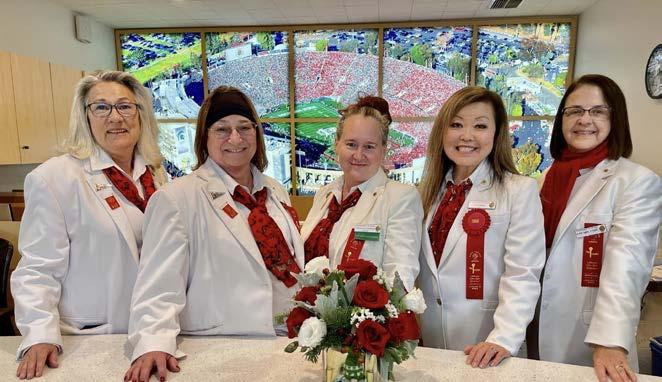
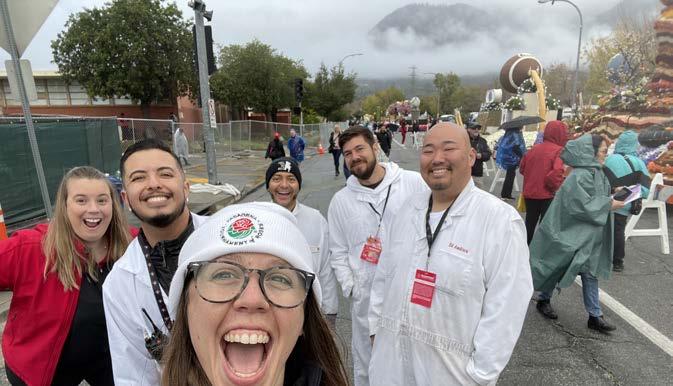
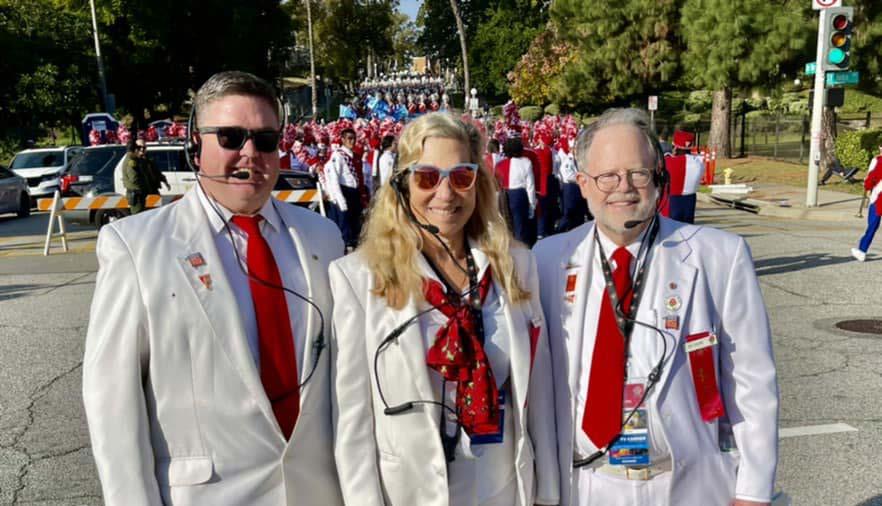
The Association prohibits discrimination and/or harassment by (i) its employees and/or persons with whom Members may come in contact as a part of their Association activities including, without limitation, persons representing affiliated groups and associations, contracting parties, vendors or members of the public (“Third Parties”) against Members, (ii) Members against other Members, or (iii) Members against Third Parties. Without limiting the foregoing, the Association particularly disapproves of Policy violations by Members in positions of authority directed toward more junior Members or Third Parties who are in a subordinate relationship to the Member (e.g., Third Parties who may be asked or expected to follow the direction of “white suiters”).
The Association also prohibits retaliation against a Member, employee or Third Party because that Member, employee or Third Party made a good faith report of a potential Policy violation or is participating in good faith in the complaint or investigation process described in this Policy. The Association maintains and enforces a separate policy on this topic which applies specifically to its employees.
Harassment includes any unwelcome verbal, physical or visual conduct that is based on one of the protected factors listed above and: (1) creates an intimidating, offensive or hostile environment; (2) unreasonably interferes with a Member’s performance of assignments, or an employee’s or Third Party’s work for the Association; (3) otherwise adversely affects a Member’s opportunity to enjoy the benefits of Association membership; or (4) otherwise adversely affects a Member’s performance of Association assignments or activities or an employee’s or Third Party’s work.
Harassing conduct includes but is not limited to any of the following types of conduct that is based on a protected factor listed in this Policy: slurs, negative stereotyping, ethnic jokes, written or graphic material, displaying offensive objects, threatening, intimidating or hostile acts that denigrate or show hostility or aversion towards an individual or group.
Harassment also includes sexual harassment. Sexual harassment includes, but is not limited to, unwelcome sexual conduct which creates a hostile, offensive or intimidating environment for Association volunteer assignments or activities. By way of example and not limiting the scope of this Policy, no Member may engage in or use unwelcome flirtation, advances, or propositions, or any form of verbal abuse or degrading words, words of a sexual nature to describe an individual, or display sexually suggestive objects or pictures, whether or not such actions are intended to be humorous or harmless.
33
Complaint Procedure
Any Member who believes a violation of this Policy has occurred must promptly report, orally or in writing, directly to any one of the following: (1) the Executive Vice President of the Executive Committee (who is Chair of the Governance and Personnel Committee; (2) any Member of the Executive Committee; or (3) the Association CEO.
Fair, Timely and Thorough Investigation
Upon receipt of the complaint, a report will be made to the President of the Association. The person who made the complaint will be promptly notified in writing that the complaint has been received and that a fair and thorough investigation will commence.
An investigation will promptly commence. Depending upon the circumstances, either an internal investigation committee will be formed, or an impartial, outside firm with experience in investigations will be retained to conduct an investigation. If the investigation is internal, it will be conducted by an impartial committee of no fewer than three persons, who will be members of the Governance and Personnel Committee (“the Investigating Committee”). The Investigating Committee will include Members as may be deemed necessary or appropriate, depending upon the nature of the complaint. Such Members must be Directors of the Association and shall be selected by the Governance and Personnel Committee. The Investigating Committee may, in its discretion, also include in the investigation input from such other Committees of the Executive Committee, or Members as it deems necessary or appropriate, depending upon the nature of the complaint.
The Investigating committee or outside firm will make a recommendation to the Governance and Personnel Committee regarding disposition of the complaint. The parties will be informed in writing when the investigation is completed and of the general disposition of the complaint made by the Committee, as soon as reasonably practicable.
Fair, Timely and Thorough Investigation
If the Governance and Personnel Subcommittee finds that a violation of this Policy has occurred, the Association will take remedial action as it deems necessary, up to and including termination of employment or contract, or expulsion of a Member, to prevent further violations.
Option to Report to State or Federal Agencies
A Member has the option to report discrimination, harassment, or retaliation to the California and U.S. antidiscrimination agencies. Contact the U.S. Equal Employment Opportunity Commission at 1-800-669-4000 or the California Civil Rights Department at 909-483-1594.
Confidentiality
The Association, including any Member involved in or aware of the complaint and/or investigation process will maintain confidentiality as to the complaint and all information gathered during the investigation, including written statements and any notes, except for: (1) use for purposes of, or as may be required in connection with, any legal requirements or proceedings, (2) necessary disclosure to the members of the Investigating Committee, outside firm and the Governance and Personnel Subcommittee Members for purposes of recommendations regarding the disposition of the complaint, and, (3) as may otherwise be required by law or in connection with the Association’s annual audit.
If any Member of the Investigating Committee, member of the Governance and Personnel Subcommittee, or any Member responsible for any investigation process violates the confidentiality of complaint or investigation information, such violation shall subject the individual Member to possible disciplinary or other remedial action as determined by the Executive Committee, in its discretion, which remedial action may include, but not be limited to, expulsion of the Member.
If a complaint is made against a Member, all documentation relating to that complaint will be placed in that Member’s file to remain strictly confidential.
34
Member Policies and Procedures continued...
Member Policies and Procedures continued...
No Retaliation
No person will be subject to retaliation for making a good faith complaint under this Policy, participating, or cooperating in an investigation under this Policy, or otherwise opposing conduct prohibited by this Policy.

False Complaint
If the Governance and Personnel Committee determines after investigation that a complaint is based upon intentionally falsified information, the Committee may take remedial steps up to and including: 1) in the case of a Member filing a false complaint, requesting the resignation of the Member, or expelling the Member, or 2) in the case of a third party contractor, termination of the contracting relationship.
Questions
If any Member has any questions regarding this Policy, the Member should direct such questions to (i) in the case of a Member, the Chair of the committee to which the Member is assigned, or (ii) in the case of a Chair or Director, the Executive Vice President of the Executive Committee (Chair of the Governance and Personnel Subcommittee).
Training
All Members are and will be expected, during their time in the Association, to participate in such training seminars as the Association may, from time to time require, which seminars may consider this Policy and the Tournament’s membership policies in detail.
Complete Policy Link
To review the complete Discrimination, Harassment and Retaliation Policy please click here to view the document.
35
Member Policies and Procedures continued...
Insurance
The Association provides liability and workers compensation insurance for all Members, subject to certain exclusions from coverage (including deliberately fraudulent acts or omissions or willful violations of any statutes or regulations).
Automobile insurance is provided by the association and/or the provider of Tournament of Roses vehicles for all official Tournament of Roses vehicles, subject to, among other things, payment of the applicable deductibles. To facilitate auto insurance requirements, all drivers of official Tournament of Roses vehicles will be required to provide an active Driver’s License number and pass a review of driving history.

In addition, the Association’s Bylaws permits the Association to indemnify an agent (such as a volunteer Member) against among other things any claim resulting from that person acting as an agent, if they acted in good faith and in a manner they reasonably believed to be in the best interests of the Association.
In any event, all accidents, injuries and other related matters should be immediately reported on the Incident Report Form and turned into to your Committee Chair as soon as possible.
Social Media
Social media platforms are powerful communications tools. The Association established guidelines when participating in social media and the management of the Association’s social media accounts is the responsibility of the Marketing Communications and Membership Department.
Volunteers should not create Association-branded accounts that may be interpreted as representing the organization. Members who are participating in Association related social media are expected to do so in a manner that support the Tournament of Roses values and Members should refrain from making disparaging, offensive or other unethical comments.
Members should not use social media platforms to disclose information that is financial, operational, or legal in nature, or that pertains to Association partnership activities without express written permission.
36
Member Policies and Procedures continued...
Solicitation Policy (Member Roster)
The Pasadena Tournament of Roses Association annually provides a roster of Members and select contact information on the Member website. Members should expect that their personal information remains private and is only used for Association business.
The Tournament of Roses Associations provides a list of all Active and Honorary Members on the Member website. The roster also has listing of Members by committees. Included on the roster is the Member phone number and email, this list, or roster of information is provided for Member use only and is not to be used outside of the Association for other personal or business purposes or other purposes of solicitation.
The rosters are not to be used by any individual, agency or organization to solicit the Tournament of Roses Membership, for any purpose, except by written permission of the Executive Committee.
Complete Policy Link
To view the complete Solicitation Policy, please click here to view the document.
Ticket Sales/Resale Policy
The Pasadena Tournament of Roses Association may offer the purchase of and/or a complimentary Rose Bowl Game ticket (s) or other event tickets to the volunteer Members annually dependent upon the availability of such tickets. These tickets are intended for Member use and enjoyment.
Compliance with the Ticket Sales/Ticket Resale Policy: ensures that Members are aware that the Association expects that Game and other event tickets are not for resale purposes and are for Members personal and/or professional use and enjoyment.
As is stated in section 2.3.5 of the Association By-Laws, the Executive Committee of the Association determines the privilege that each class of membership has to purchase tickets to the New Year’s Rose Bowl Game, a College Football Playoff Game at the Rose Bowl, or other games affiliated with the Rose Bowl Game or College Football Playoff subject to the availability of such tickets.
Except as contractually agreed upon, volunteer and staff members are prohibited from knowingly selling any Tournament of Roses event ticket for any price above the tickets face value.
Members are prohibited from knowingly selling or otherwise providing tickets to third parties with knowledge by said member that said third party intends to sell any event ticket for above its face value.
Donations by volunteer and staff members to charitable organizations for fundraising purposes are exempted from the policy prohibition.
37
Member Policies and Procedures continued...
Whistleblower Policy
The Pasadena Tournament of Roses Association (the “Association”) is committed to maintaining an effective internal control environment to detect and to prevent or deter improper activities. Effective internal controls can also ensure the accuracy of the Association’s financial reporting and related disclosures. However, even the best systems of internal control cannot provide absolute safeguards against irregularities. Intentional and unintentional violations of laws, regulations, policies, and procedures may occur, and the Association has a responsibility to investigate and address allegations of suspected fraudulent, wrongful or improper activities.
This “Whistleblower Policy” serves to document the procedures the Association will employ in addressing reports of suspected fraudulent, wrong, or improper conduct of any of the Association’s directors, officers, members and employees (herein referred to as “Association Personnel”); as well as suspected wrongdoing or complaints related to the Association’s accounting, internal controls, auditing, or financial reporting matters. For purposes of this program, an Association Personnel who reports alleged wrongdoing or improper conduct is defined as a “Whistleblower”. Association Personnel are encouraged to use the guidance provided by this program for reporting such conduct or complaint.
Association Personnel may report allegations of suspected fraudulent, wrongful or improper conduct, including allegations reported to Association Personnel by outside parties. Reported allegations may be reported anonymously.
Any outside source, including accountants, vendors, etc. may report allegations. Reported allegations may be reported anonymously.
Reports are highly encouraged to be made in writing to assure a clear understanding of the issues being raised, but they may be made orally. Such reports should contain as much specific information as possible, including name(s), dates, places, events, Association Personnel’s perception of why (s)he suspects the fraudulent, wrongful, or improper conduct, or wrongdoing in accounting, internal controls, auditing or financial reporting.
Association Personnel who suspect fraudulent, wrongful, or improper conduct of Association management or other Association Personnel should immediately report such suspicions or allegations to the Treasurer, Executive Director/CEO, Audit Subcommittee Chair or HR Consultant.
In the event the suspected wrongdoing or improper conduct is being perpetuated by the Executive Director/ CEO or Treasurer of the Association, or involves complaints relating to accounting, internal controls, auditing, or financial reporting matters, the matter is to be reported to the Audit Subcommittee Chairperson.
Reports to the Audit Subcommittee may be made in person; via email to the Audit Subcommittee Chairperson; or by sending a written report to:
Audit Subcommittee Chairperson
Tournament of Roses Association
391 S. Orange Grove Boulevard Pasadena, California 91184
38
Member Policies and Procedures continued...
Whistleblower Policy continued...
Reports to the Audit Subcommittee may be made in person; via email to the Audit Subcommittee Chairperson; or by sending a written report to the Audit Subcommittee Chairperson, Tournament of Roses Association, Pasadena, California 91184.
Any Association Personnel who knowingly reports or makes false allegations of wrongful conduct or improprieties shall be subject to discipline, up to and including termination of employment or membership, as applicable.
Confidentiality of the Whistleblower’s identity, the nature of the report, and the suspected person’s identity will be maintained to the extent possible. Oral reports should be documented by the person receiving the report.
Allegations or complaints reported to the Executive Director/CEO, Treasurer or Human Resources Consultant
The person receiving the report should assess the allegations to determine whether they pertain to Association Personnel-related matters; to internal fraud; or to accounting, internal controls, or financial reporting matters.
Association Personnel-related matters and internal fraud allegations are to be investigated by the HR Consultant or Treasurer, respectively. The HR Consultant or Treasurer will advise the Audit Subcommittee Chair of any internal fraud allegations or appropriate Committee on other allegations.
Allegations pertaining to fraudulent, wrongful, or improper conduct involving the Executive Director/CEO or Treasurer of the Association or complaints relating to accounting, internal controls, auditing, or financial reporting matters are to be forwarded to the Audit Subcommittee Chairperson.
An investigation will be conducted, respecting the confidentiality of the Whistleblower and the suspected party(ies) to the extent possible.
Allegations or complaints reported to the Audit Subcommittee Chair
The Audit Subcommittee Chairperson, or his or her designee, is responsible for overseeing the investigation of allegations pertaining to fraudulent, wrongful, or improper conduct involving the Executive Director/ CEO and/or Treasurer of the Association, or complaints relating to accounting, internal controls, auditing, or financial reporting matters.
The Audit Subcommittee has the responsibility to oversee, document and investigate all Whistleblower allegations reported to the Committee or its Chairperson. Investigators (either internal or external) will be designated by the Audit Subcommittee Chairperson and can include Members of the Audit Subcommittee, the Executive Director/CEO, the Treasurer of the Association or an outside party.
If a complaint is lodged against the Executive Director/CEO or Treasurer, an independent outside party should be considered to conduct the investigation under the direction of the Audit Subcommittee and/or Board of Directors. The Audit Subcommittee should designate someone other than a person who reports directly to the Executive Director/CEO or Treasurer to coordinate information for the investigation and/or investigators. All fees for Whistleblower investigations charged by outside parties should be detailed in an engagement letter to be approved by the Executive Committee and signed by the Audit Subcommittee Chairperson.
39
Member Policies and Procedures continued...
Allegations or complaints reported to the Audit Subcommittee Chair continued... Each report received by the Audit Subcommittee is to be entered into a tracking log that will be used in the investigation and reporting of the allegation. The tracking log will be maintained by the Chief Financial Officer (CFO) unless the report received relates to the CFO in which case a separate log for any CFO reports will be maintained by the Executive Director/CEO. Access to files and reports is to be restricted.
An investigation will only be conducted if the allegation information is sufficiently specific and contains adequate corroborating evidence to warrant an investigation or as required by law. The need for confidentiality of all participants in the investigation must be honored to the extent possible.
Investigators must be competent, trained, independent, unbiased, objective, and ethical, and observe legal and professional standards. Any outside party used must present a letter that includes the scope of work to be performed as well as a fee for the work. Use of an outside consultant to perform an investigation should be approved by the Audit Subcommittee and Executive Committee.
If the identity of the Whistleblower is known and to respect the privacy of the suspected party, only a general acknowledgment regarding the receipt of the allegations will be reported to the Whistleblower.
Investigation of Suspected Party(ies)
The suspected party(ies) of a Whistleblower investigation have the right to consult with a person or persons of their choice. This may involve representation, including legal representation.
The suspected party(ies) has a responsibility not to interfere with the investigation. They are not to withhold, tamper, or destroy evidence or influence, coach or intimidate witnesses. They must be given the opportunity to respond to material points of evidence contained in an investigation report.
Reporting requirements of a Whistleblower Initiated Investigation to the Audit Subcommittee At the conclusion of a Whistleblower investigation, a written report that provides the findings of the report, including a summary of the evidence gathered and a conclusion as to whether or not the allegations are substantiated is to be completed and logged into the Audit Subcommittee’s tracking system.
The tracking system documenting all Whistleblower allegations to the Audit Subcommittee and the actions taken to resolve them will be reviewed by the Audit Subcommittee at least quarterly, and subsequently to the Board through the Audit Subcommittee’s reporting.
Records of whistle blowing complaints, investigations, and reports are to be retained according to the Association’s record retention policy.
Program Monitoring
The Audit Subcommittee is responsible for monitoring the effectiveness and compliance of the Whistleblower Policy.
This Policy is to be reviewed at least annually by the Audit Subcommittee and changes made as necessary.
40
Member Policies and Procedures continued...
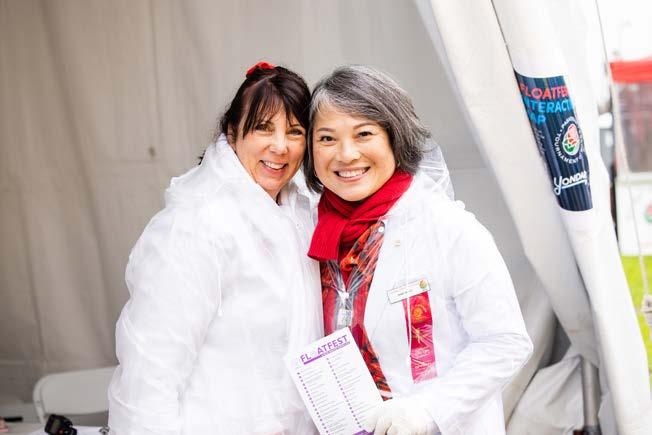
Non-retaliation
No adverse personnel action will be taken against an Association Personnel, nor will retaliation against such person be tolerated, for the disclosure of information the Association Personnel made in good faith believing that their complaint involved the following, but not limited to:
• A violation of any law.
• Gross mismanagement.
• An abuse of authority.
• Fraudulent or dishonest conduct.
• A breach of internal controls.
• Improper or fraudulent accounting, auditing or financial reporting.
The Association will not retaliate against an Association Personnel because the Association Personnel is a family Member of a person who has engaged in protected whistleblowing activities.
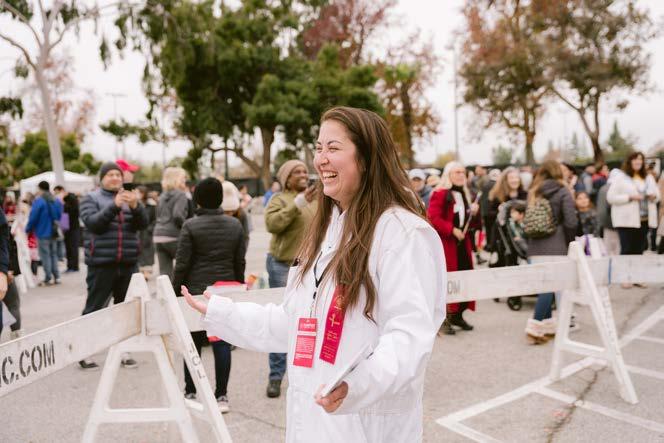
No supervisor, manager, or any other Association Personnel with authority to make or materially influence significant personnel decisions shall take an adverse personnel action against another Association Personnel in knowingly retaliating for disclosing alleged wrongful conduct or improprieties. Any Association Personnel found to have so violated this procedure shall be disciplined, up to and including termination of employment in the case of an employee or termination of membership in the case of a volunteer.
Complaints of alleged retaliation are to be directed to the person that the Whistleblower complaint was first reported to, i.e. the Executive Director/CEO, Treasurer of the Association or the Audit Subcommittee Chairperson.
Results of Investigation
If, because of the investigation, an Association Personnel is found to have committed fraudulent, wrongful or improper conduct, the matter will be forwarded to the Association’s Governance and Personnel Committee for appropriate action.
Complete Policy Link
To view the complete Whistleblower Policy please click here to view the document.
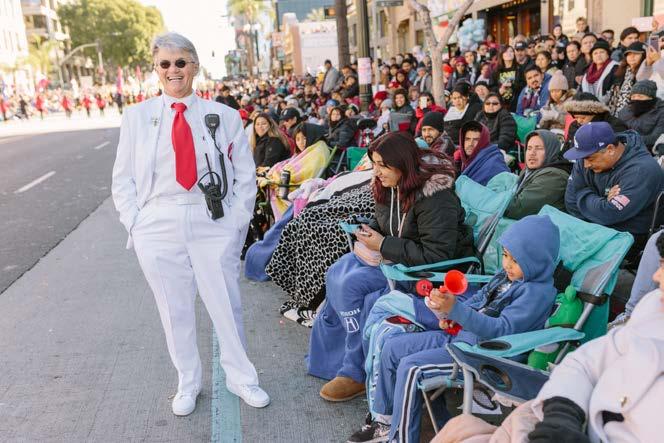
41
Member Policies and Procedures continued...
Criminal History Background and Motor Vehicle Record Check Policy
In an effort, to create the safest environment for our Members, volunteers, staff, guests and the general public, the Tournament of Roses Association (“Association”) has chosen to implement a Criminal History Background and Motor Vehicle Record Check Policy.
Compliance with this policy ensures that Members and volunteers are aware of the expectations and requirements set forth by the Association.
In order to safeguard our Members, volunteers, staff and guests all Association Members will be required to participate in a criminal history background check. In addition, any Members whose assignments or activities necessitate the driving of an “Official” vehicle, as defined below, either as part of their committee assignment or on their personal time, must allow the Association permission to run their motor vehicle record, as a condition of driving an Official vehicle.
Criminal History Background Checks
Individuals who are interested in volunteering for the Association must agree to participate in a criminal history check when applying for membership as a condition of membership. Results of this criminal history check will be shared with the Chair of the Membership Subcommittee and the Membership Services Lead.
At least every five years, each Member of the Association will participate in a criminal history background check. Results of this criminal history background check will be reviewed by and shared with the Chair of the Membership Standing Subcommittee. This requirement will be facilitated by the Membership Services lead.
Any criminal record returned by a database provider (with a disposition date in the last seven 7 years will be reported to the Chair of the Membership Standing Subcommittee. Outcomes of a negative criminal history background check will be determined by the Chair of the Membership Standing Subcommittee.
Motor Vehicle Records Check
Any Member who will be driving an “Official” vehicle either as part of their committee assignment or on their personal time, must allow the Association permissions to run their motor vehicle record. “Official Vehicles” include those vehicles provided by the official vehicle sponsor through the Transportation Committee, the Association’s Pool Vehicle, or any vehicles rented by an Operating Committee for use by a committee Member as part of their assignment.
The motor vehicle reports are facilitated by an insurance carrier, who determines if the individual is eligible to be a driver for an Official Vehicle. Negative findings from the insurance company will be shared with the Chair of the Transportation Committee who, working with their Executive Committee Coordinator, will notify the individual. A “negative” motor vehicle report is a driving record that includes one or more moving violations, driver’s license points, accidents, or serious charges such as DUI or hit-and-run. In order to safeguard our Members, volunteers, staff and guests all Association Members will be required to participate in a criminal history background check.
In addition, any Members whose assignments or activities necessitate the driving of an “Official” vehicle, as defined below, either as part of their committee assignment or on their personal time, must allow the Association permission to run their motor vehicle record, as a condition of driving an Official vehicle.
42
Member Policies and Procedures continued...
Working with Minors Policy
The Pasadena Tournament of Roses Association (“Association”) sponsors events and programs that involve minors. In an effort to protect our Members and any minors working under their direction, the Association has established requirements for Members of the Association working with minors.
Compliance with this Policy ensures that Members are aware of the Association’s expectations.
In order to safeguard all minors participating in and supporting events sponsored by the Association, all Association Members participating in programs where minors are entrusted into the care of the Association shall receive education and training appropriate to their assignments, participate in criminal history checks, and share other records requested by the Association prior to working with said minors. The purpose of these requirements is to prevent child sexual abuse and address the safety of minors in our programs.
Members of the following committees and their Executive Committee Coordinators have direct supervisory authority over minors: the Queen & Court, Coronation/VIP Tailgate, Student Ambassador, Music and Tournament Entries committees. As a condition of participating in these committee assignments or other duties, Members involved with programs where minors are entrusted to the Association shall be required on an annual basis to:
1. Obtain a criminal history background check to be sent directly to the Association.
2. Members who will be responsible for driving minors to and from Association-sponsored events shall allow the Association permission to obtain their motor vehicle record.
3. The names of Members working with minors shall be run through the United States National Register of Sex Offenders Public Website and local sex offender registries.
Results of these criminal history checks will only be shared with the Executive Director/CEO and/or the Chair of the Membership Standing Subcommittee. Any Members who do not want to comply with these requirements shall have the option of refusing any assignment requiring them to work with minors and Members will be reassigned to another committee.
Association Must Approve Participation The Association reserves the right to refuse the participation of any Member in programs where minors are entrusted into the care of the Association based on the results of the criminal history background check, motor vehicle record or search of any sex offender registry.
Complete Policy Link
To view the complete Working with Minors Policy please click here to view the document.
43
Member Policies and Procedures continued...
Working with Minors Policy continued...
Standards of Conduct Members who supervise minors must follow the following standards of conduct:
• Follow the “Standards of Conduct Policy for Tournament Volunteers” by using a professional demeanor, being courteous and proactively resolving conflicts, being honest and trustworthy, and using good judgment.
• Report any suspected incidents of child abuse.
• To the greatest extent possible, complete assignments involving contact or supervision of minors in the presence of at least two other adults. Actively avoid being alone with any minor at any time.
• Lead by example by following the highest standards of integrity and leadership.
• Do not consume any substance, including alcohol, that could impair conduct or judgment when the Member has any responsibility for supervising minors.
Other committee may have indirect supervisory authority over minors and are covered by the Criminal History Background and Motor Vehicle Record Check Policy.
Complete Listing of Association Policies
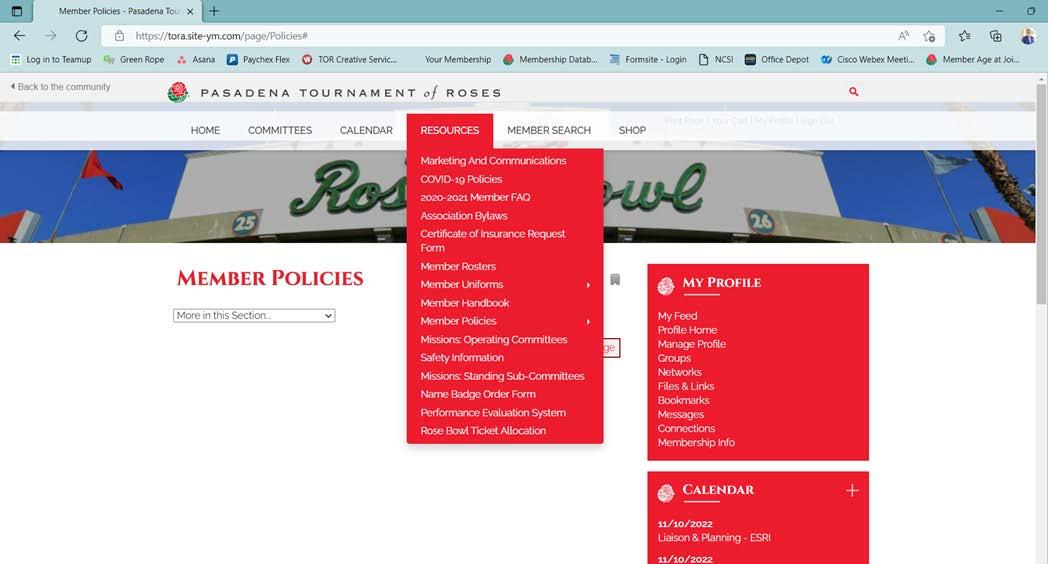
All policies and procedures of the Association may be found on the Member website. To access the documents please sign into the Member website. Select the Resources tab, from there you may review all other policies.
Need Assistance?
Please contact Member Services: membership@tournamentofroses.com 626-449-4100
44

Notes
Notes
46



































































































